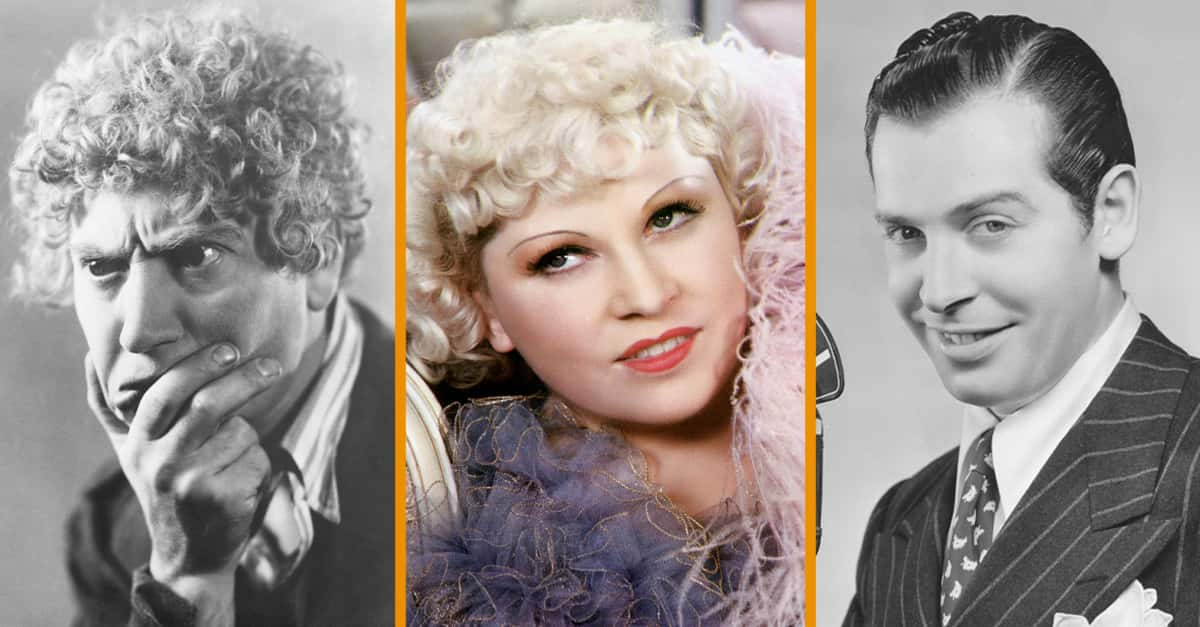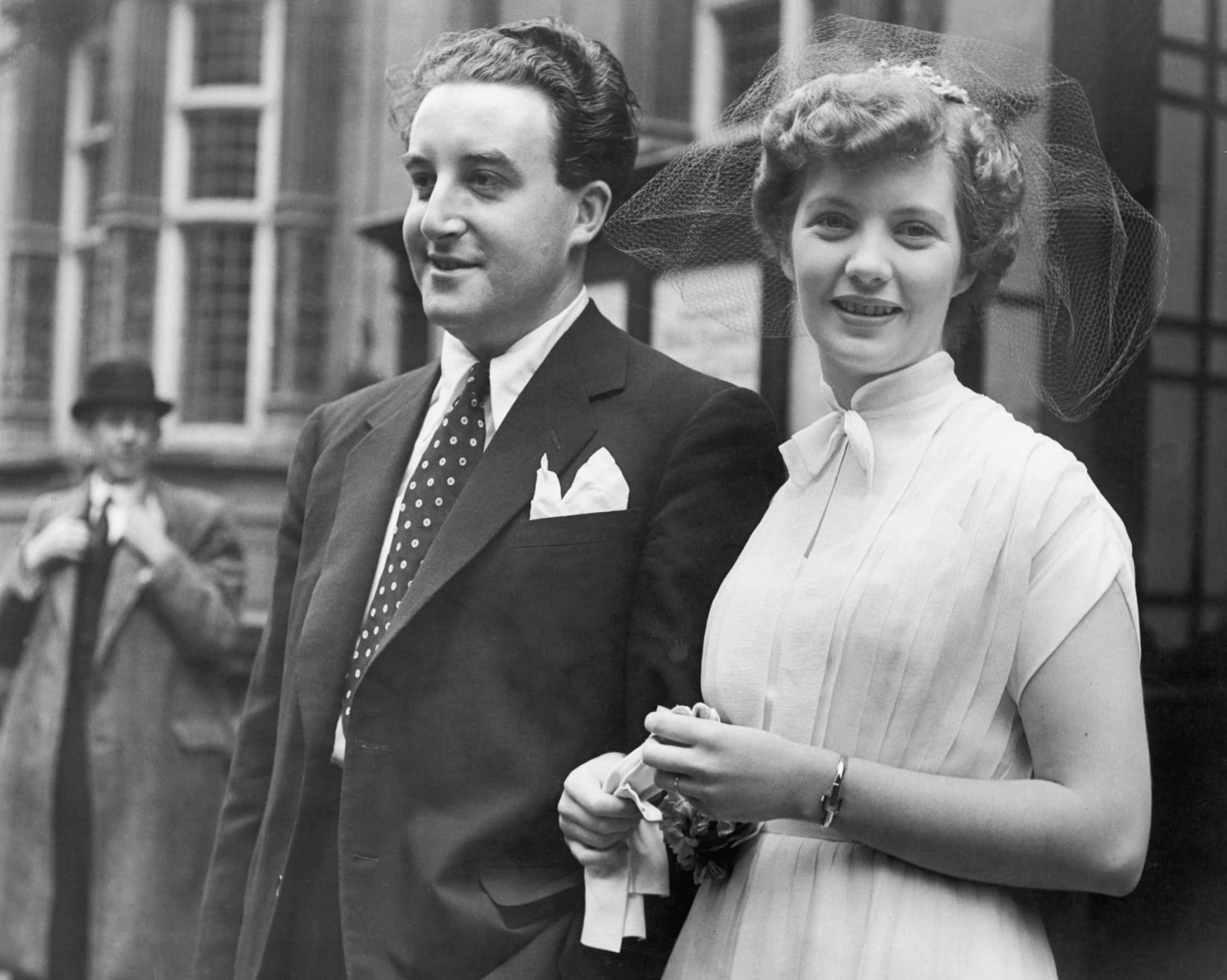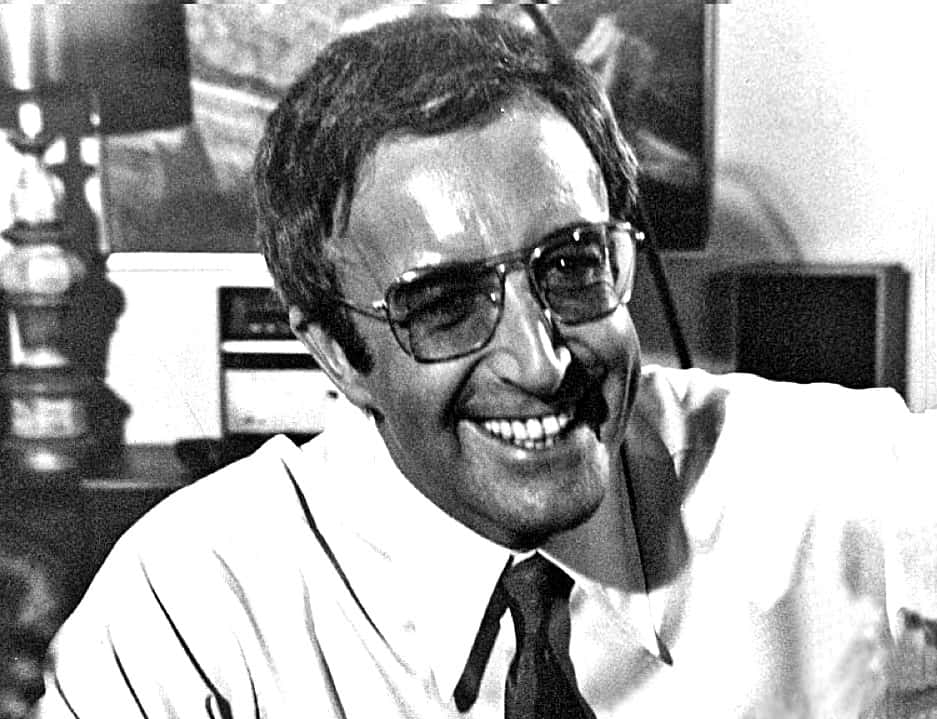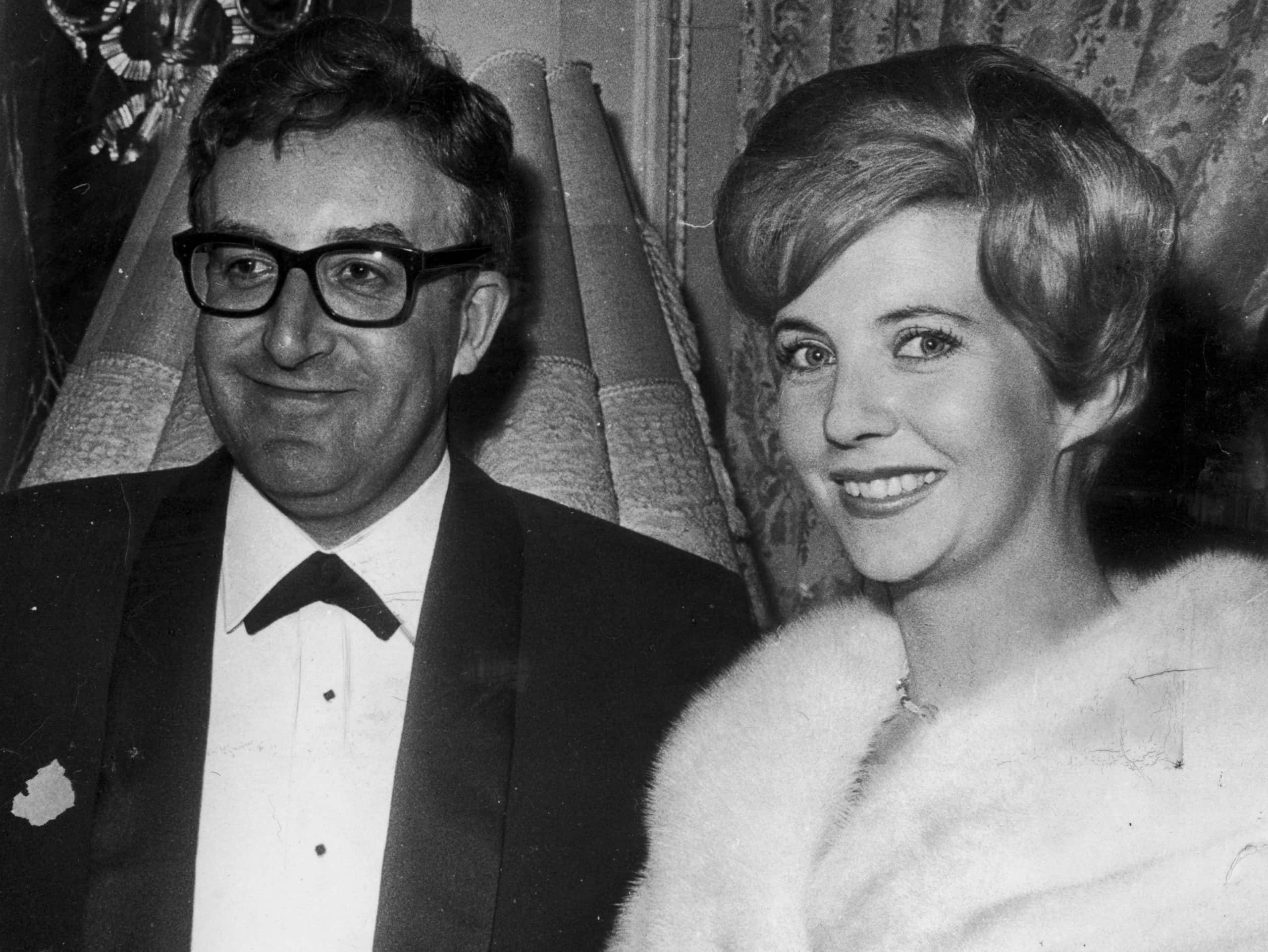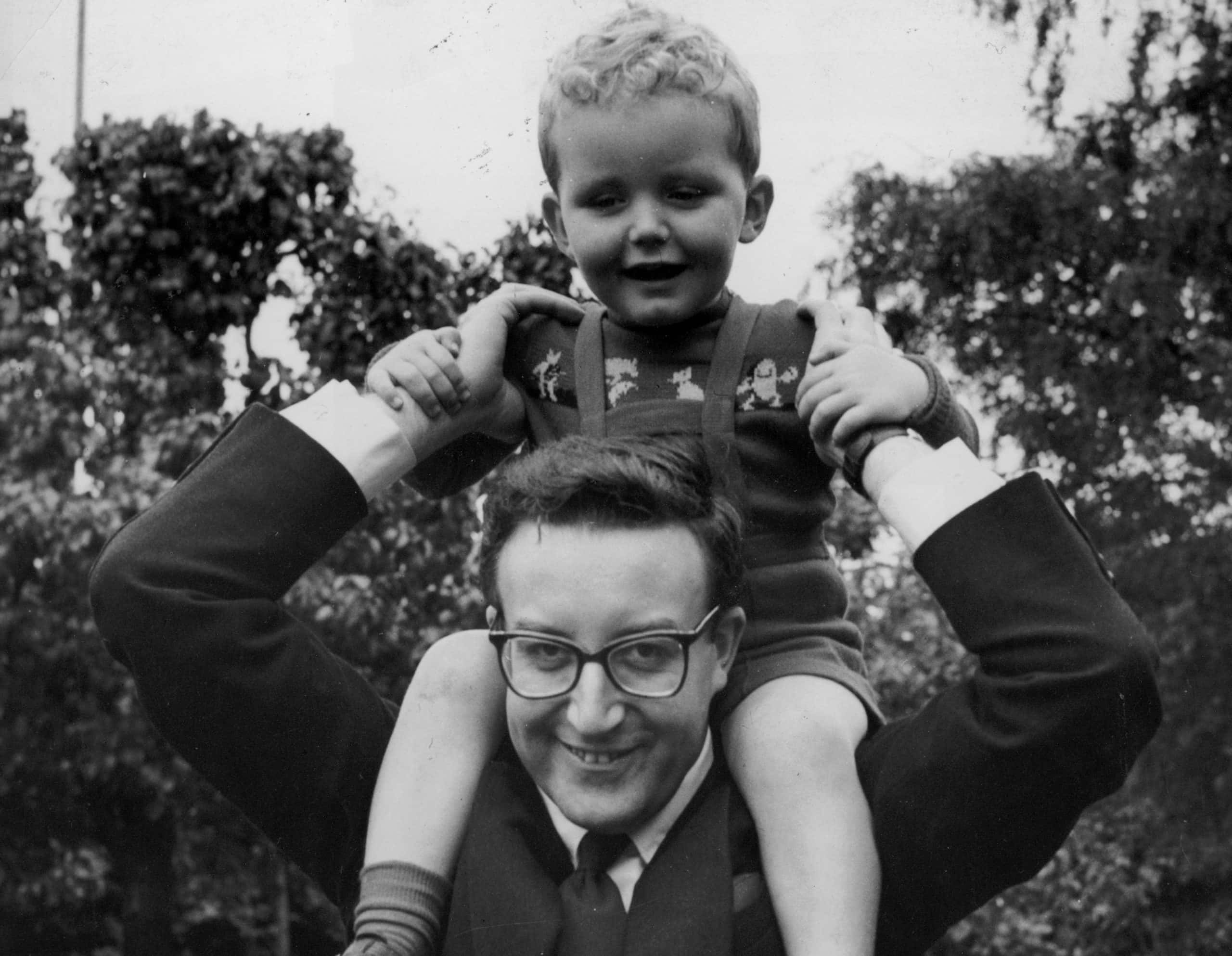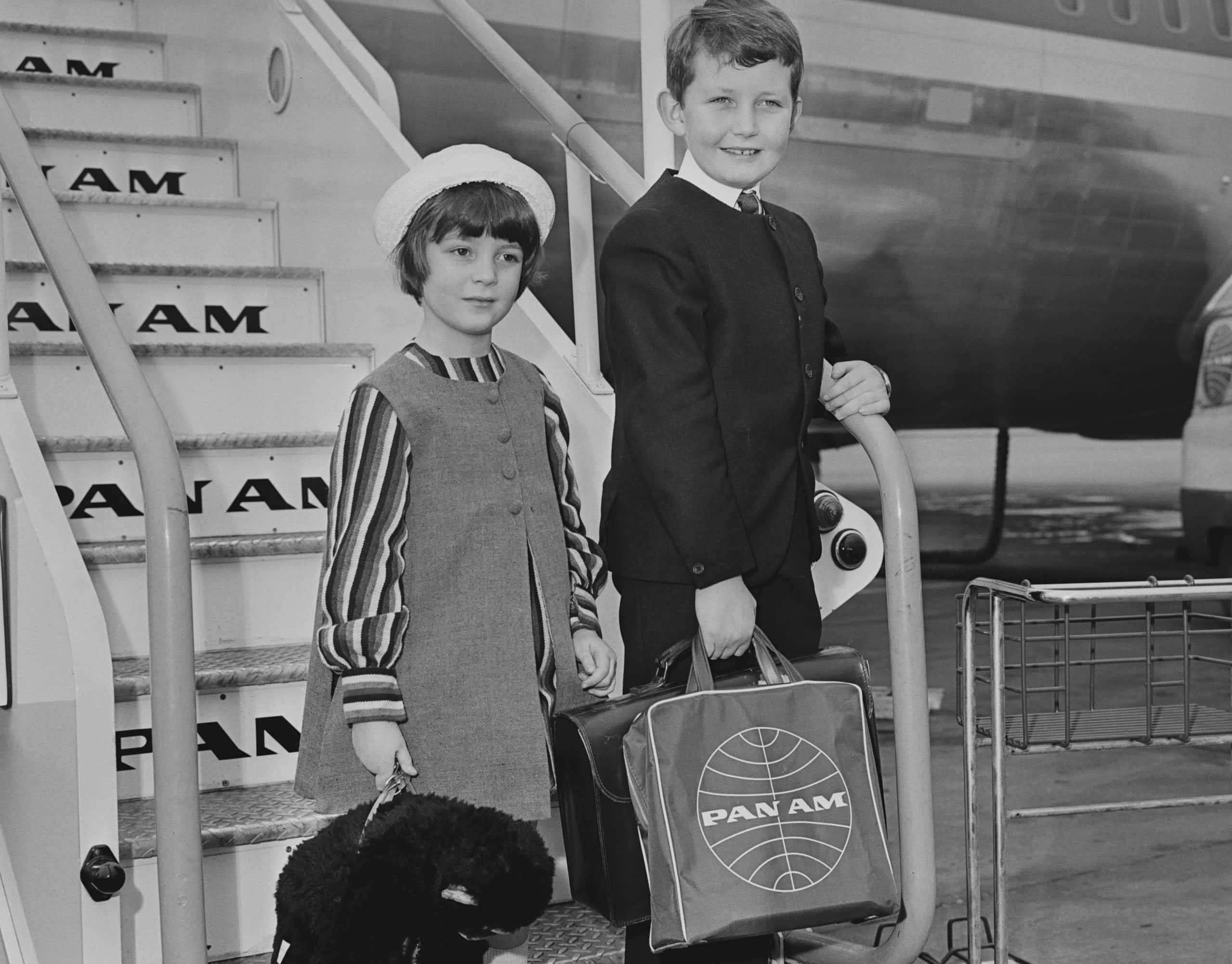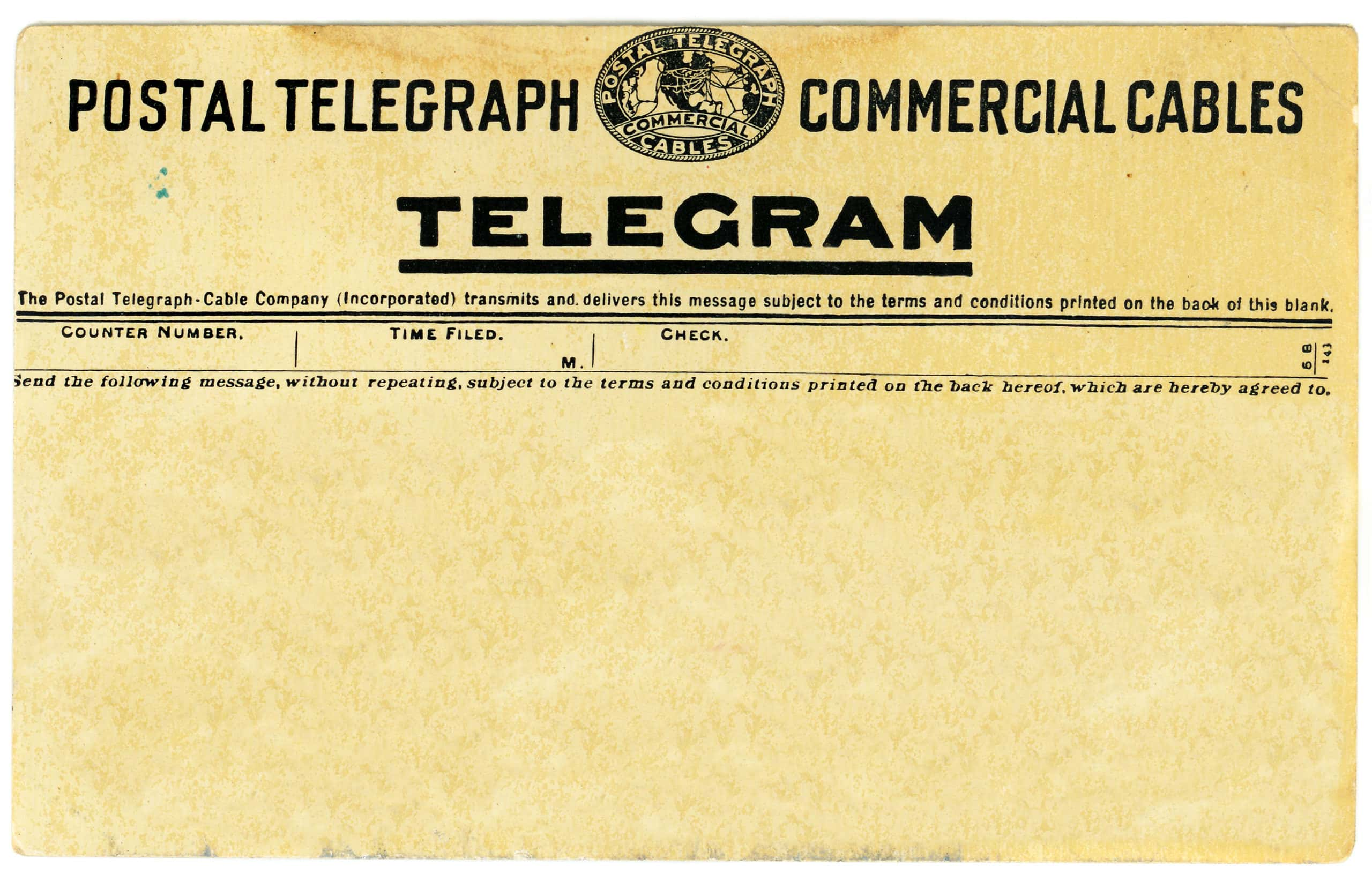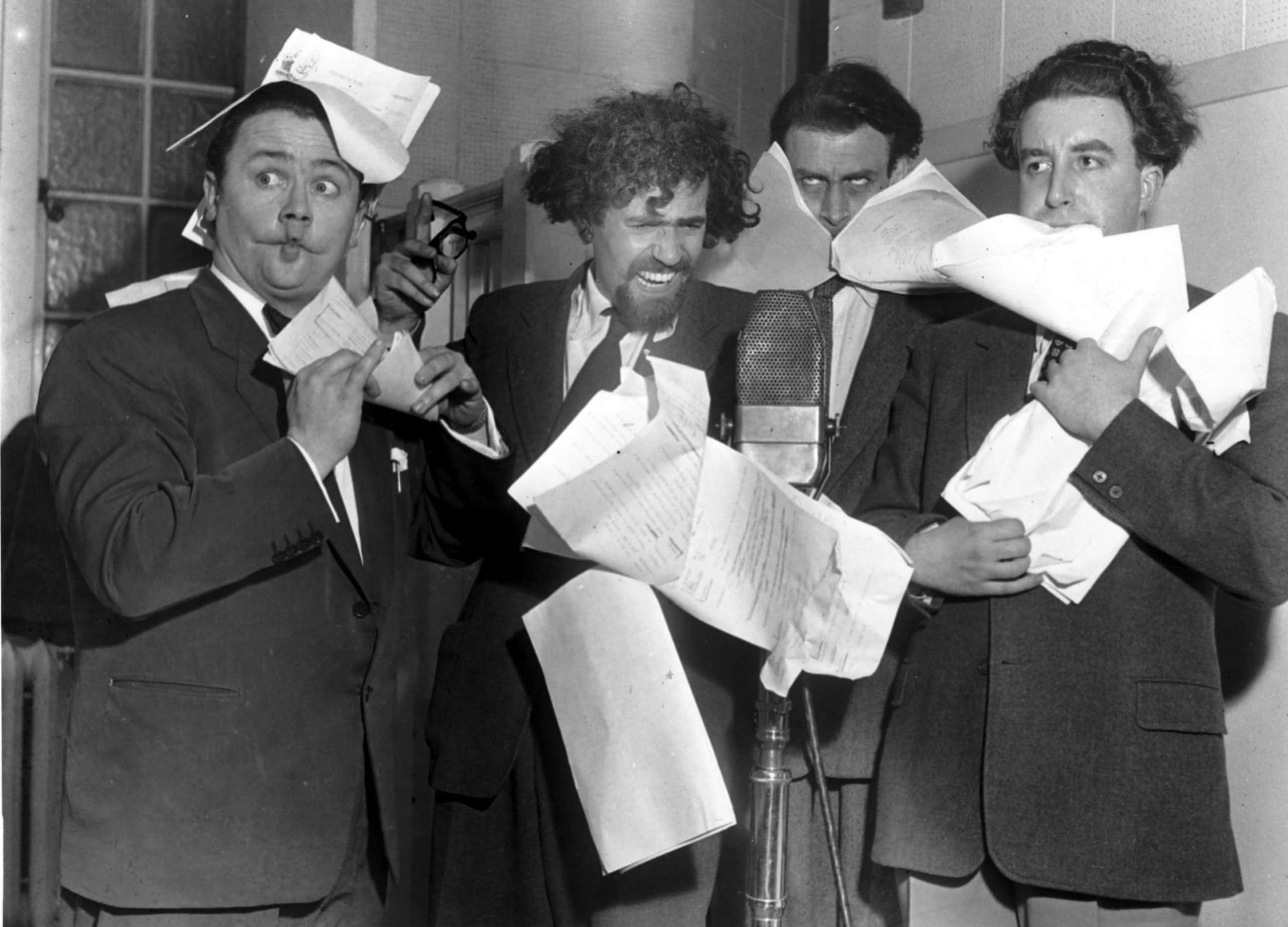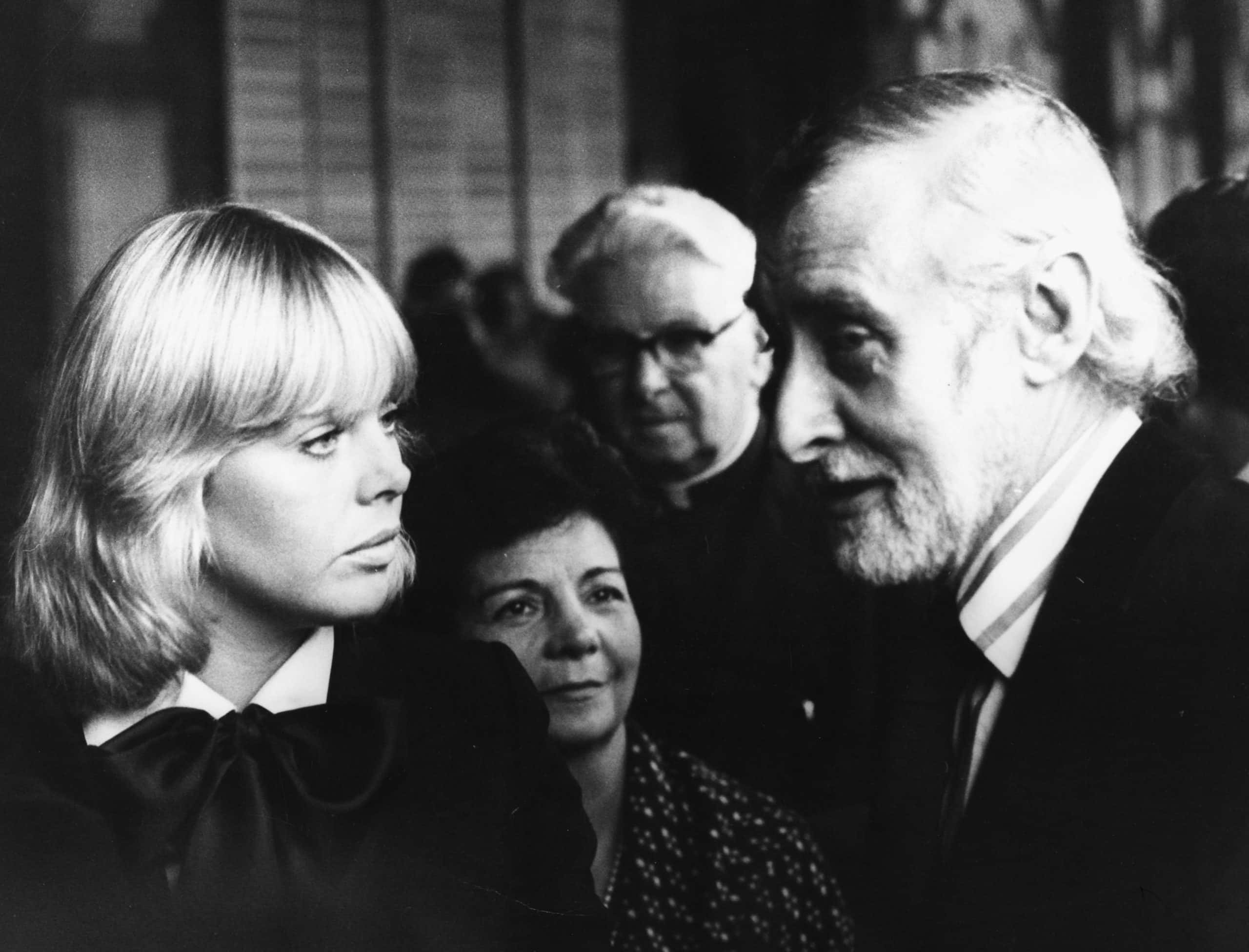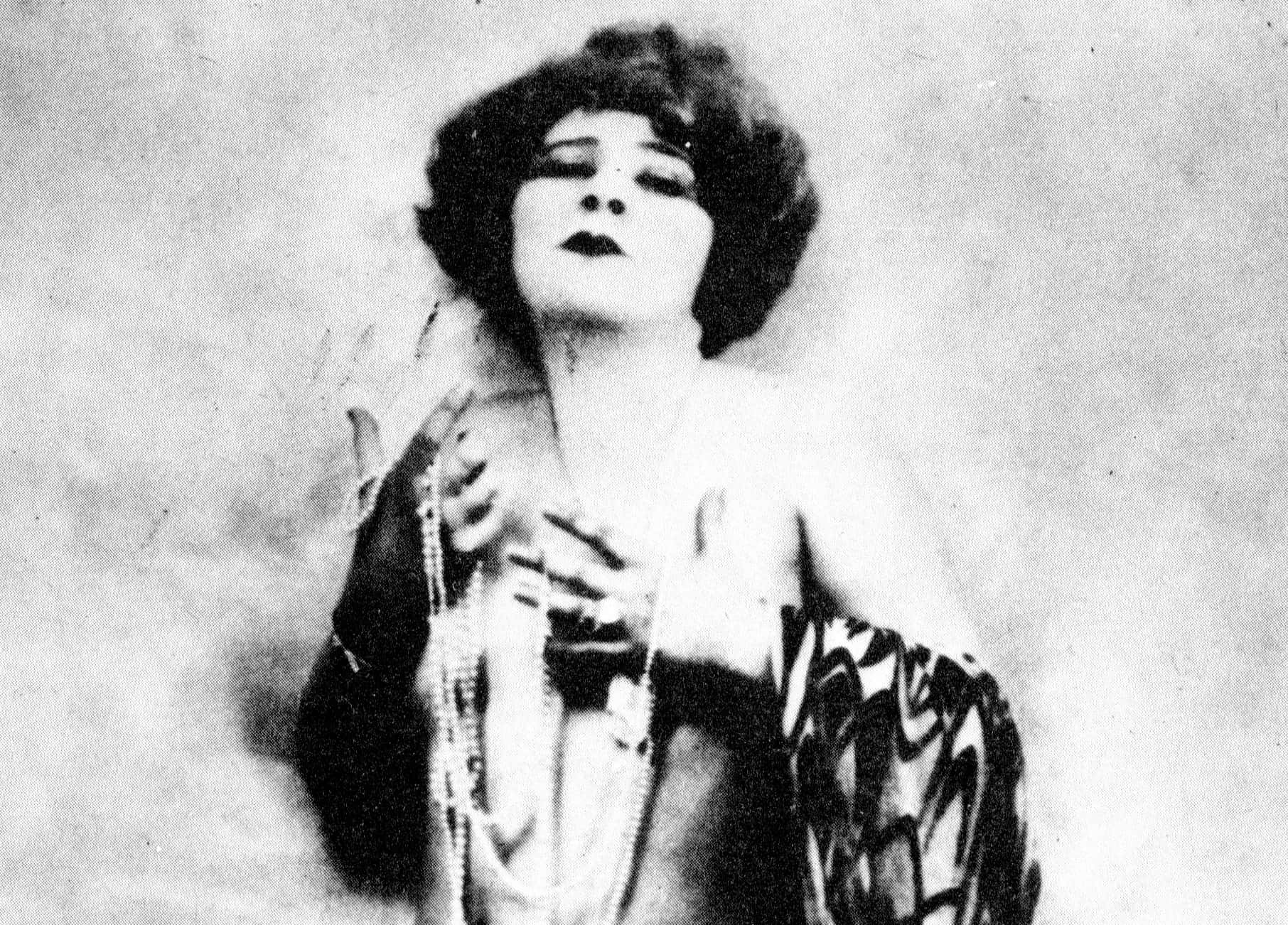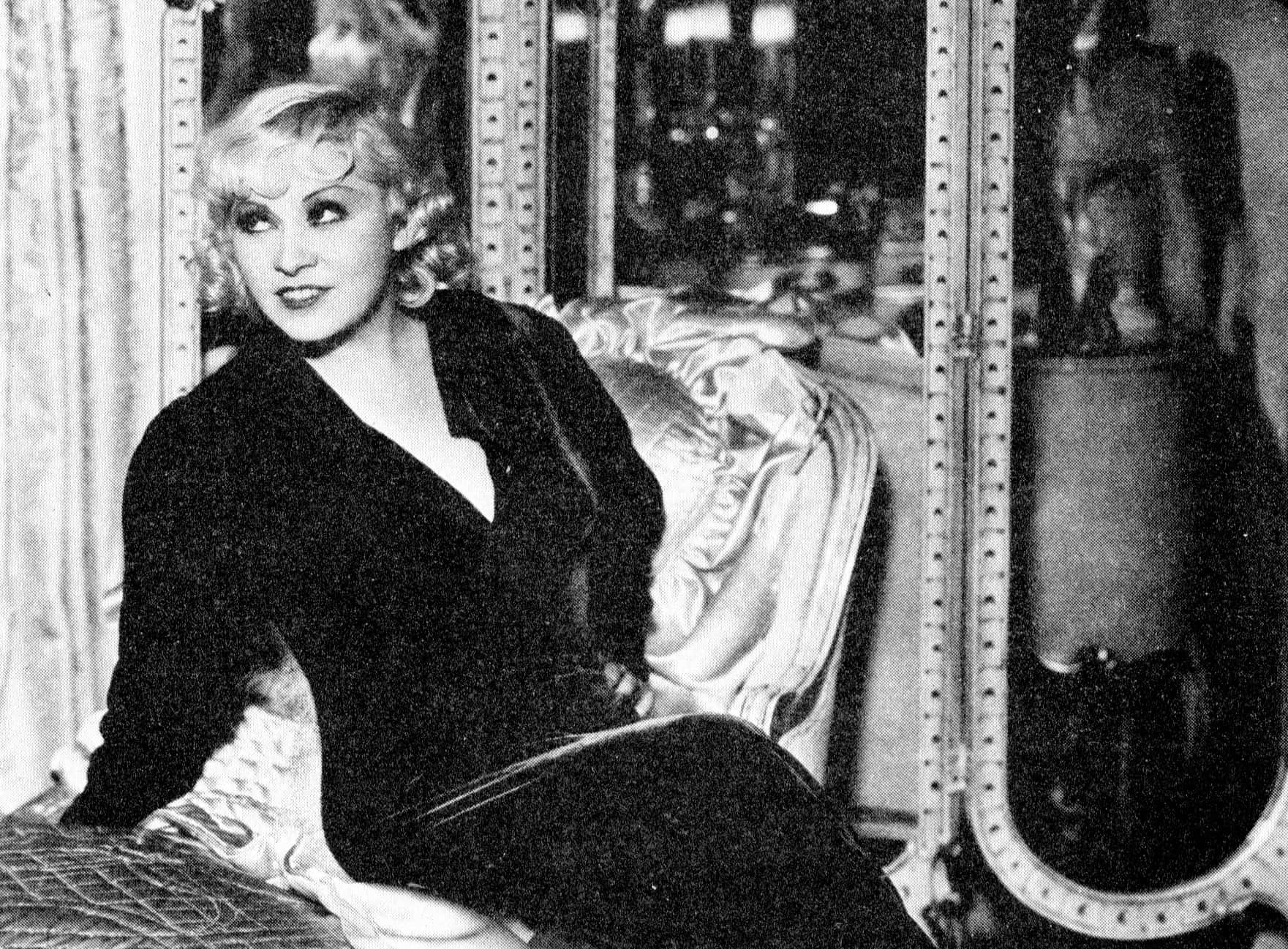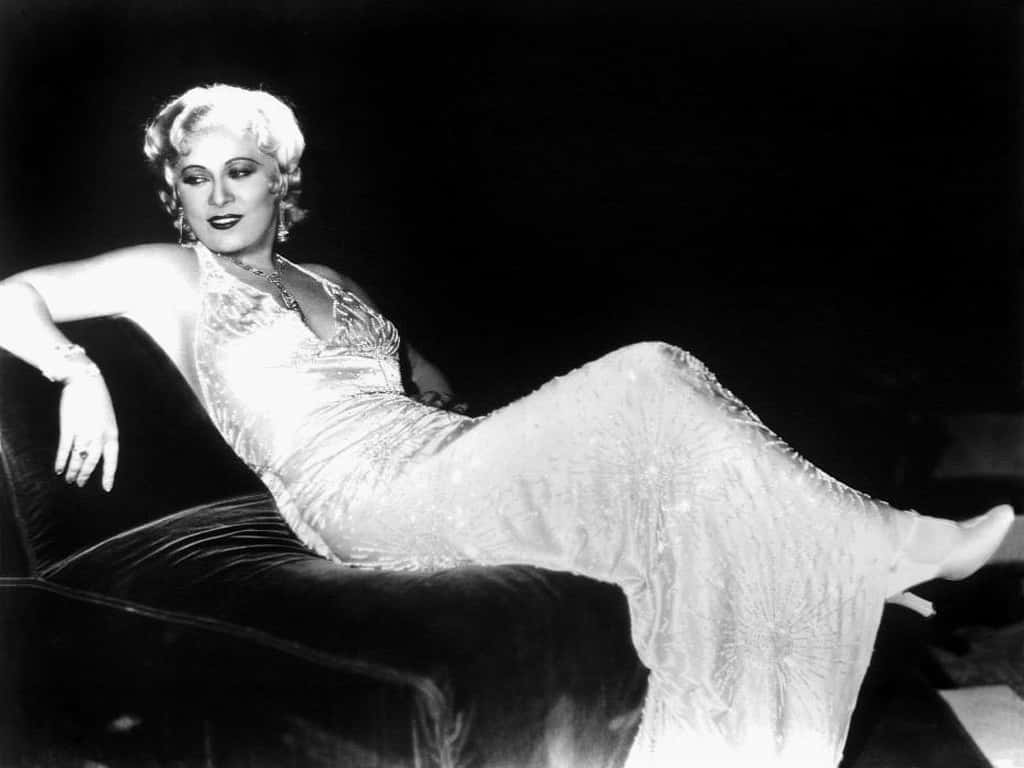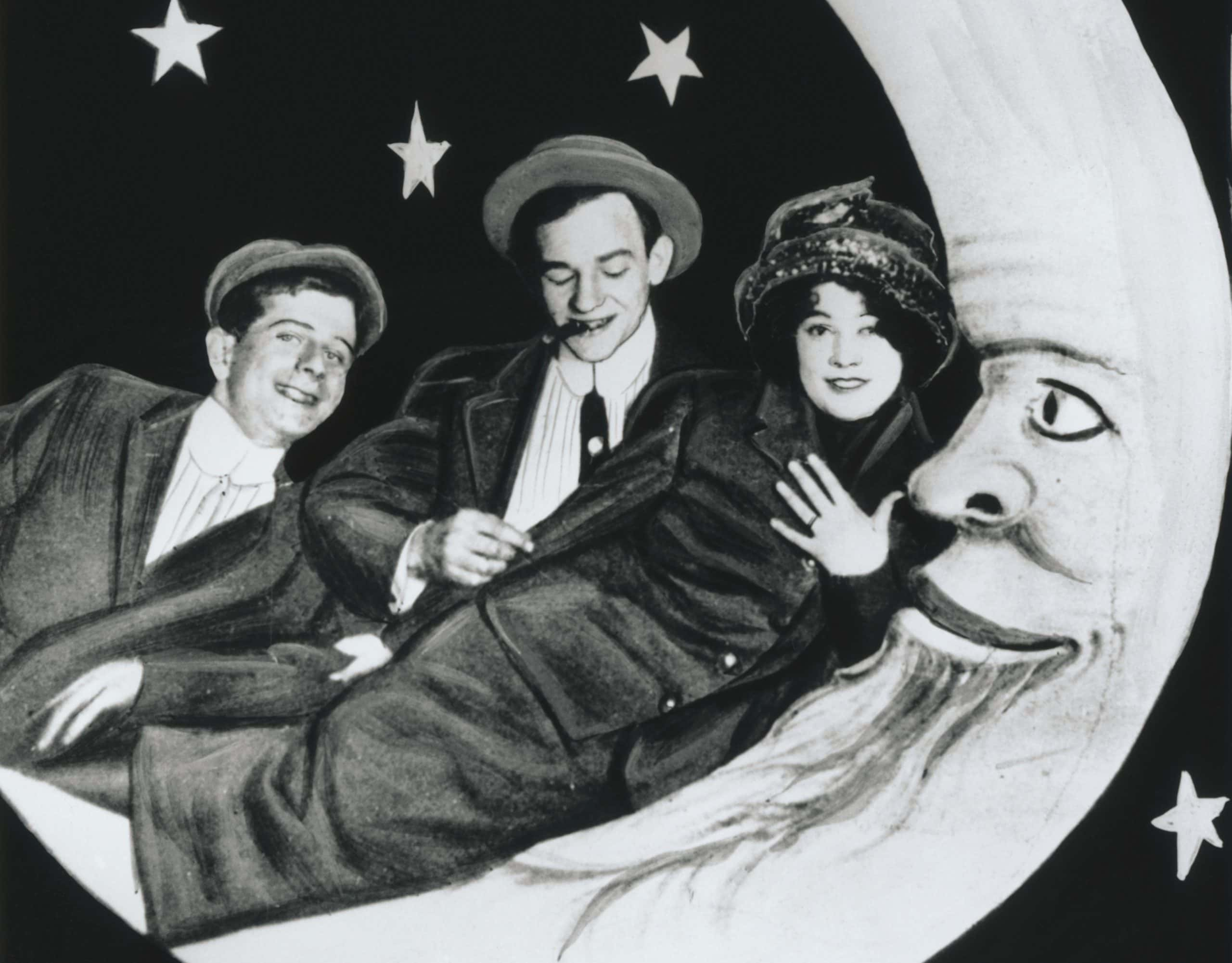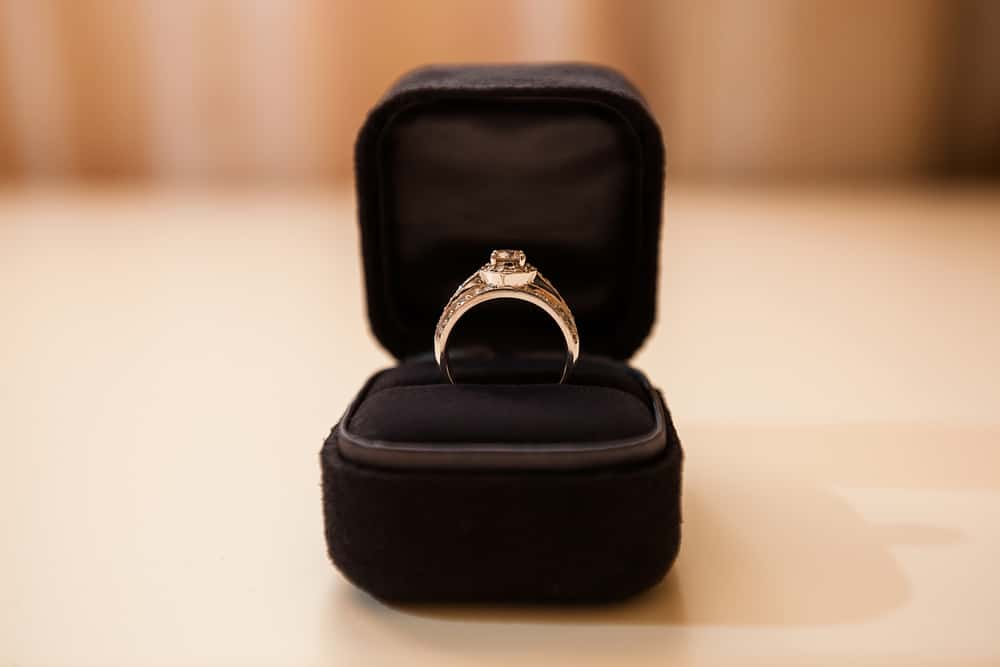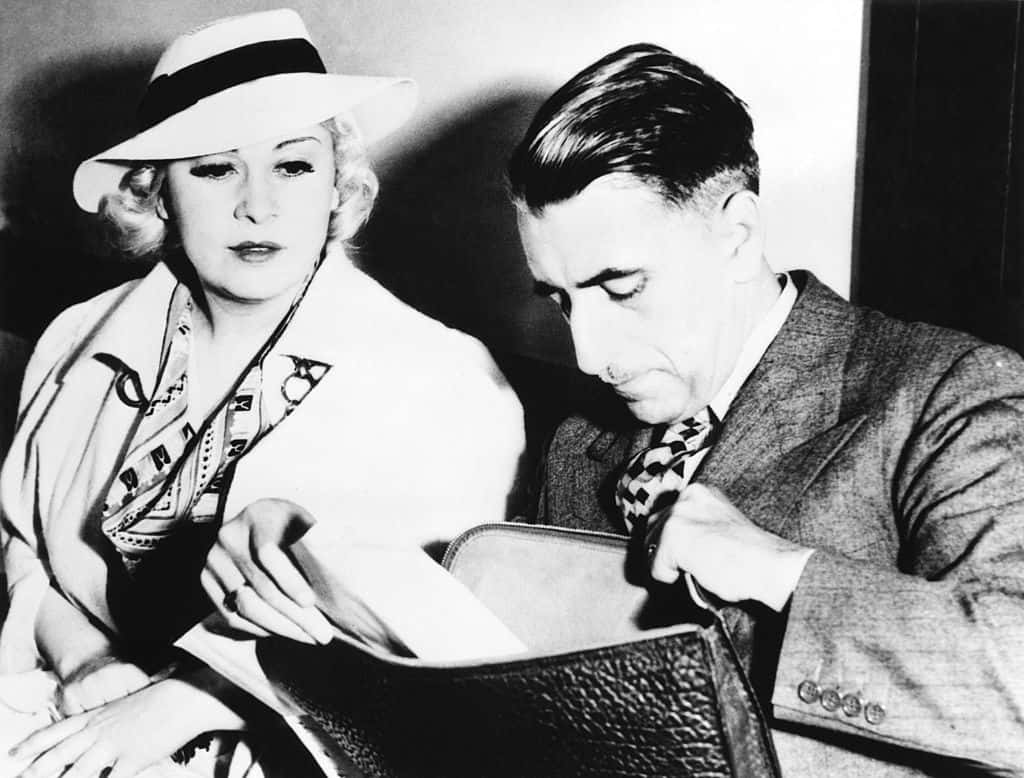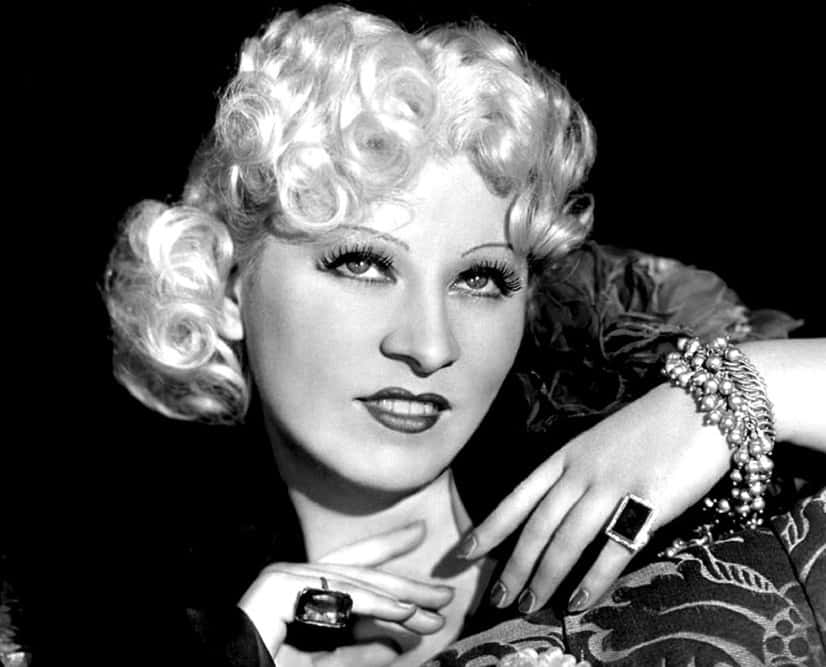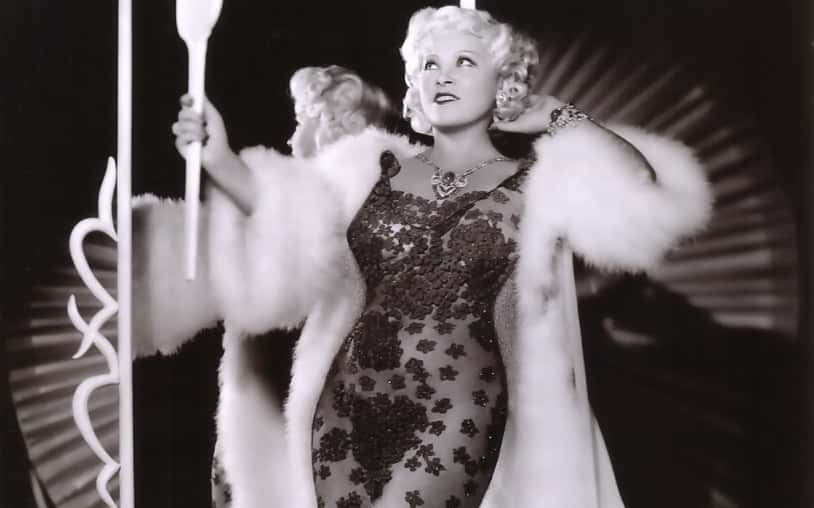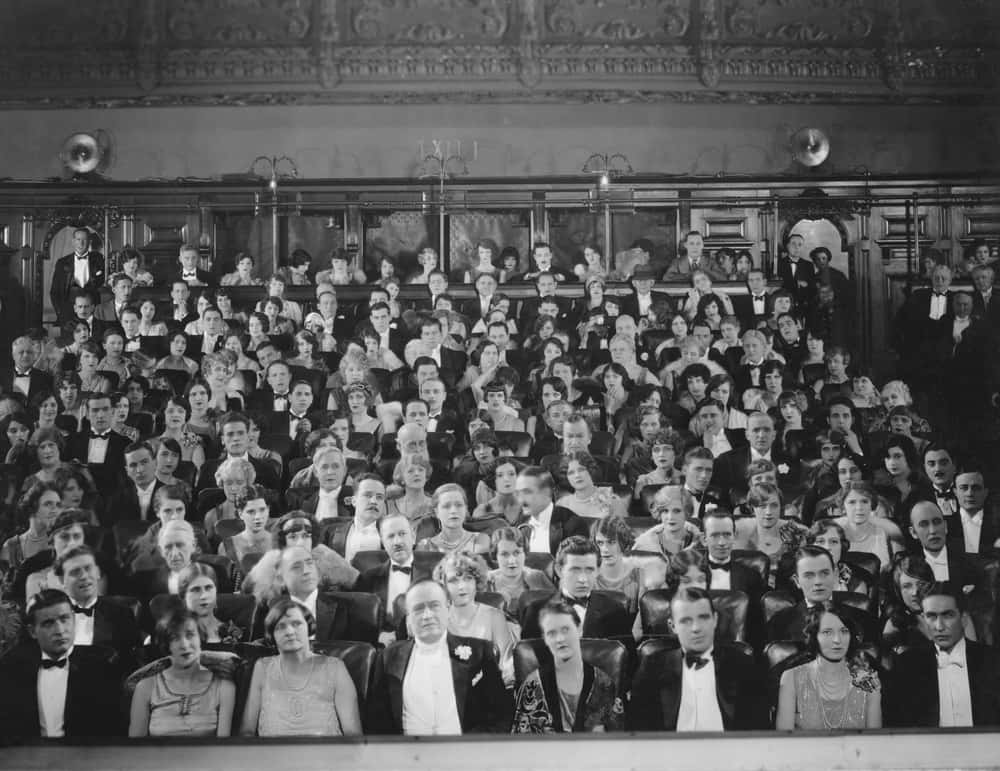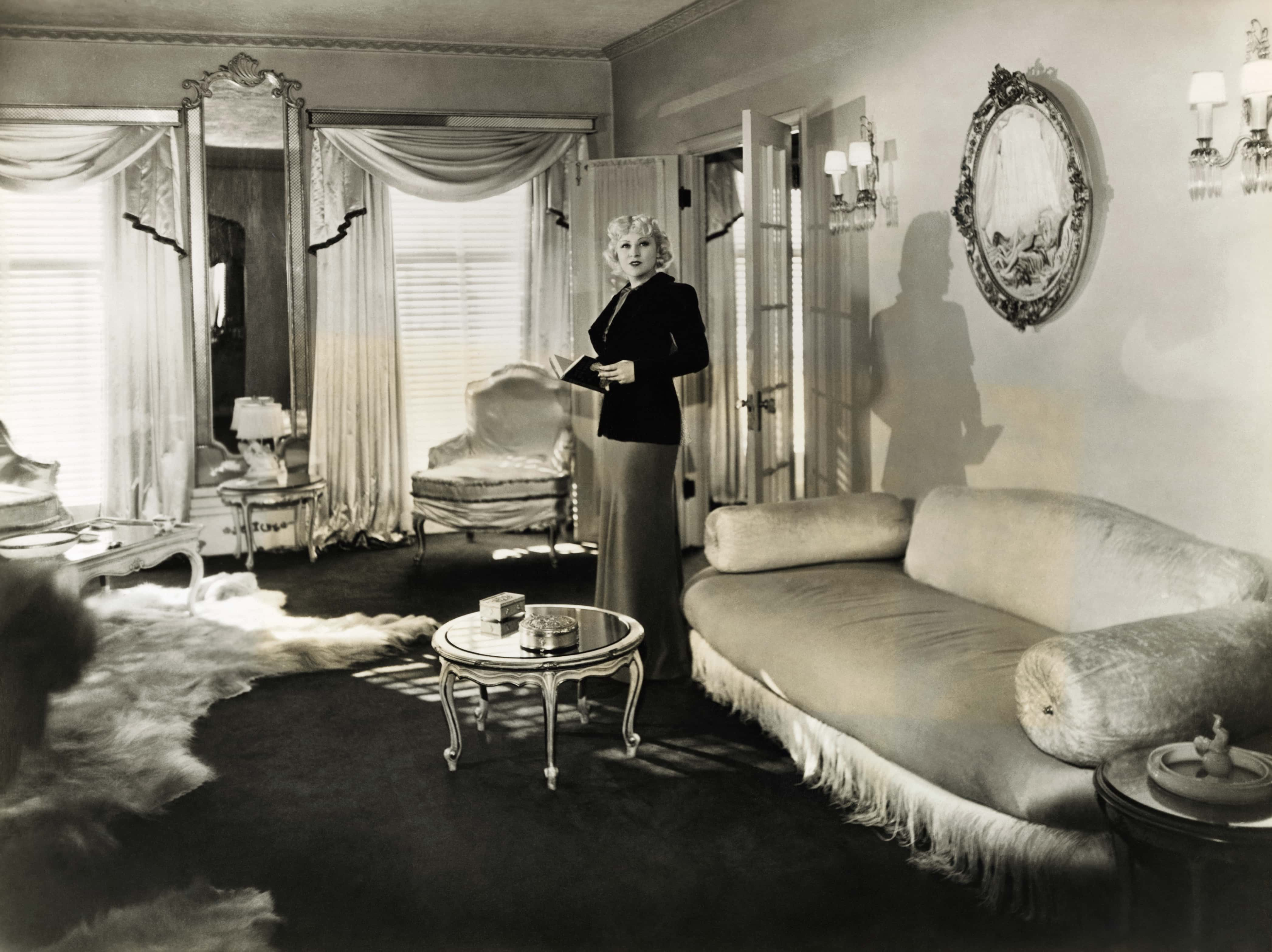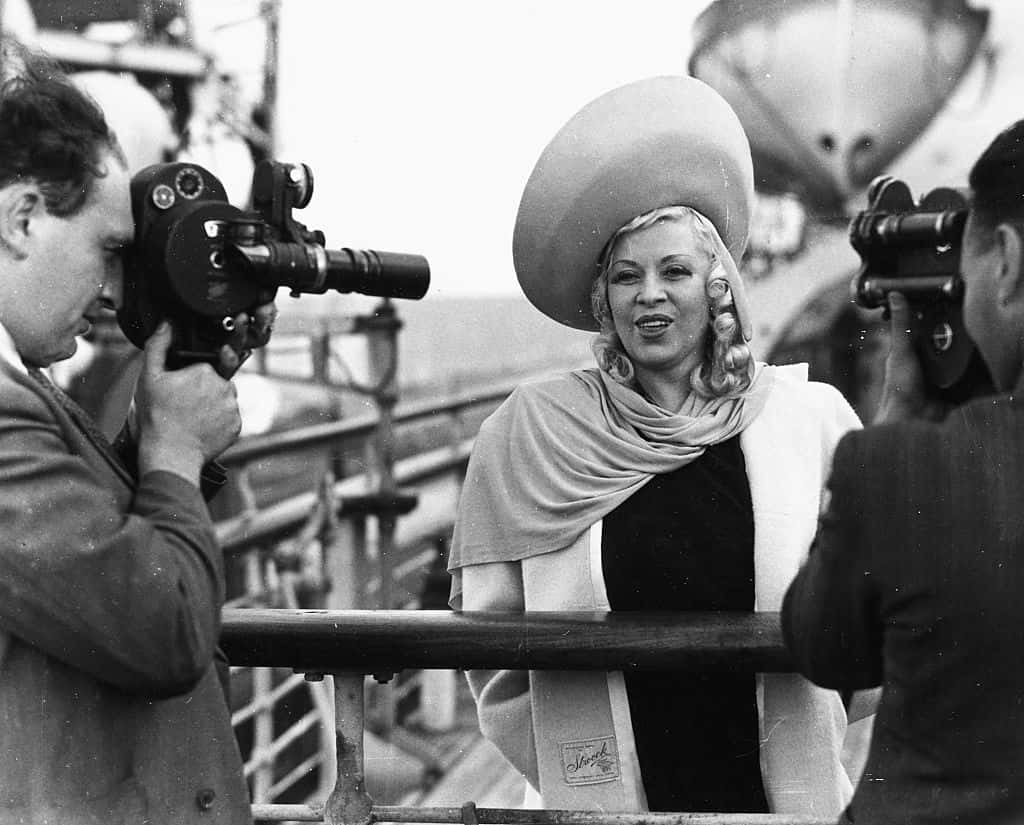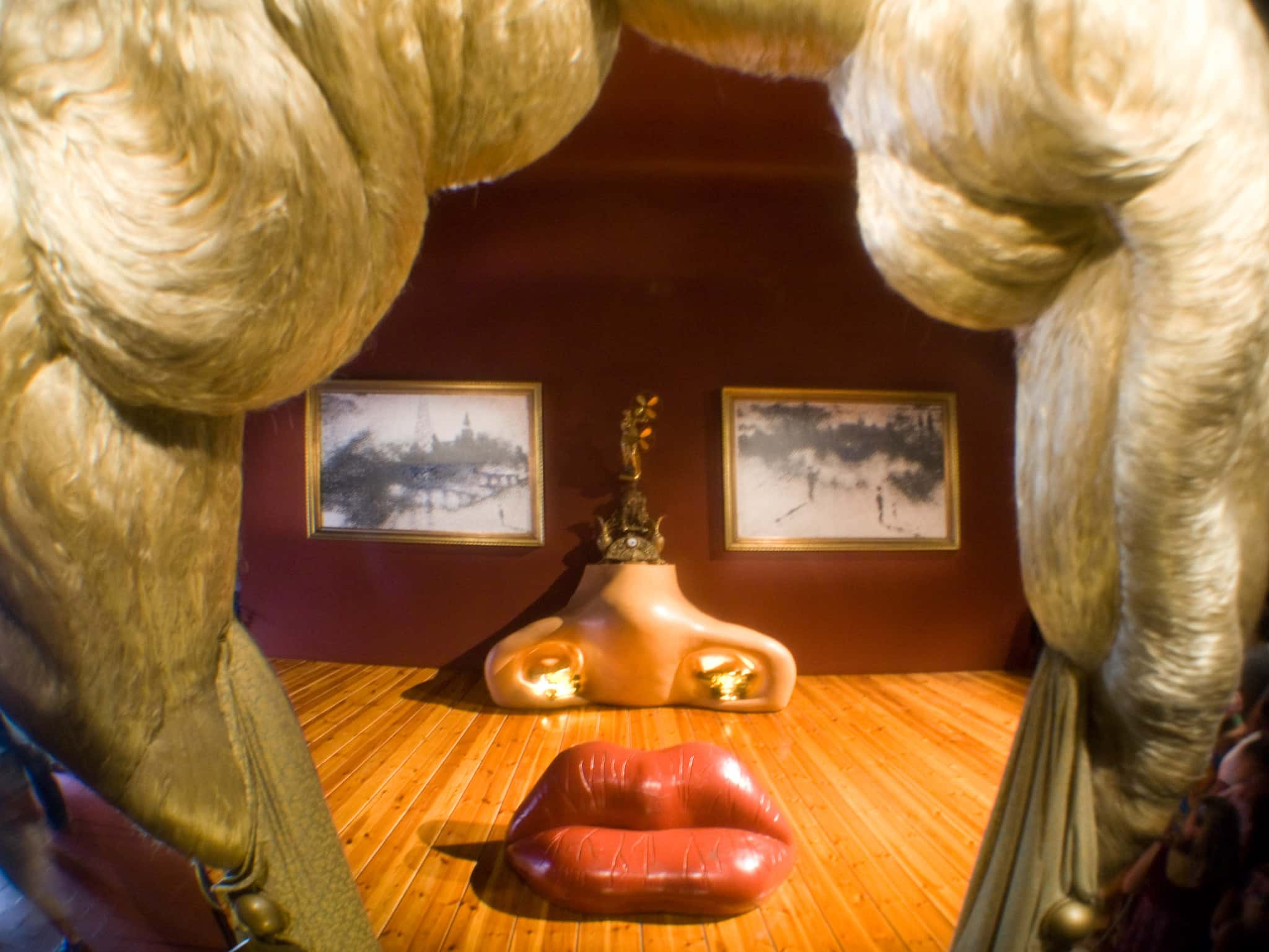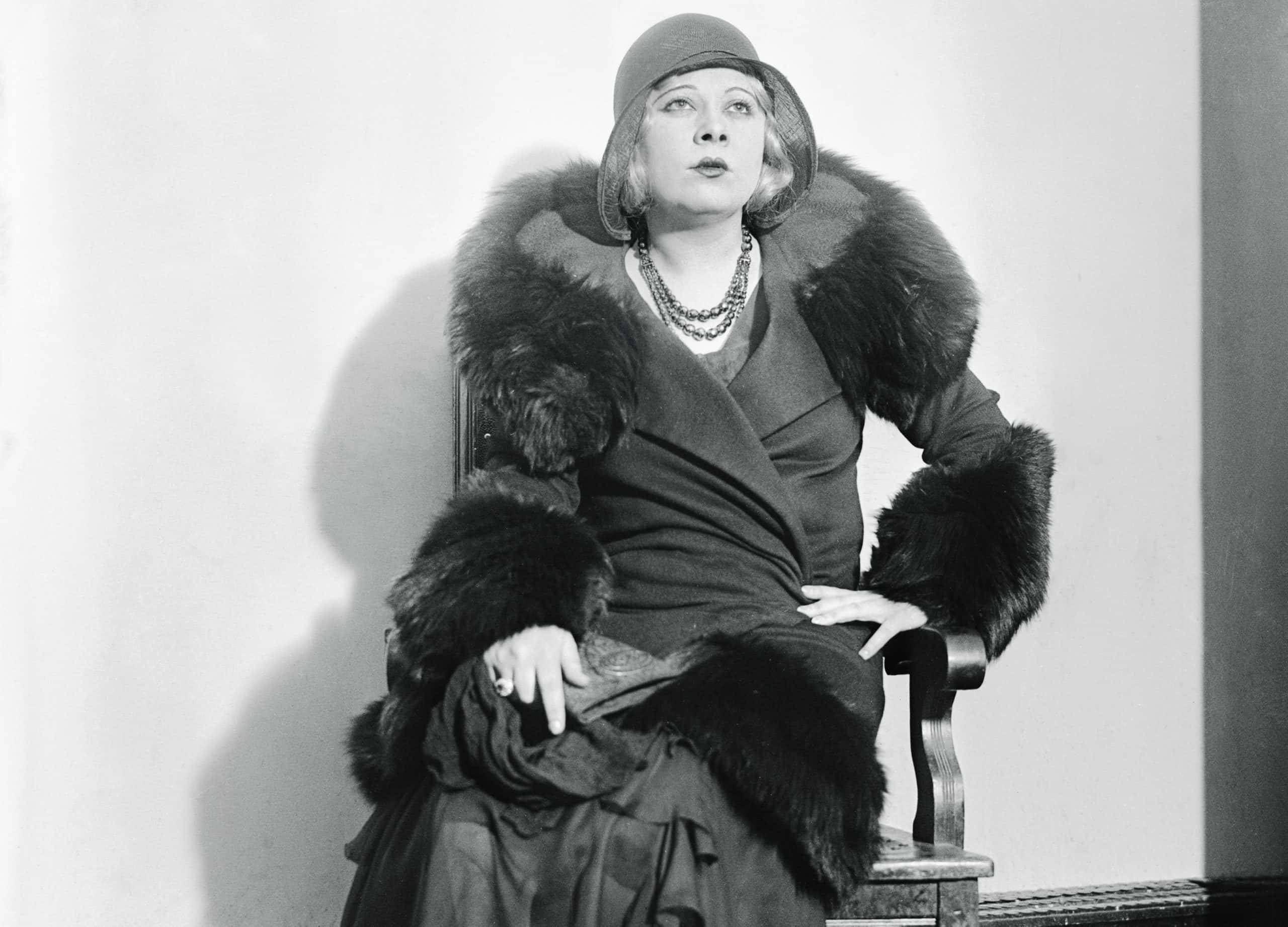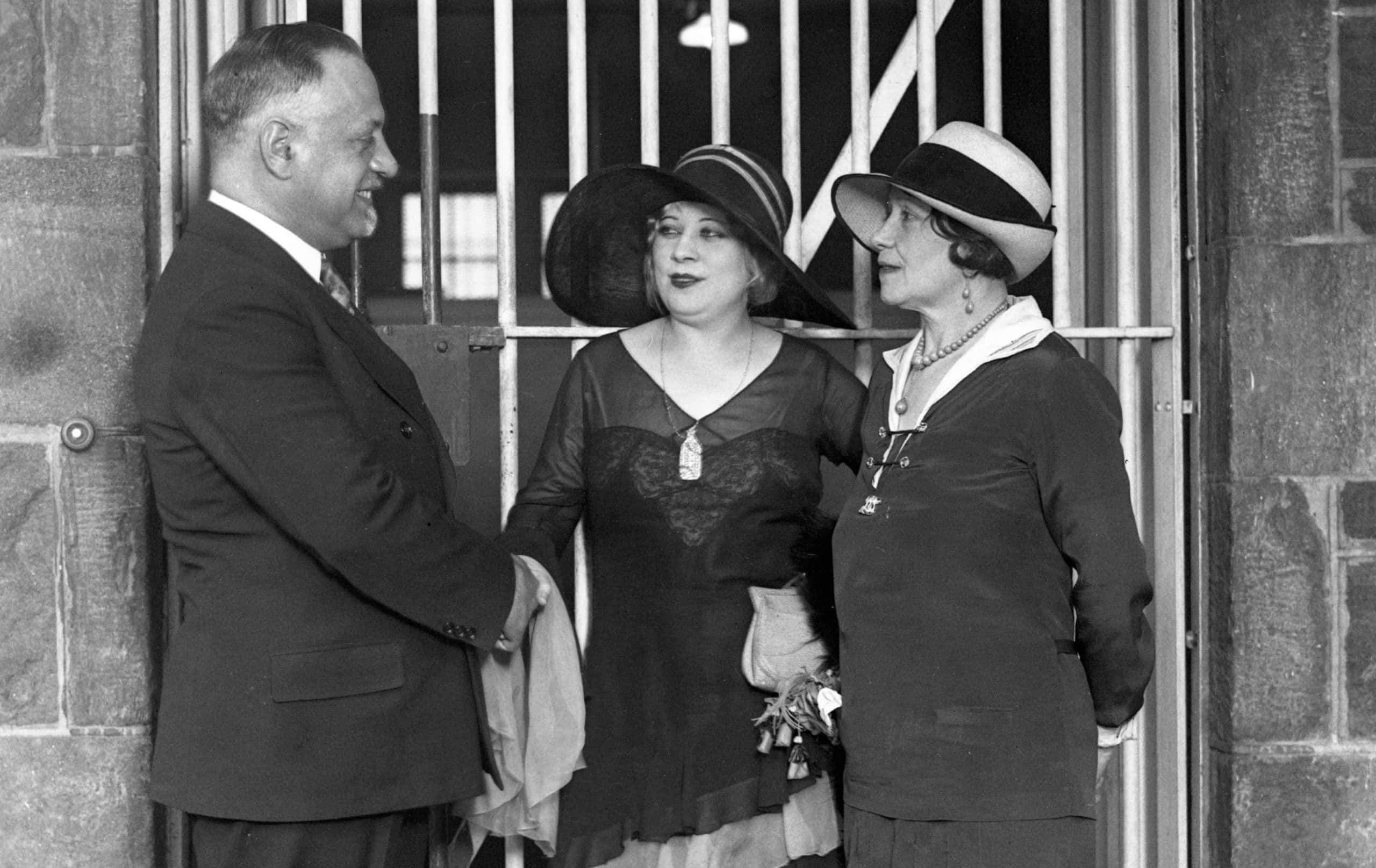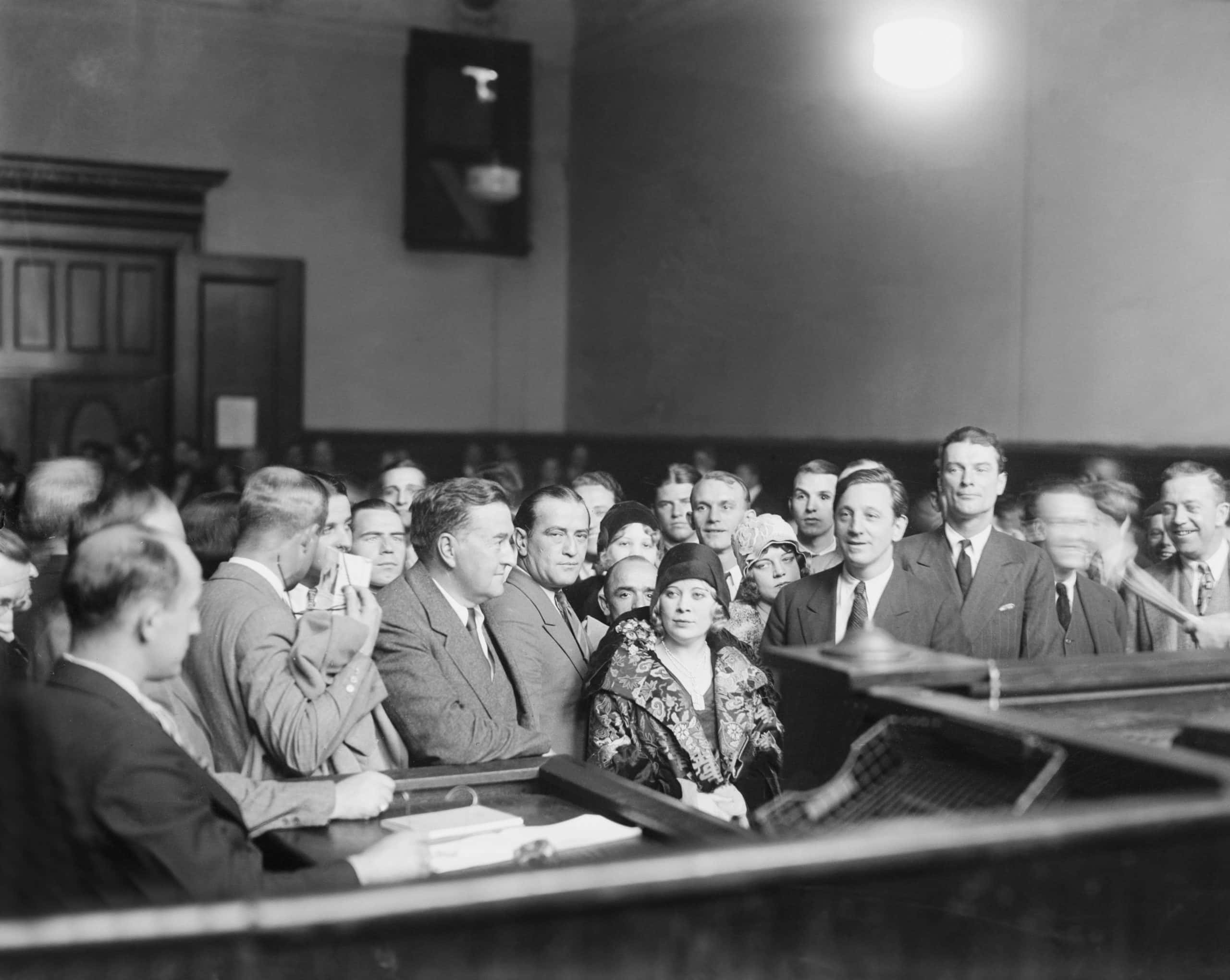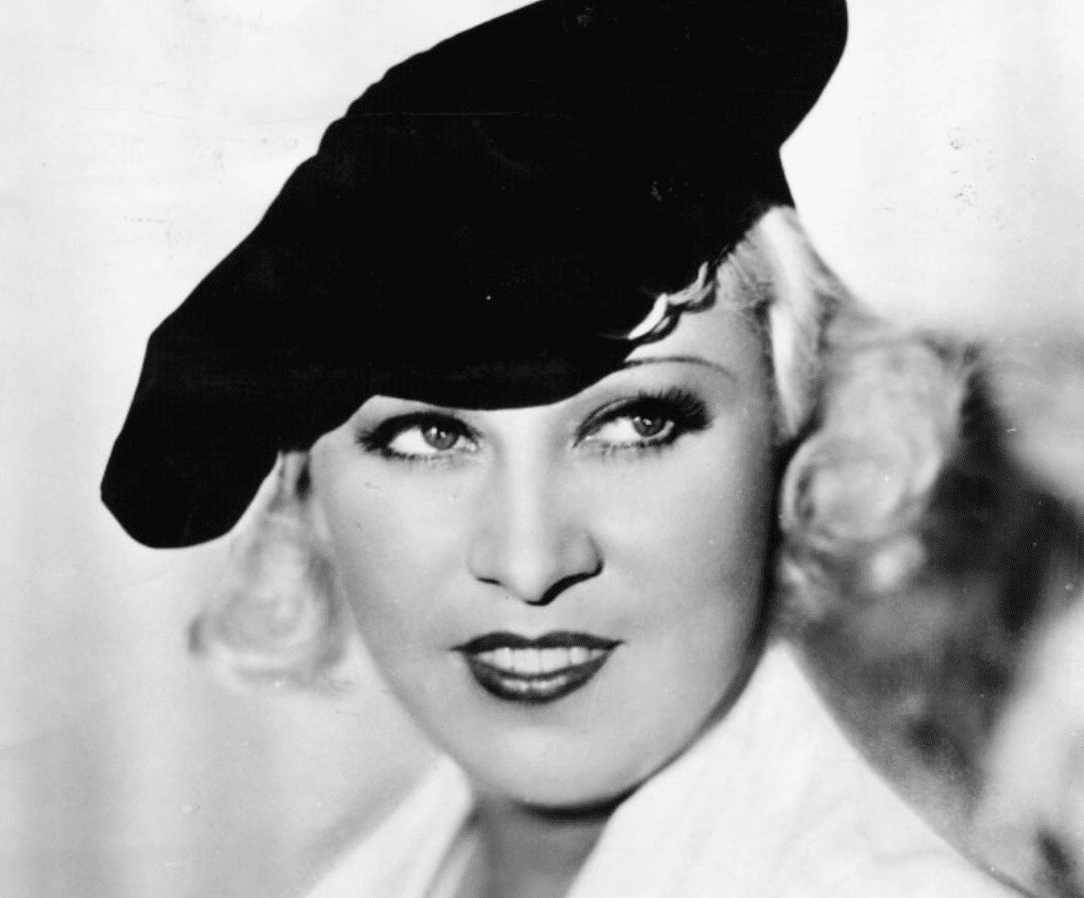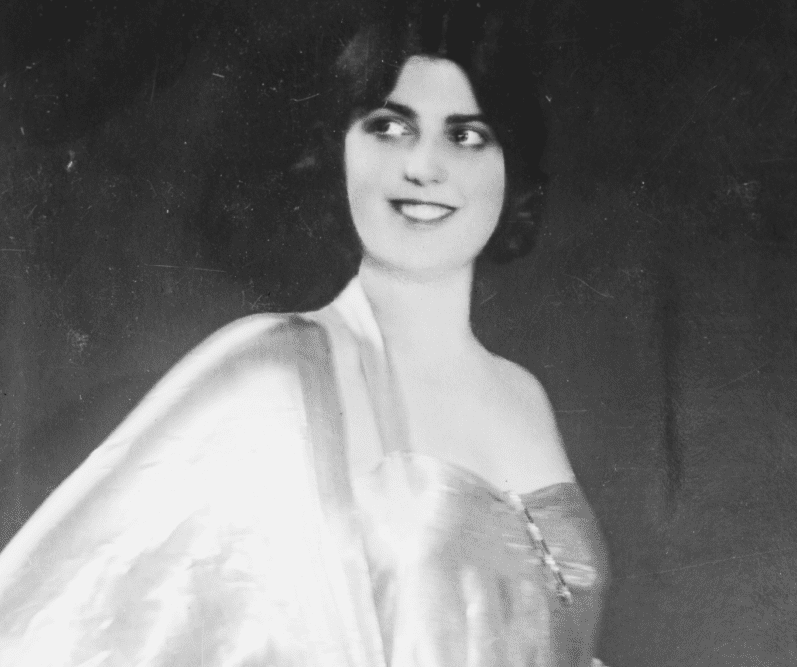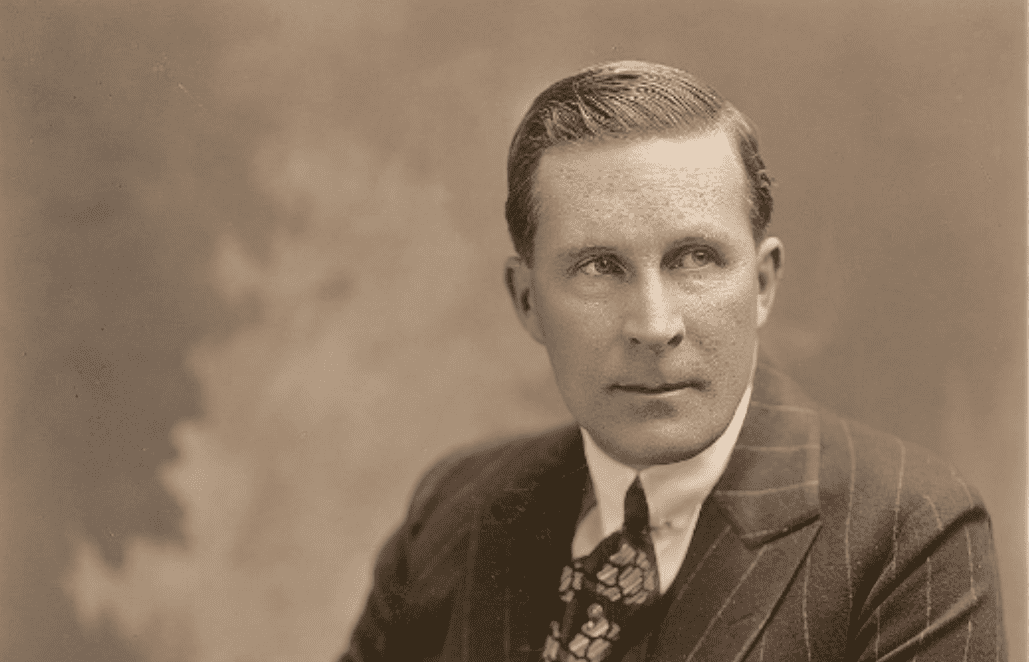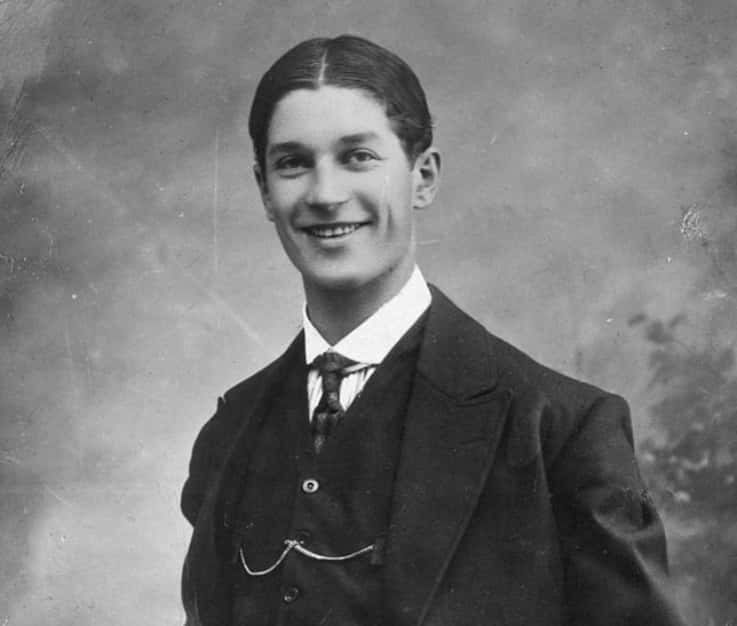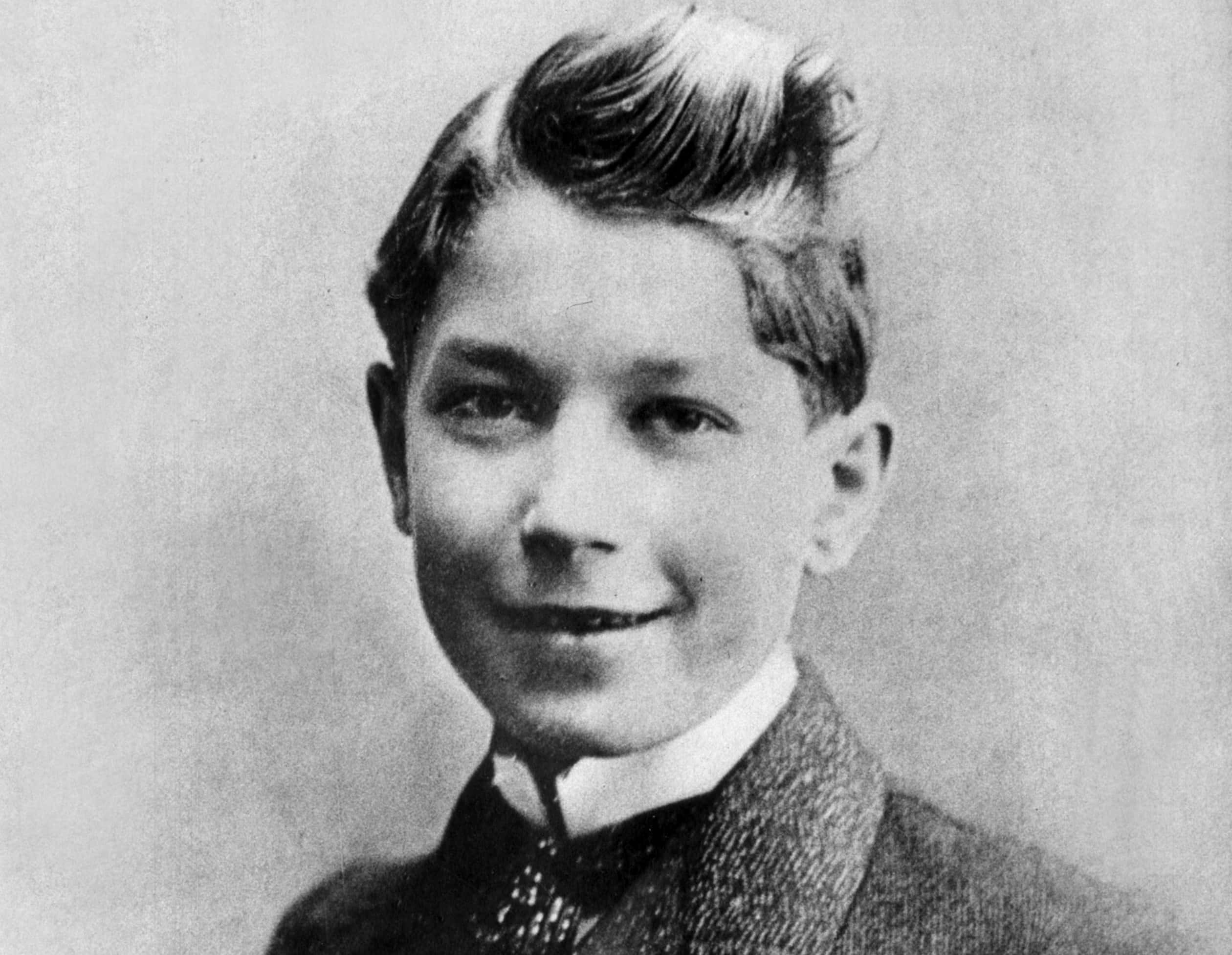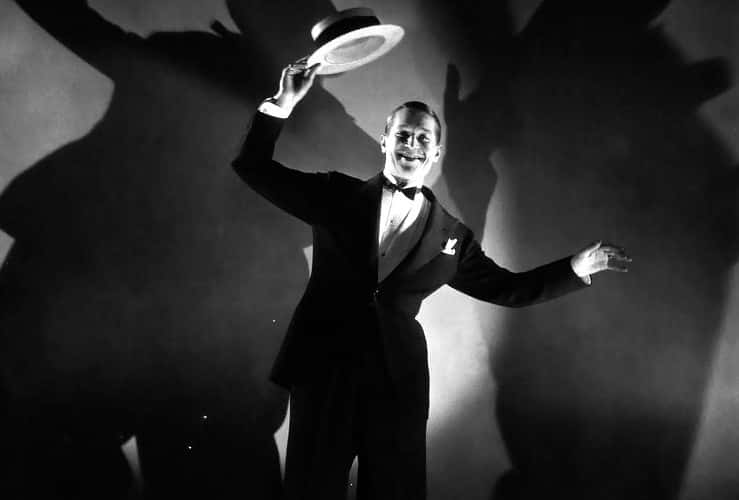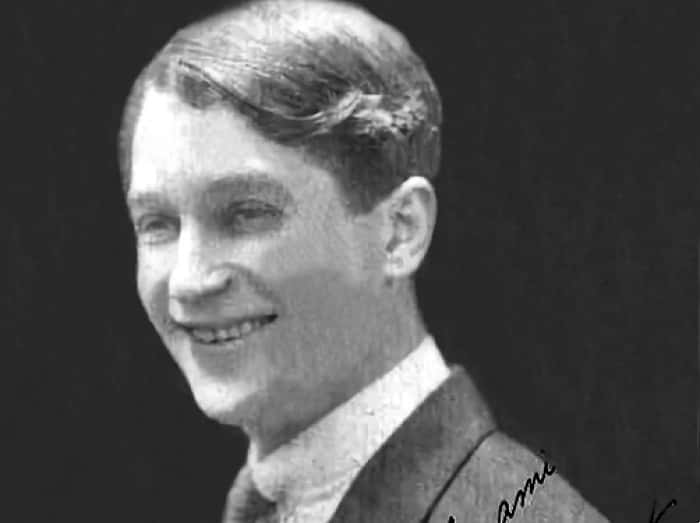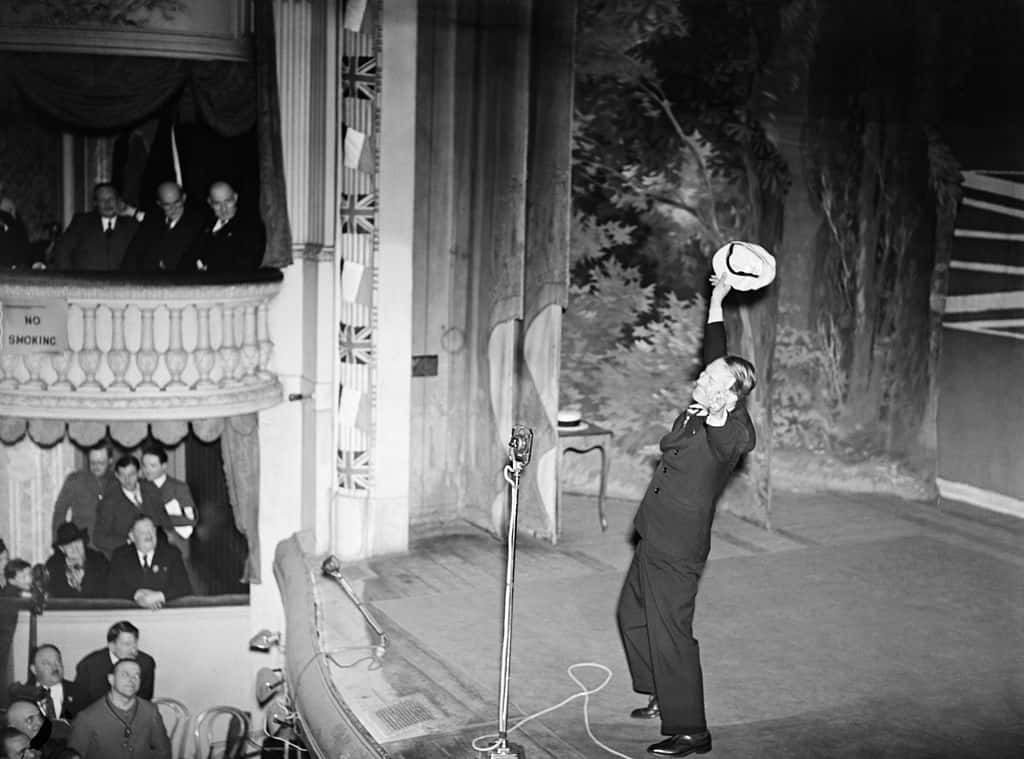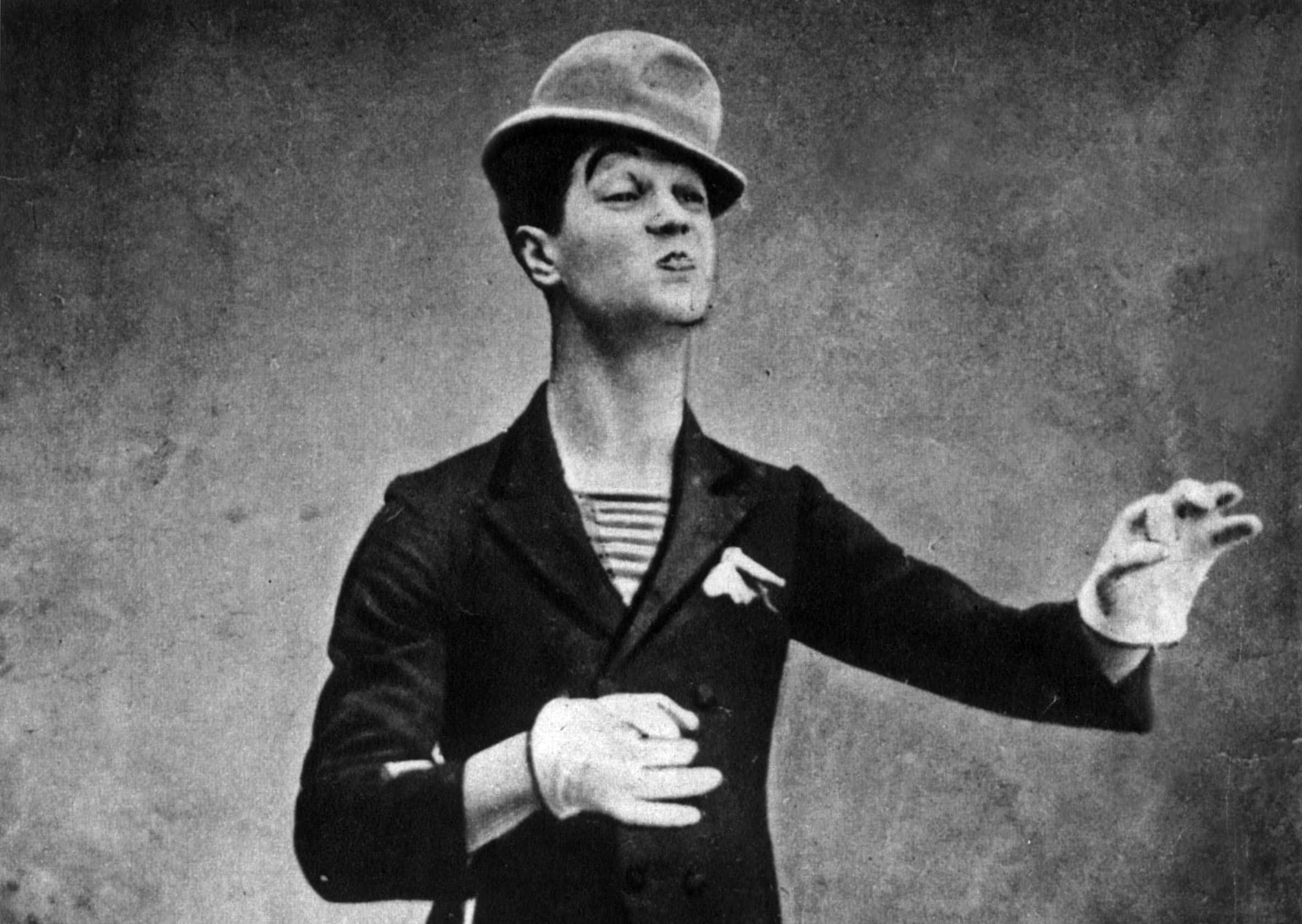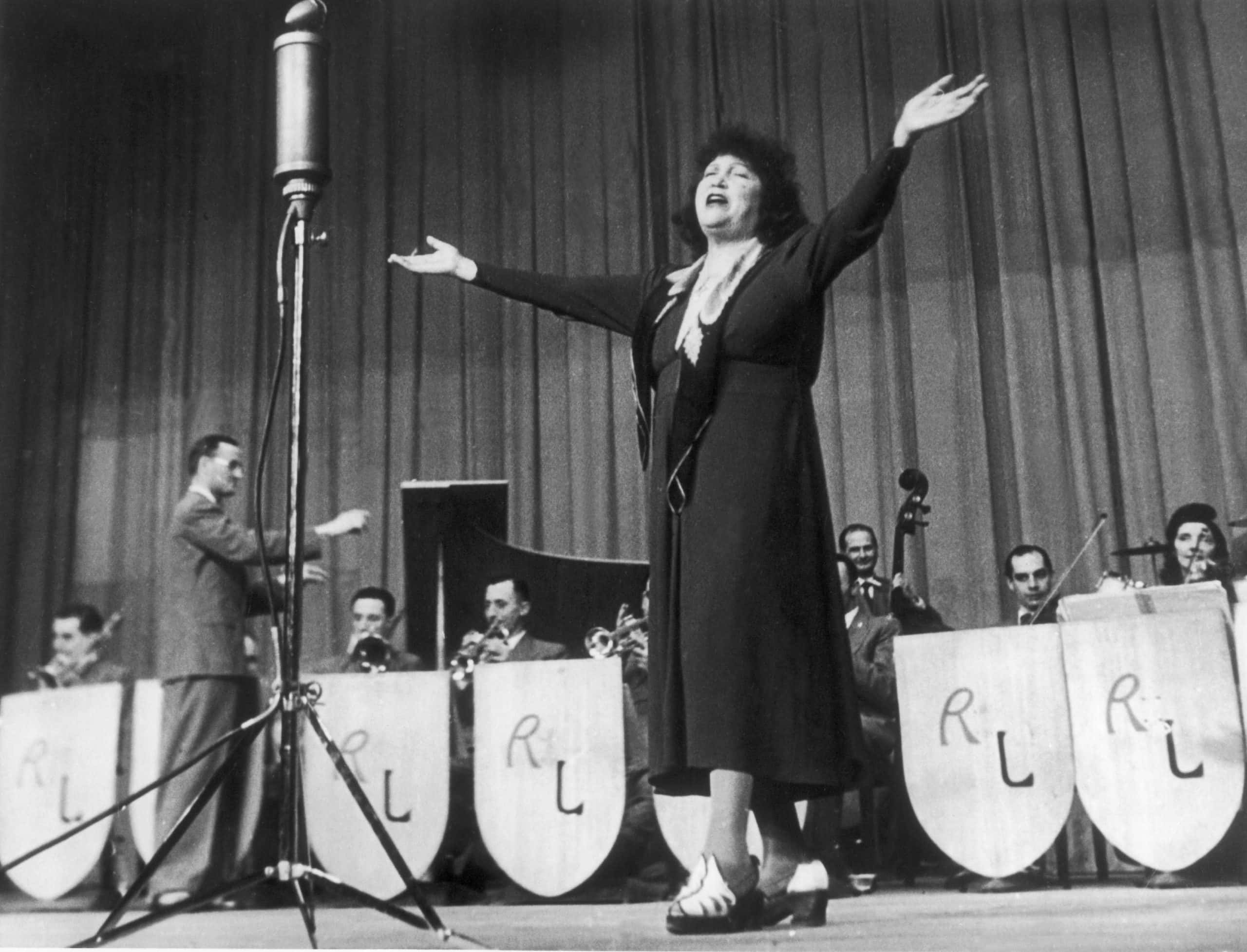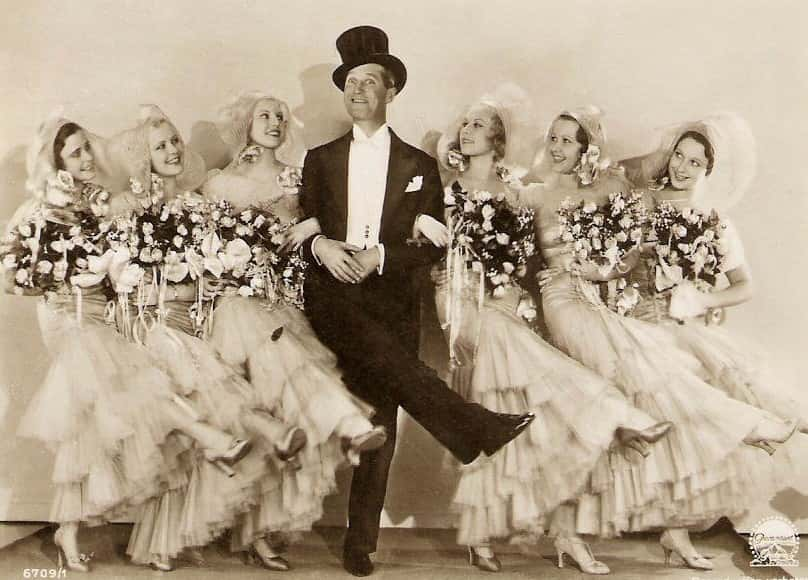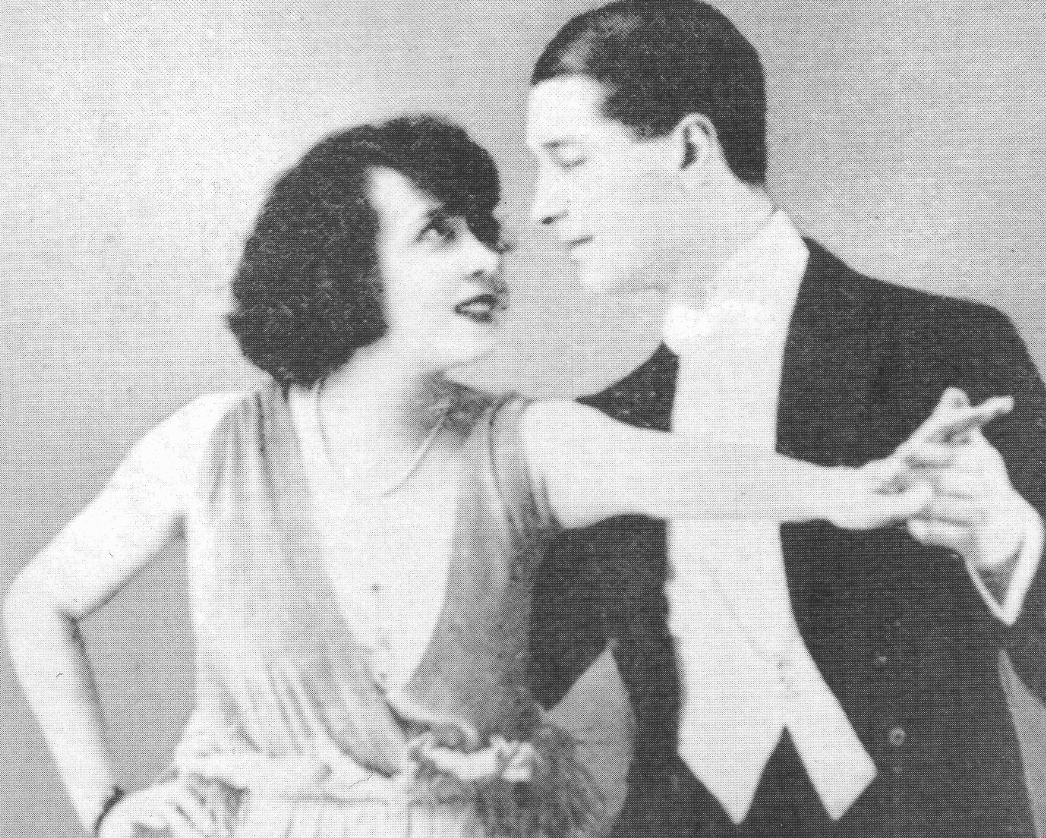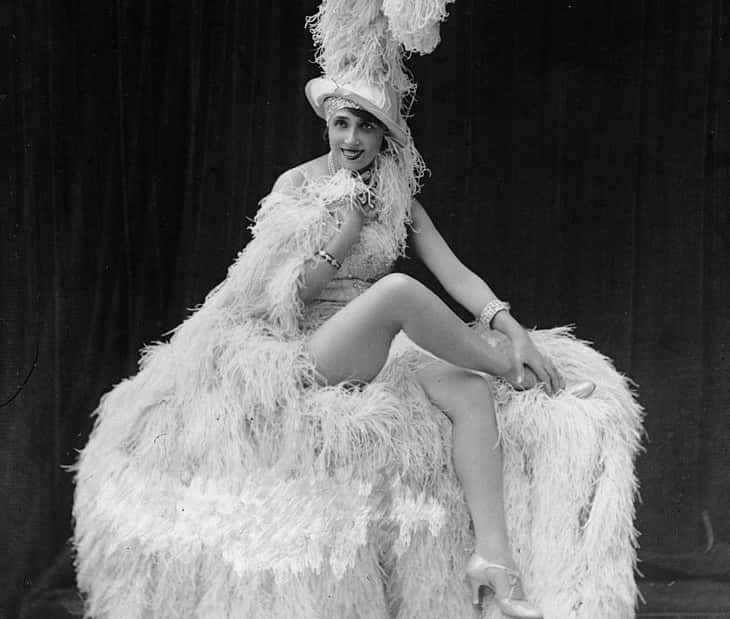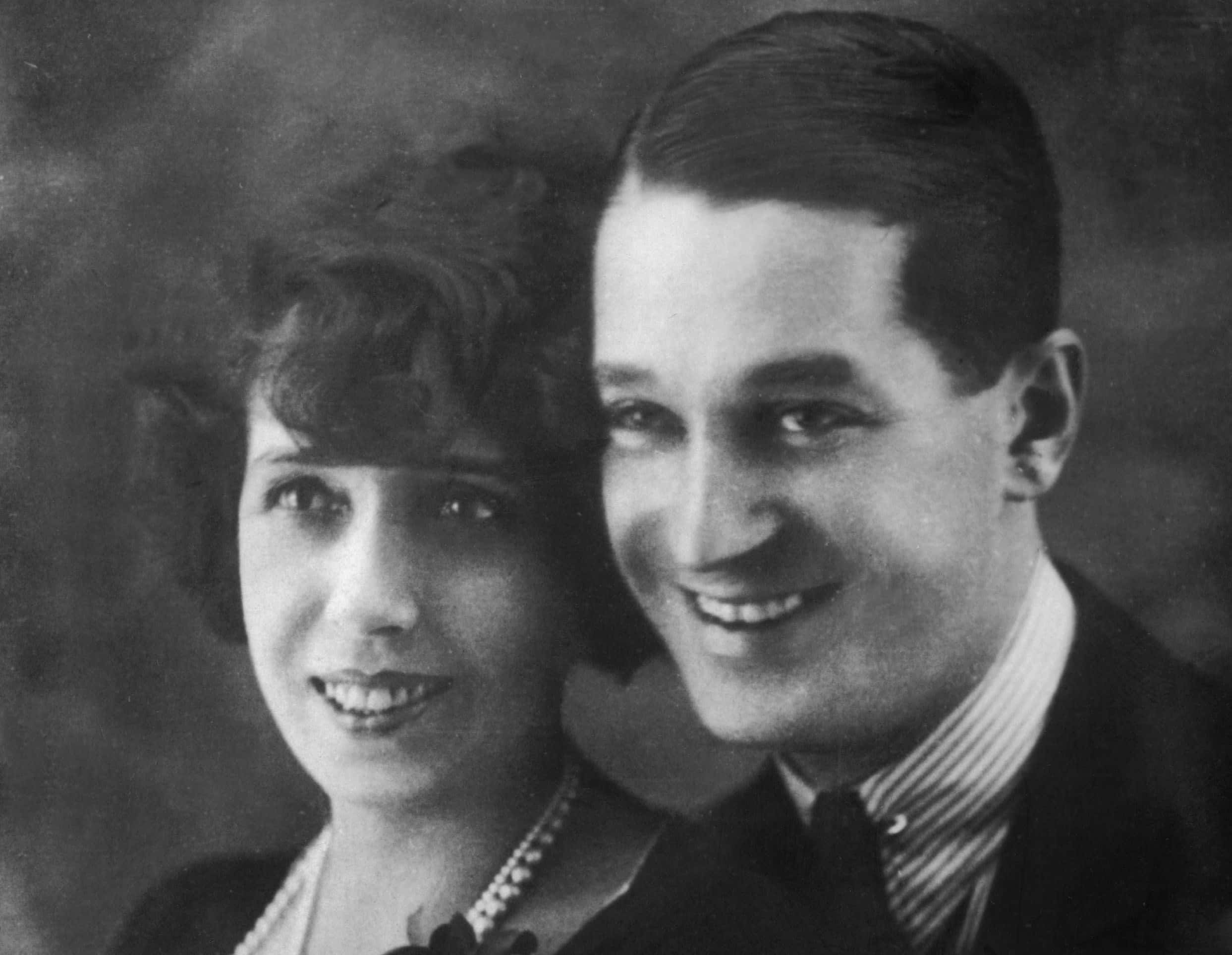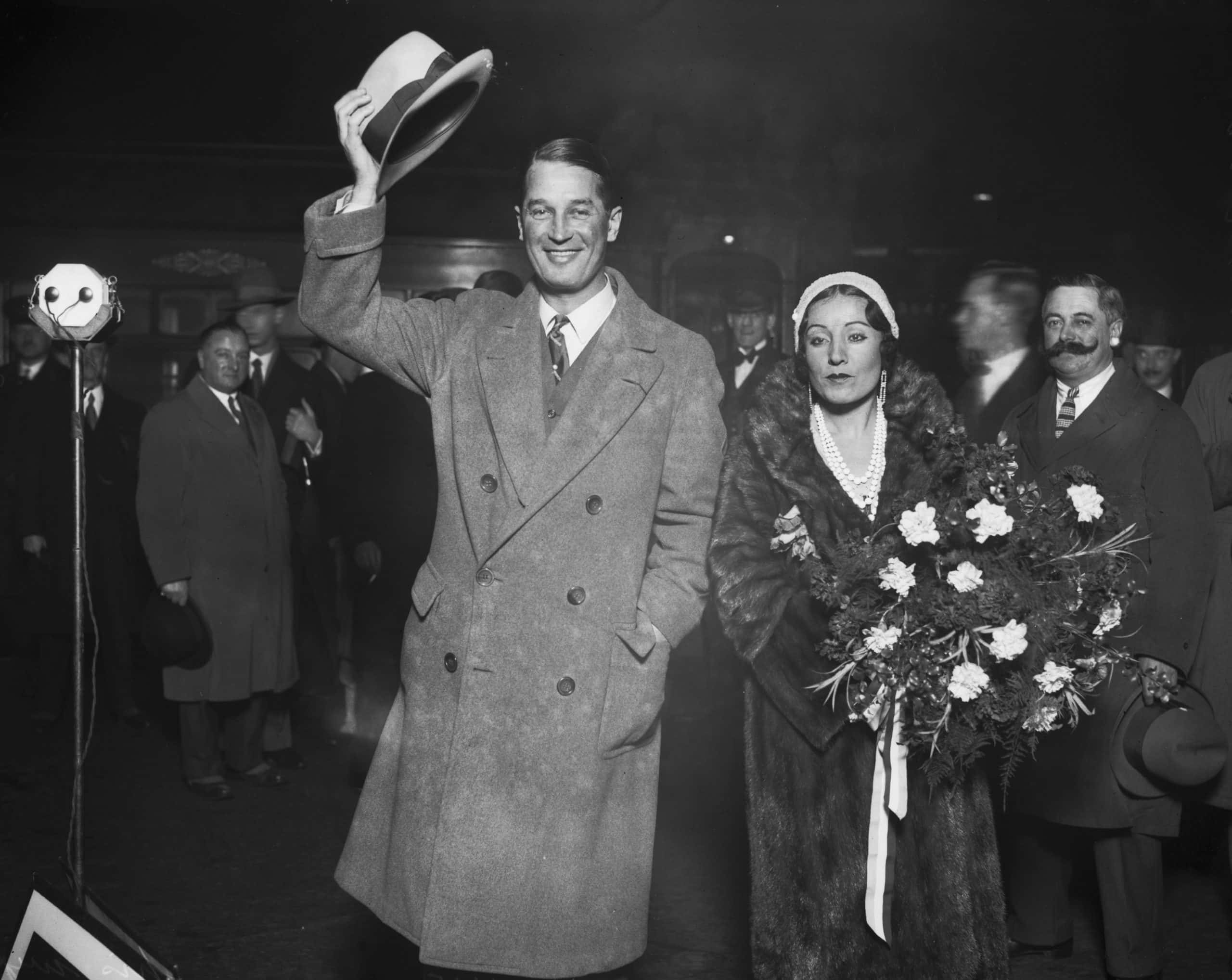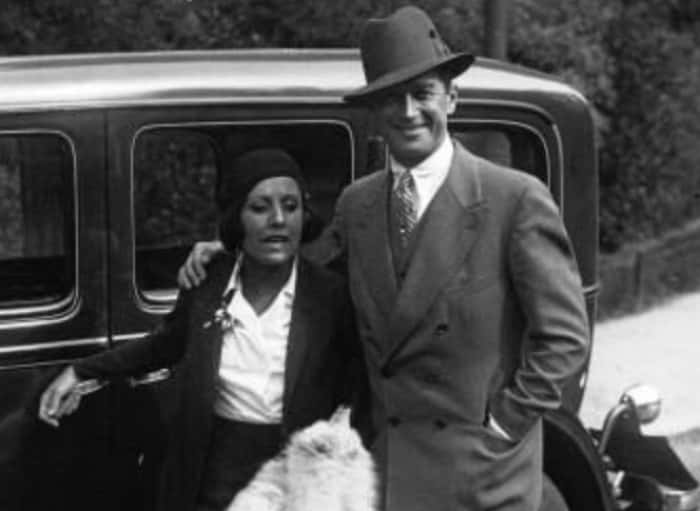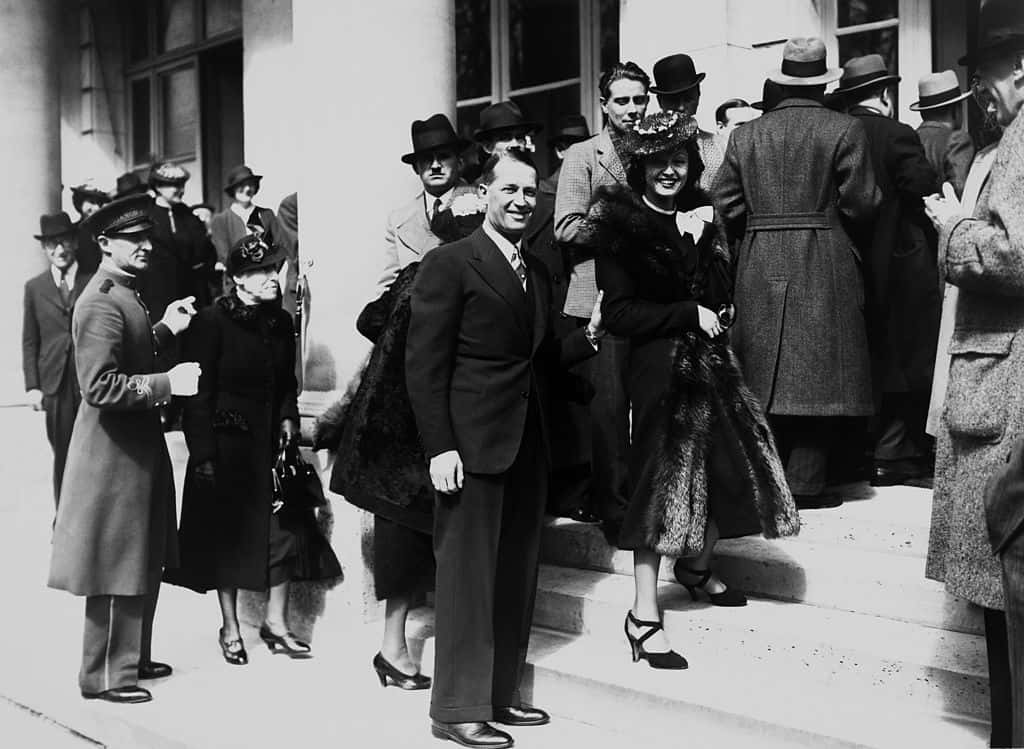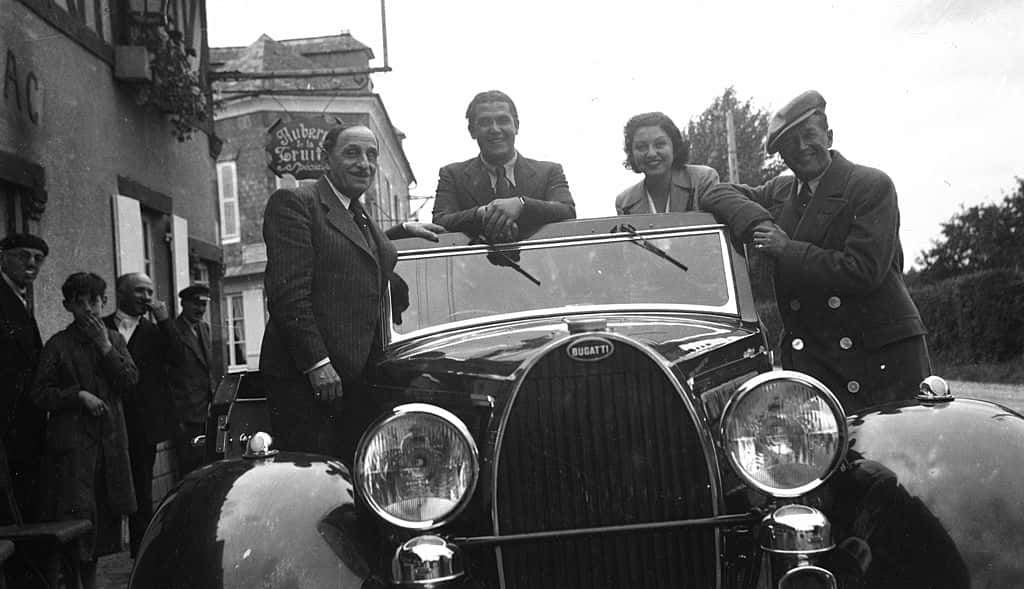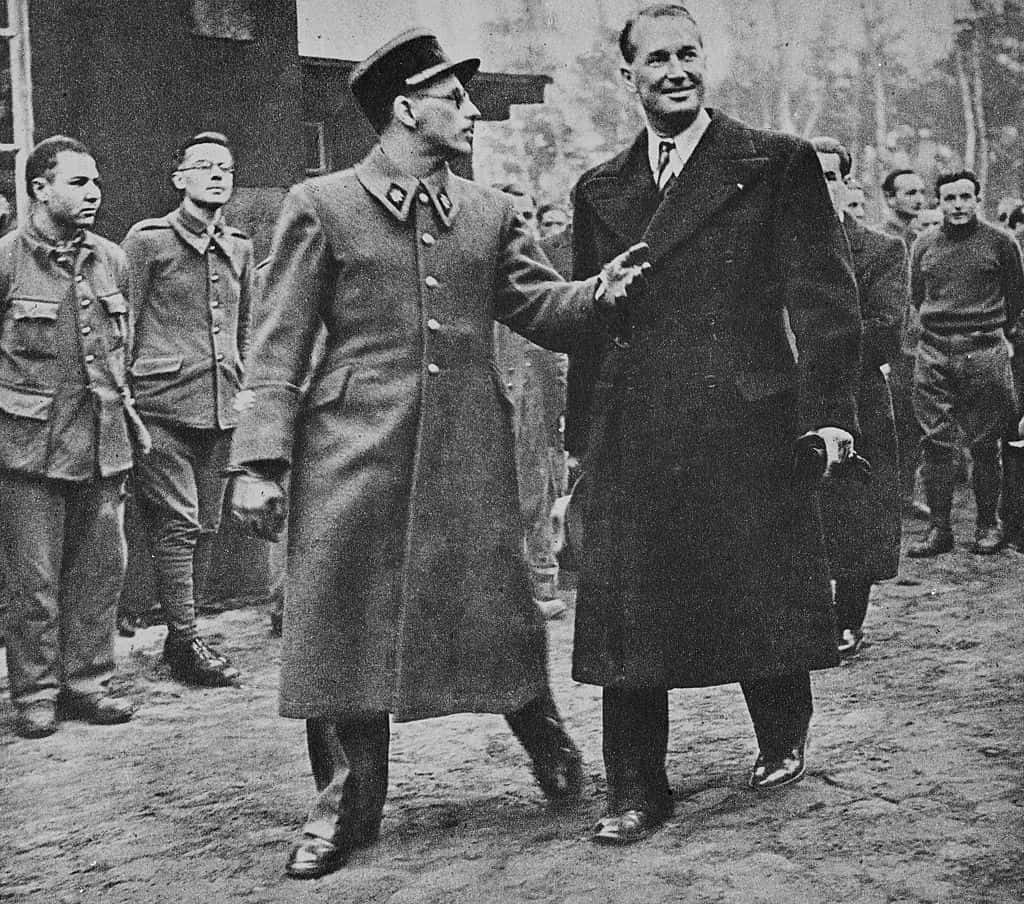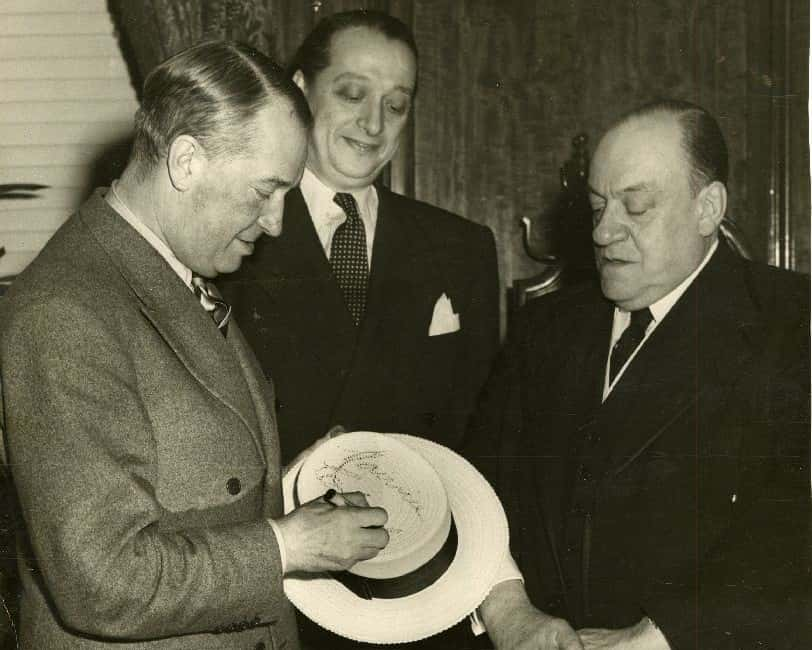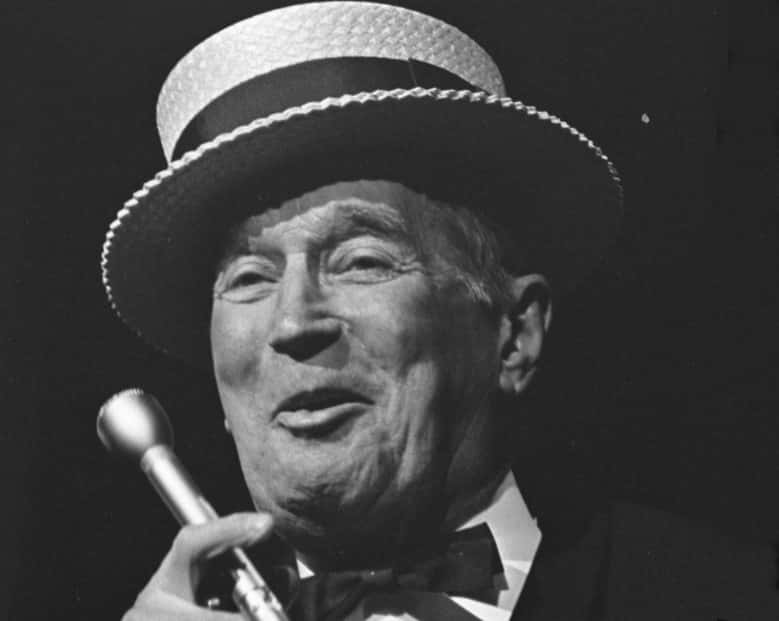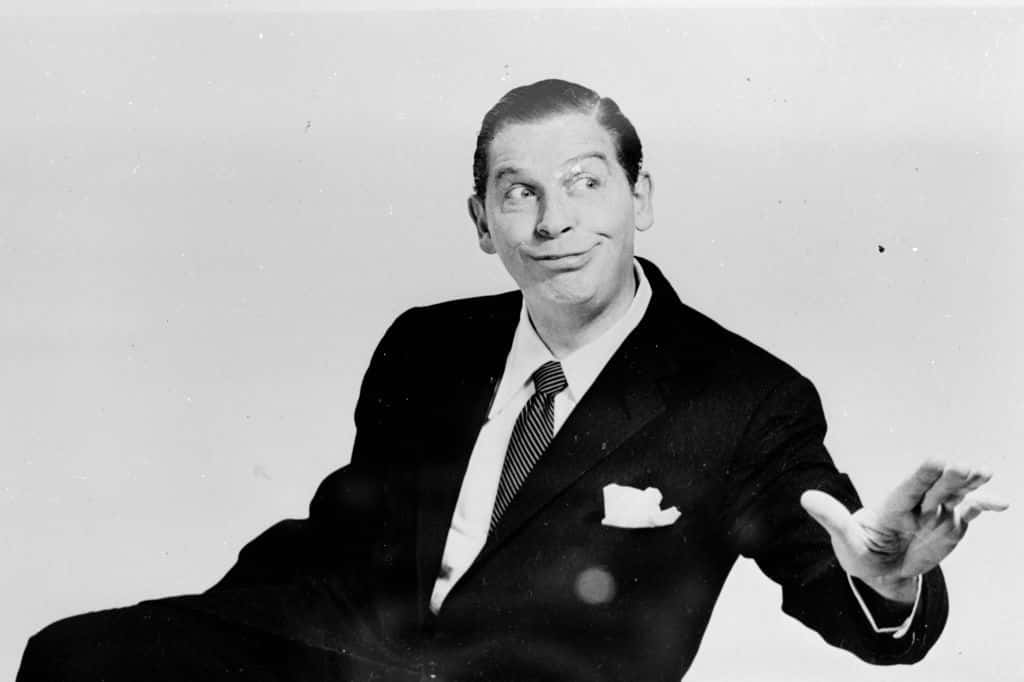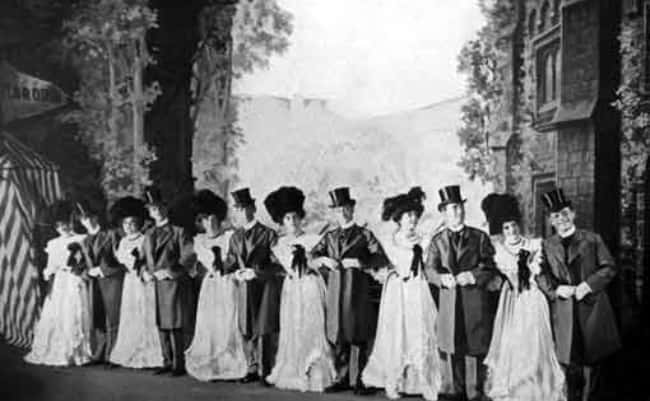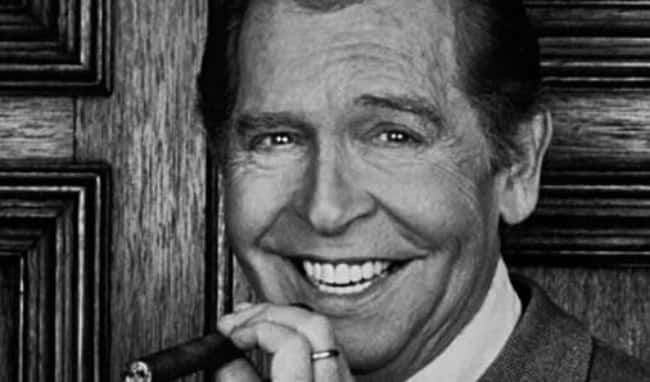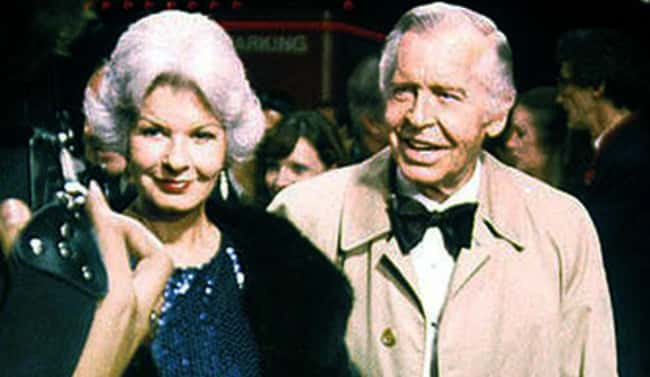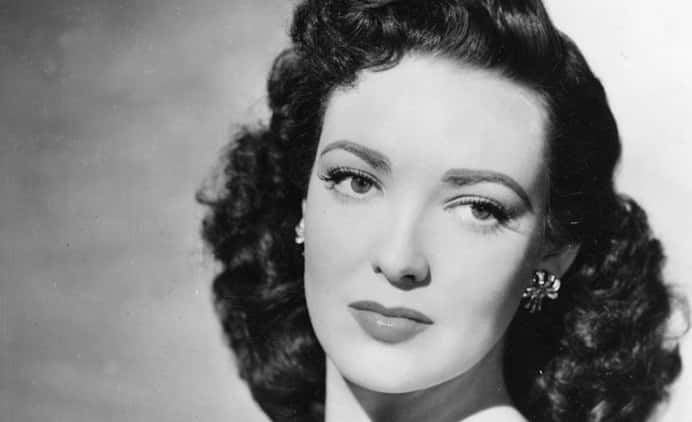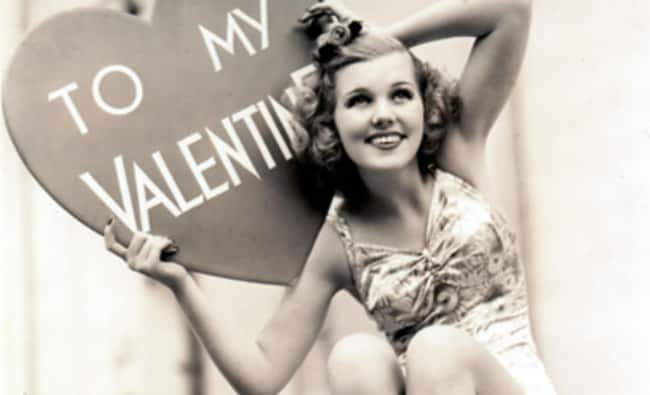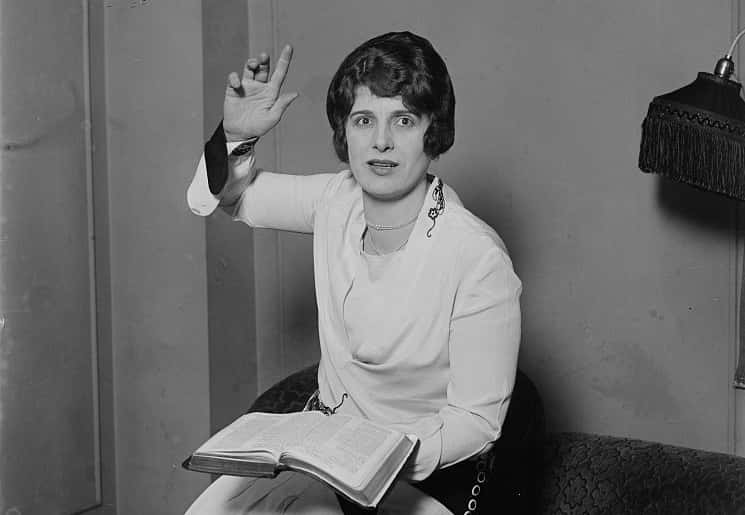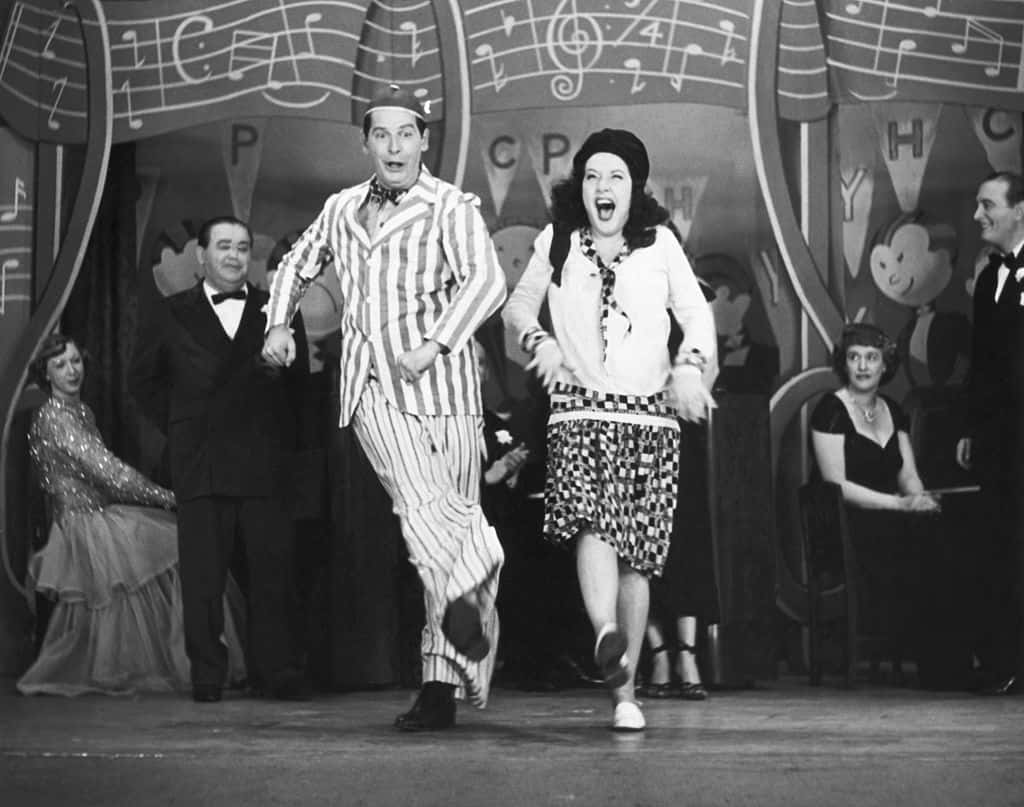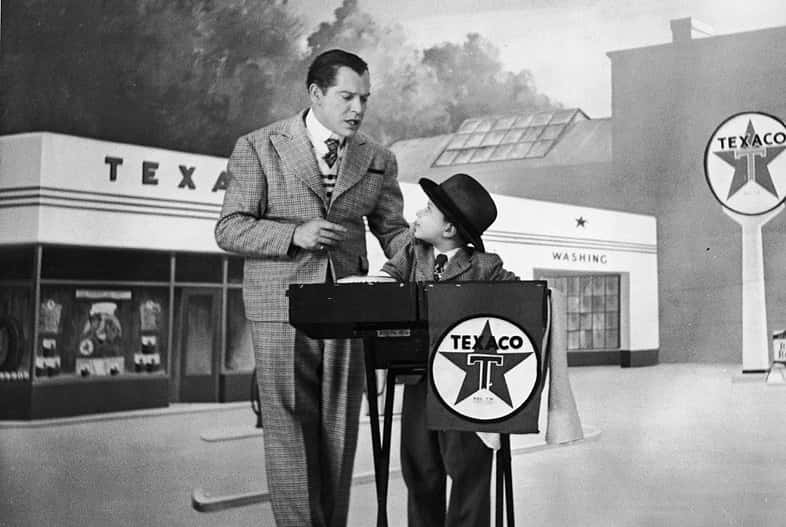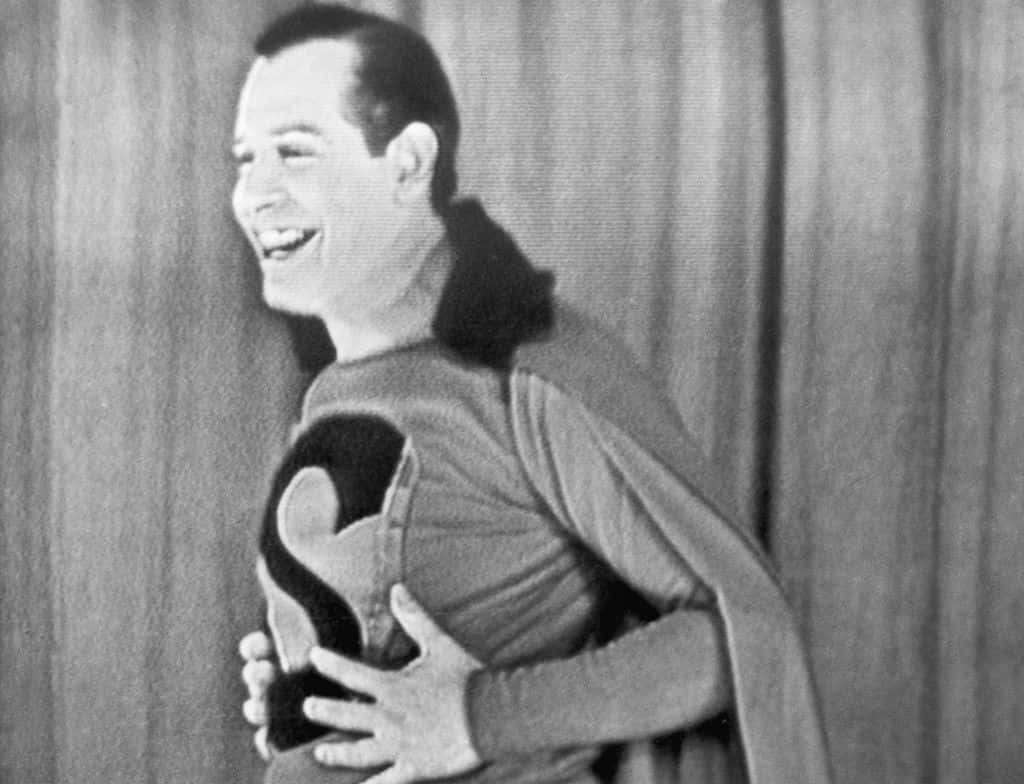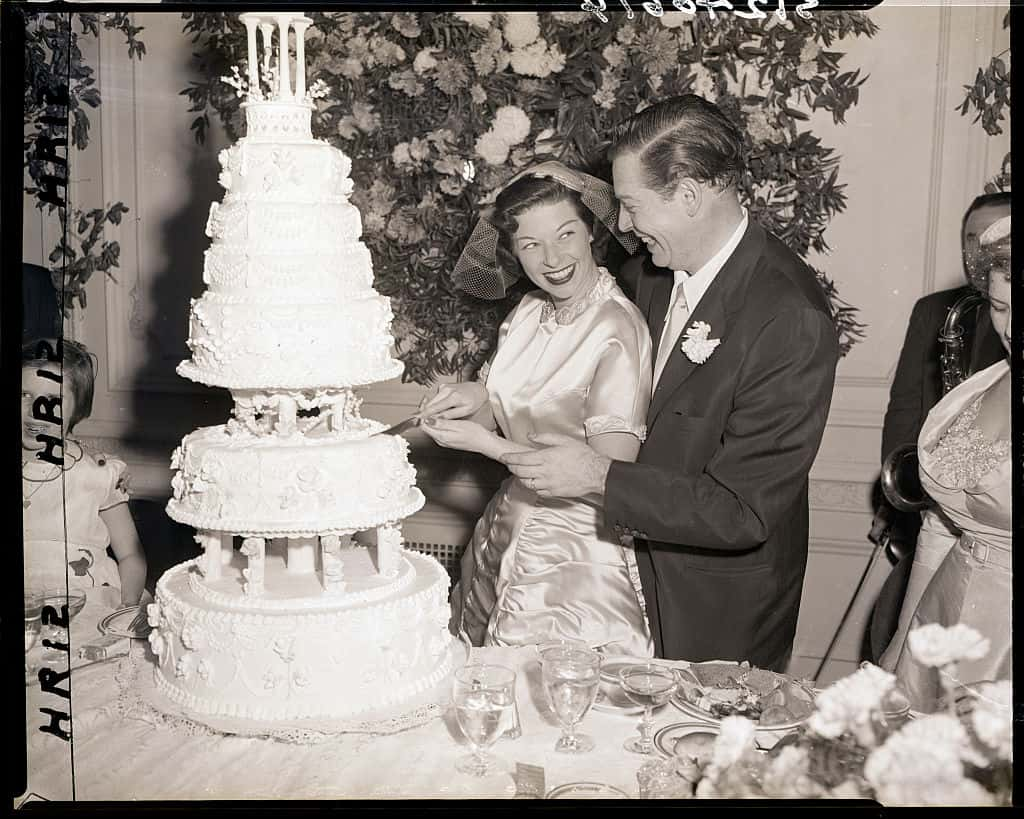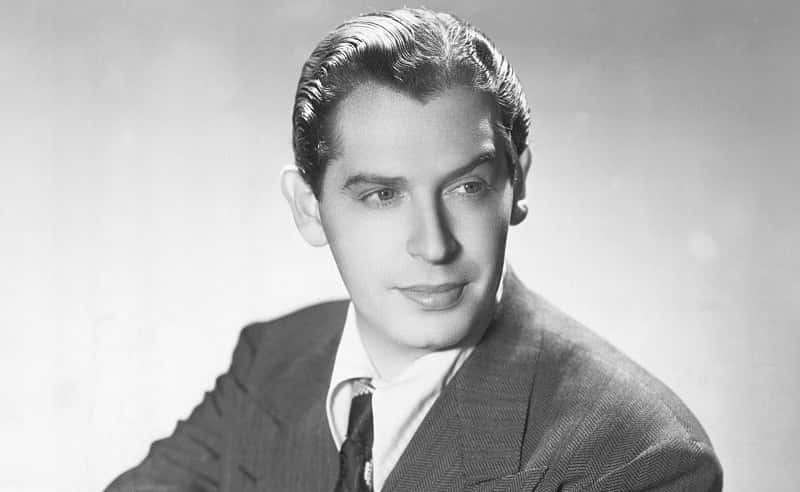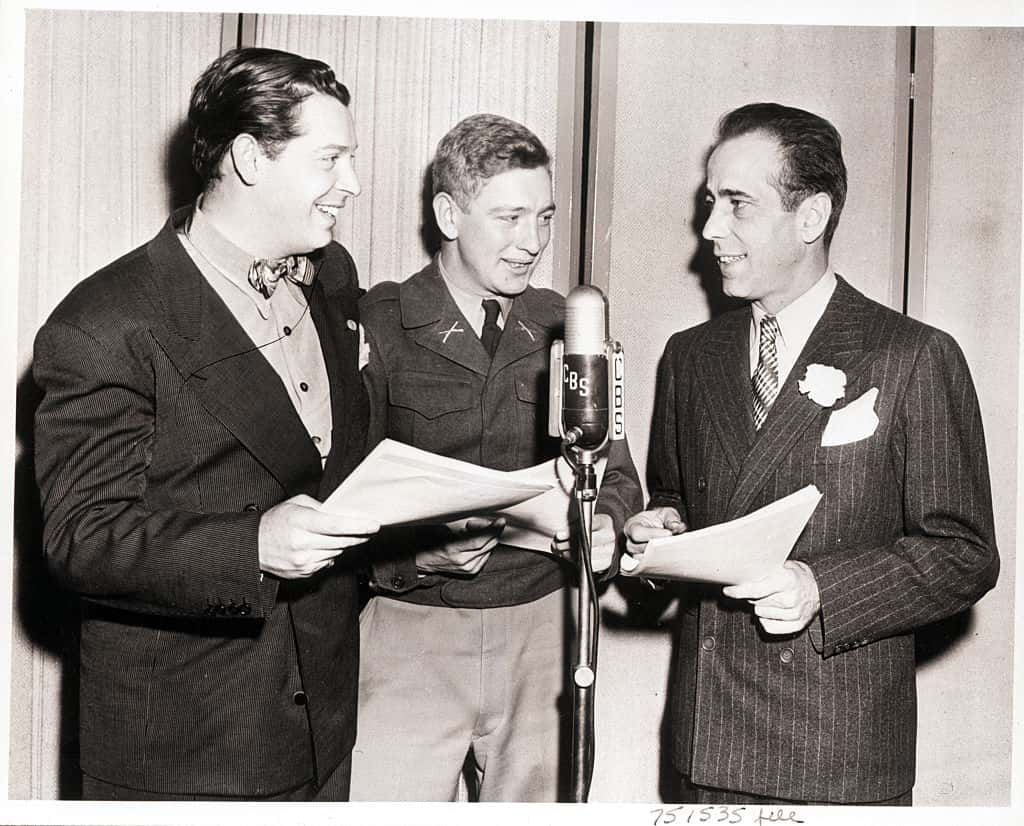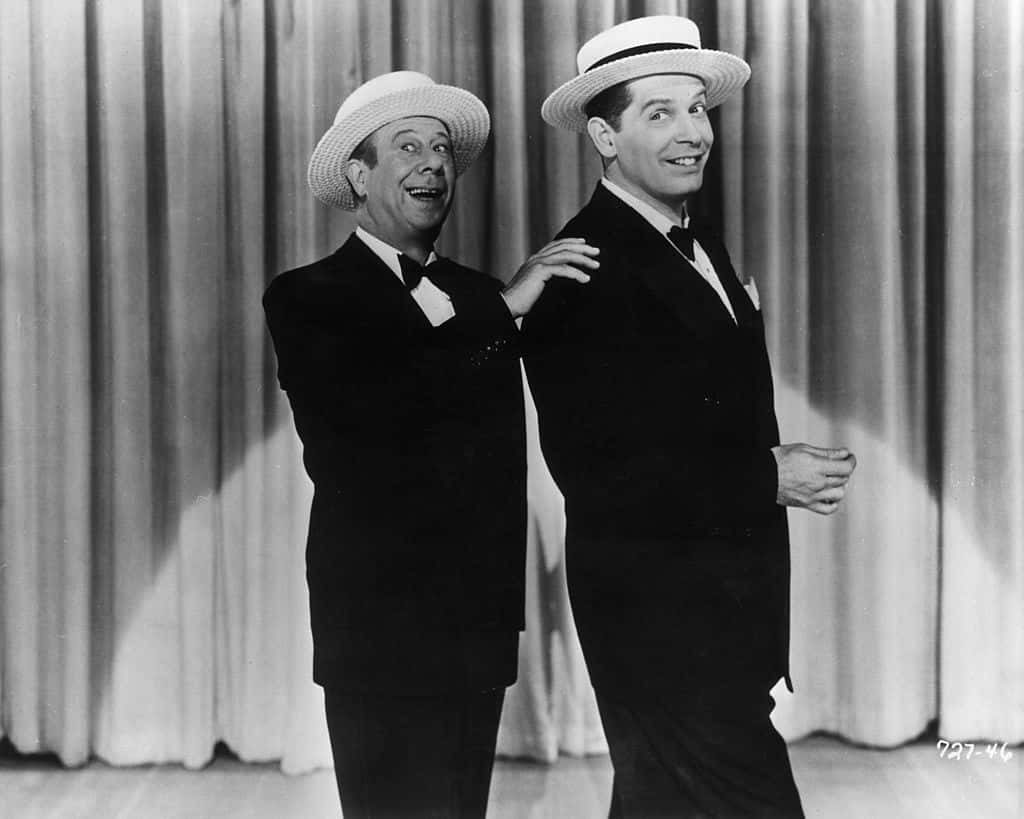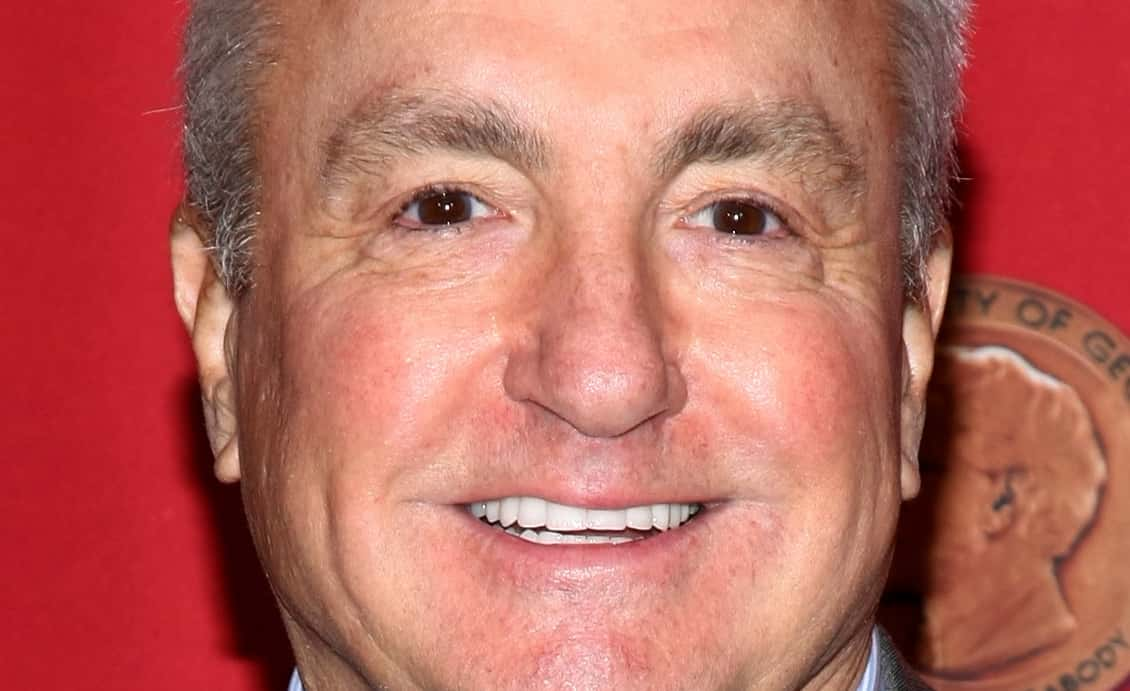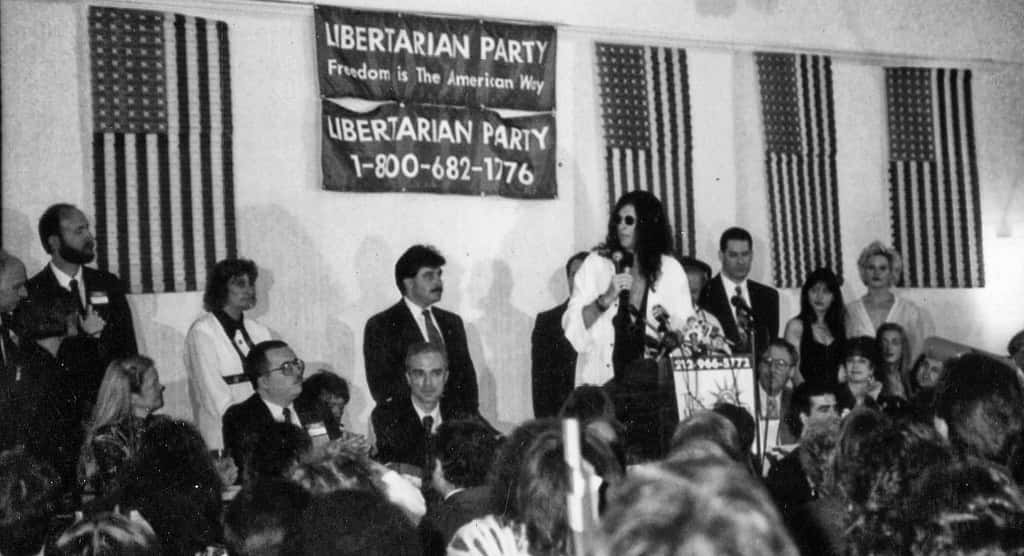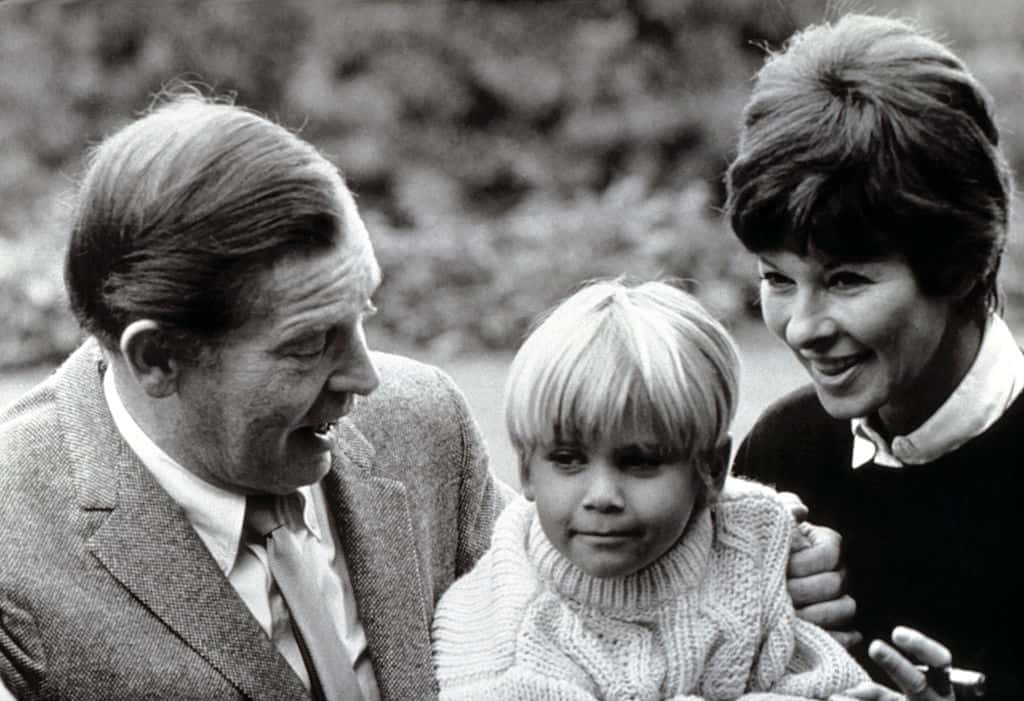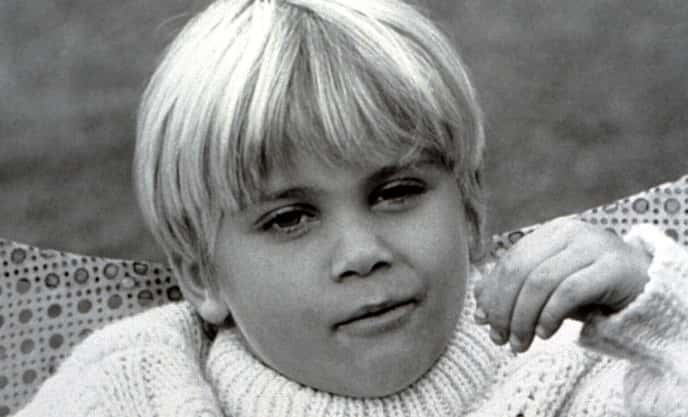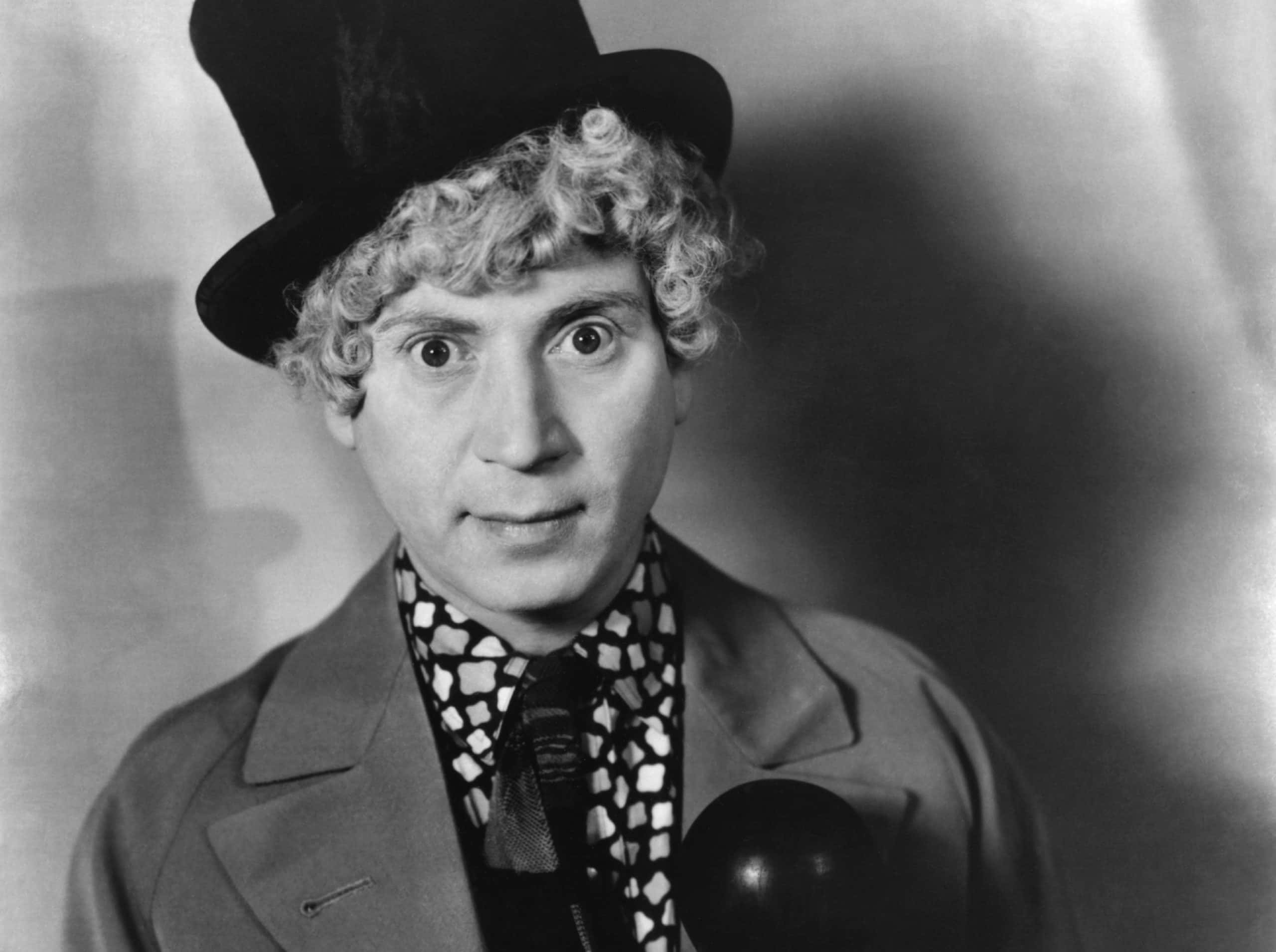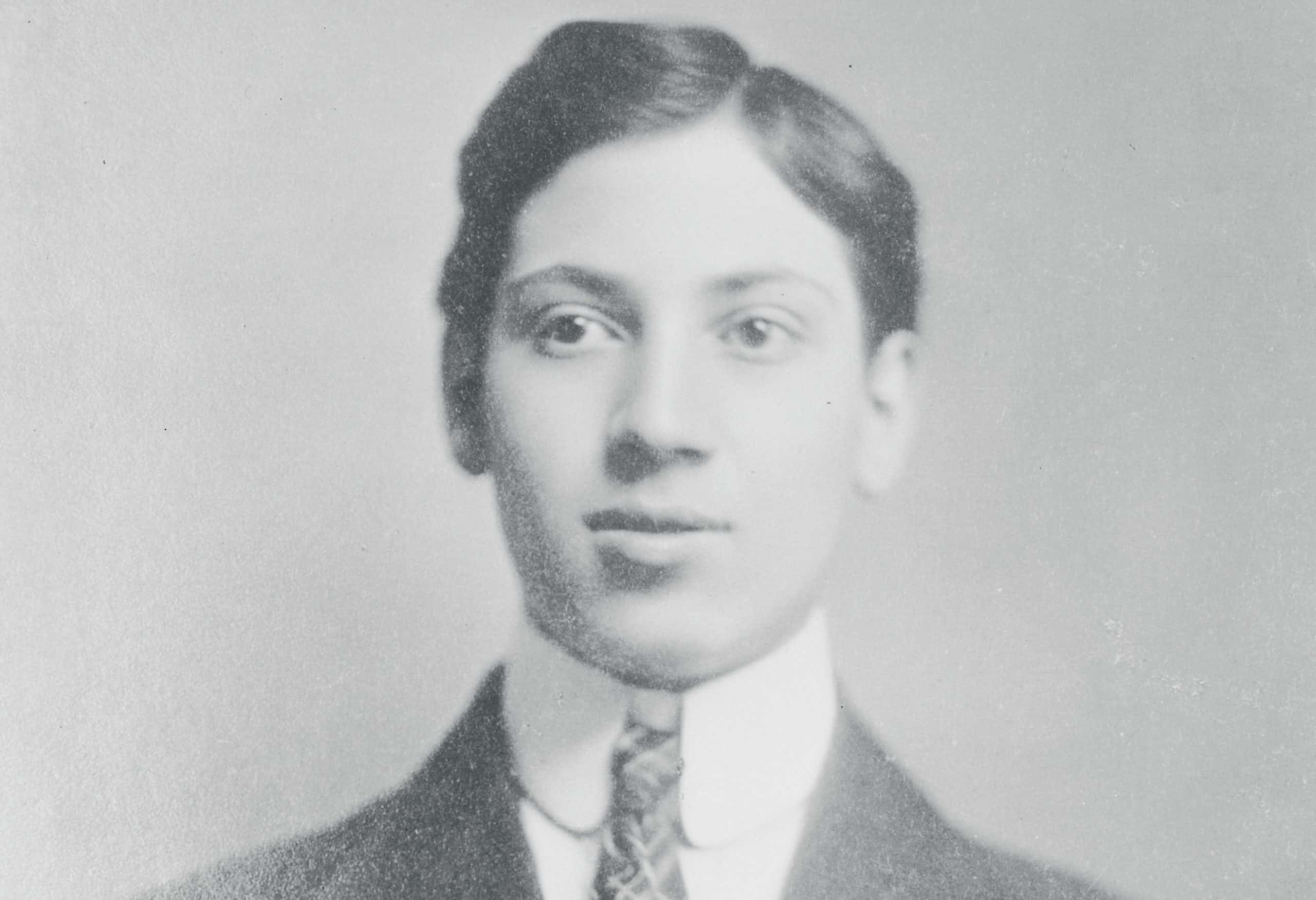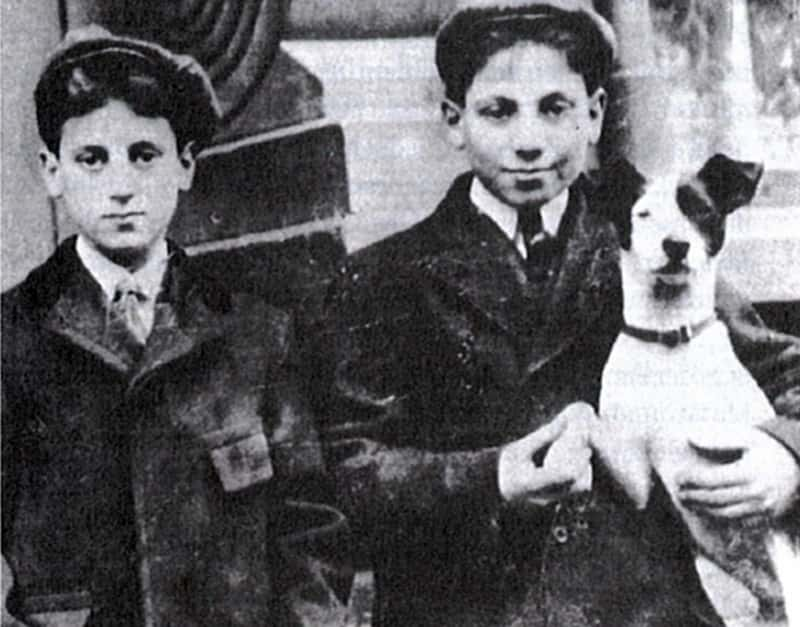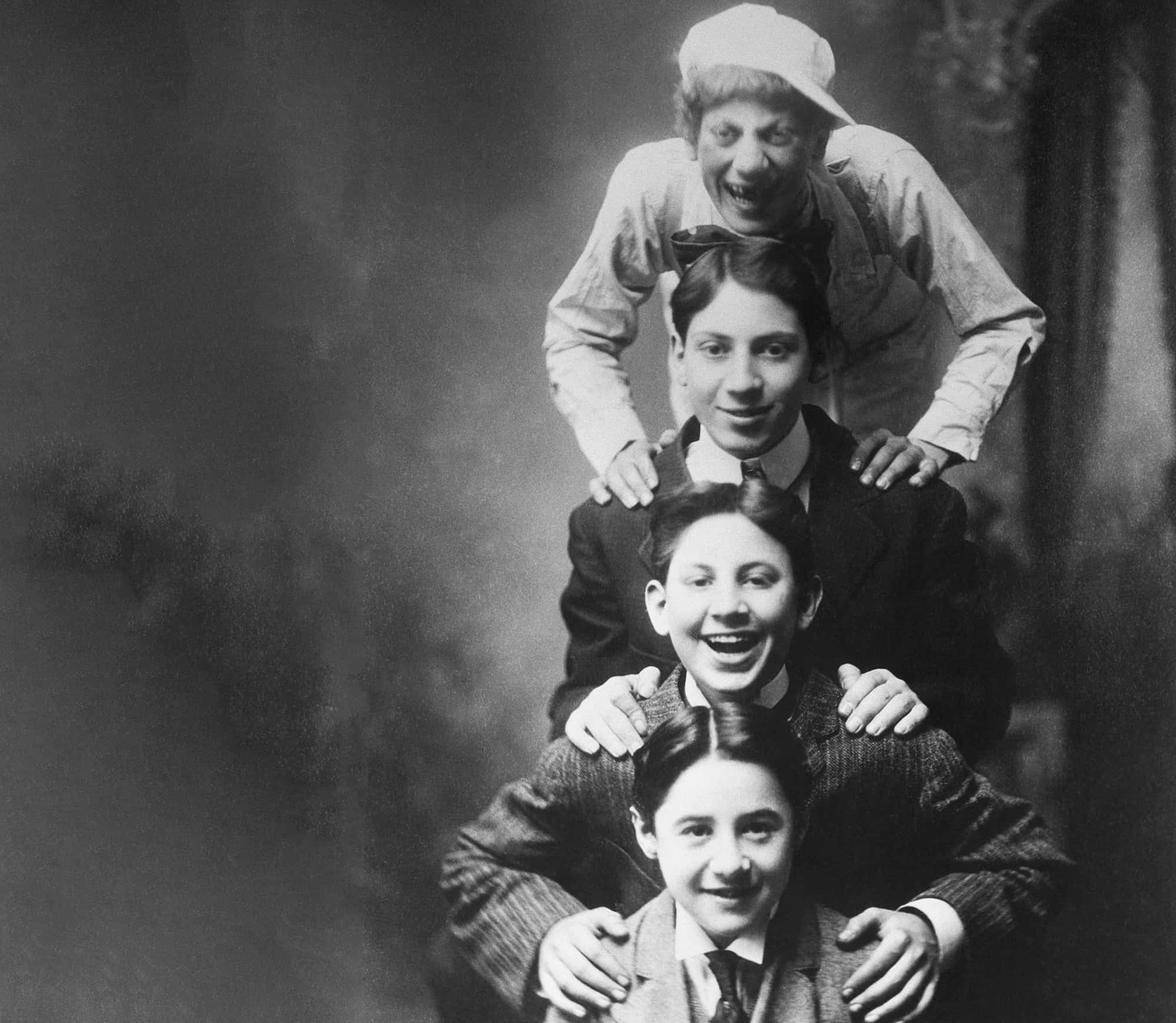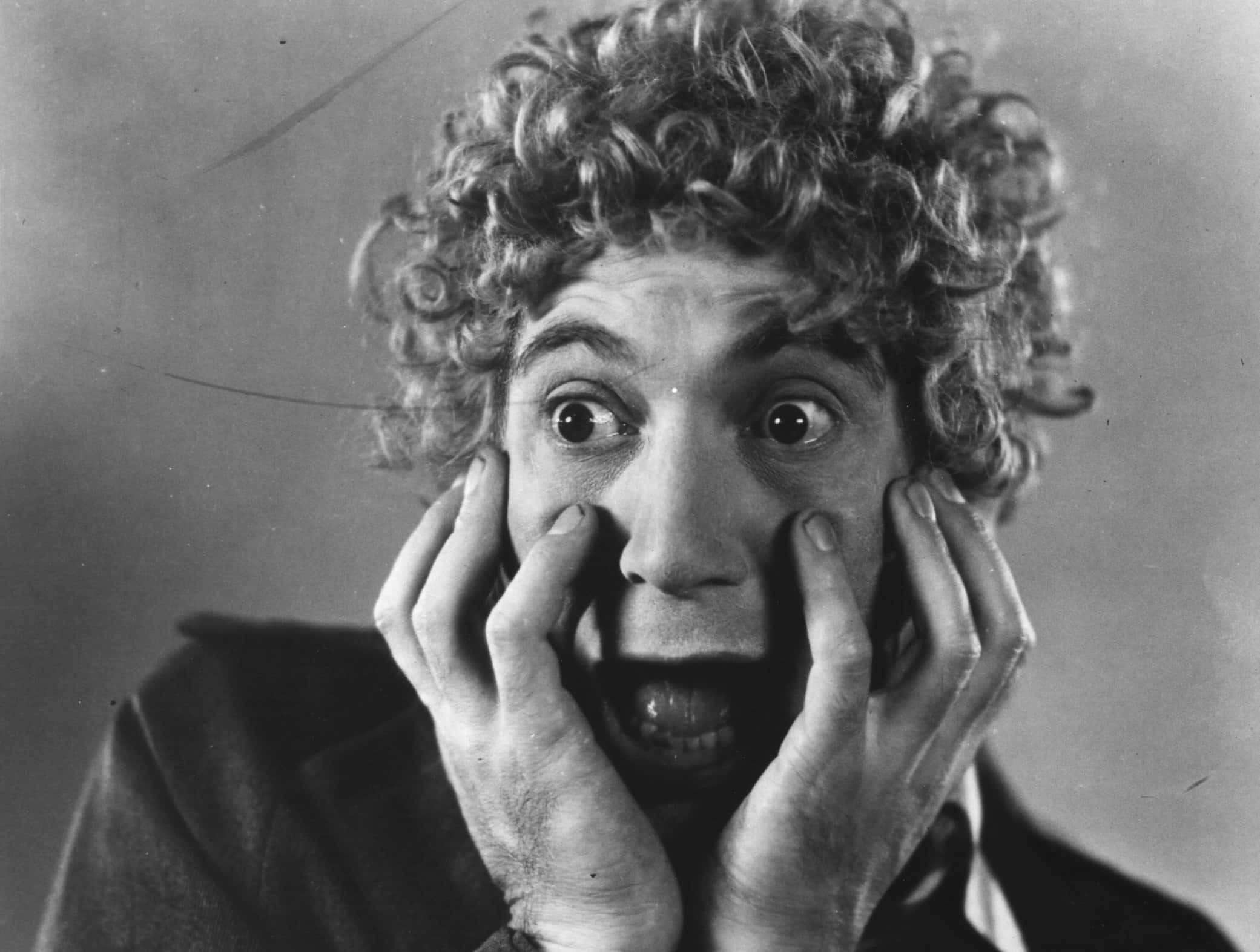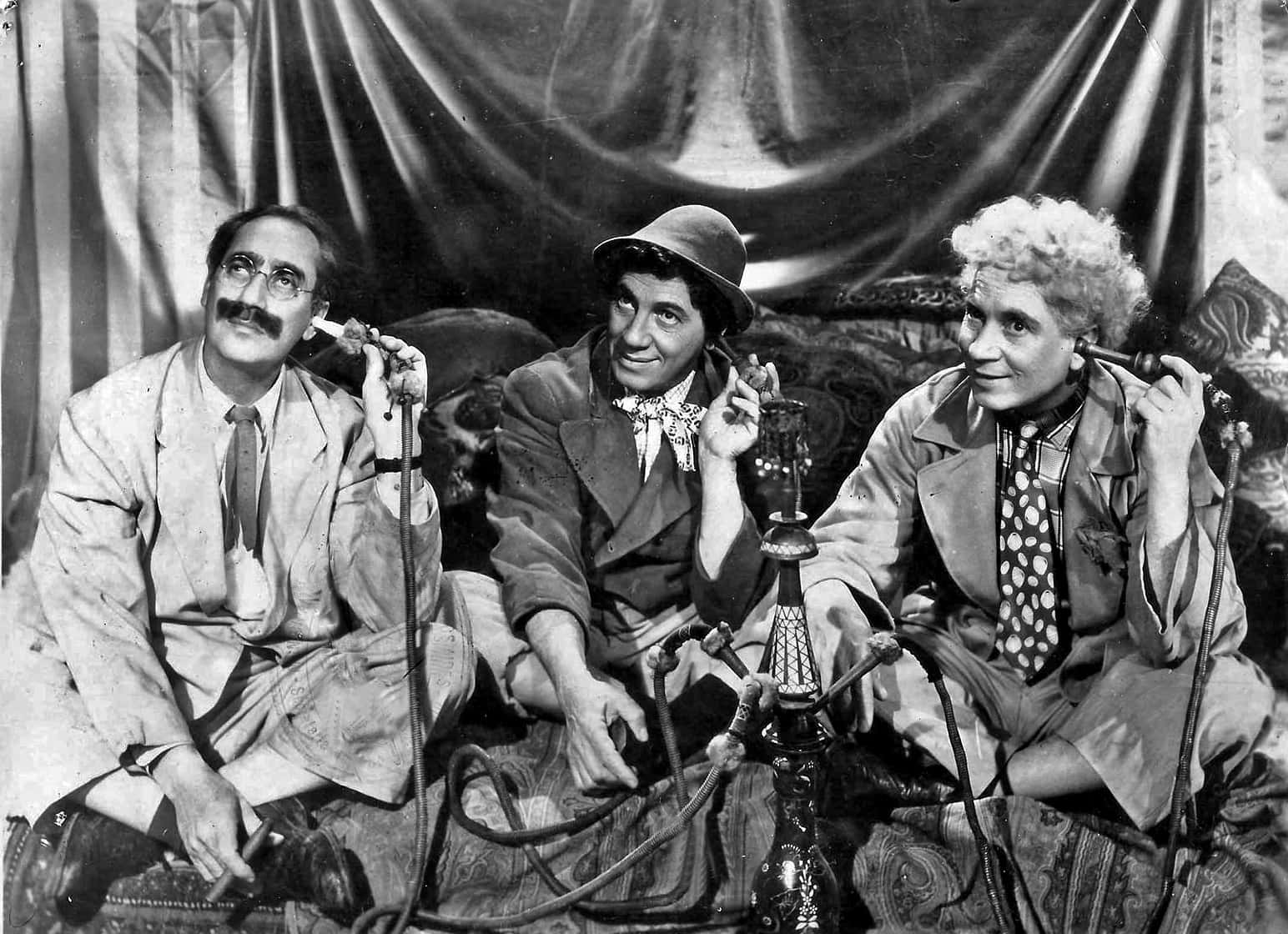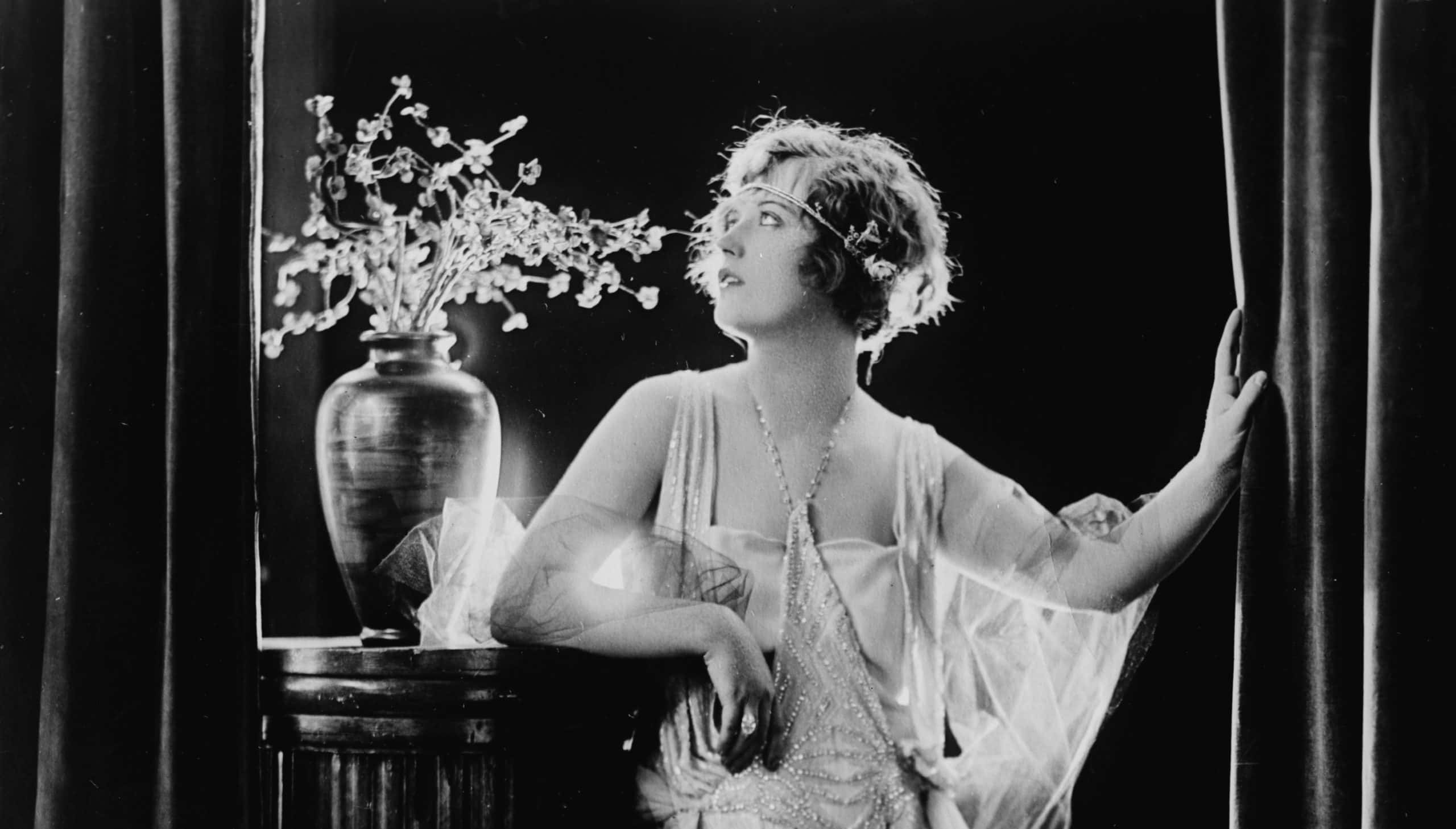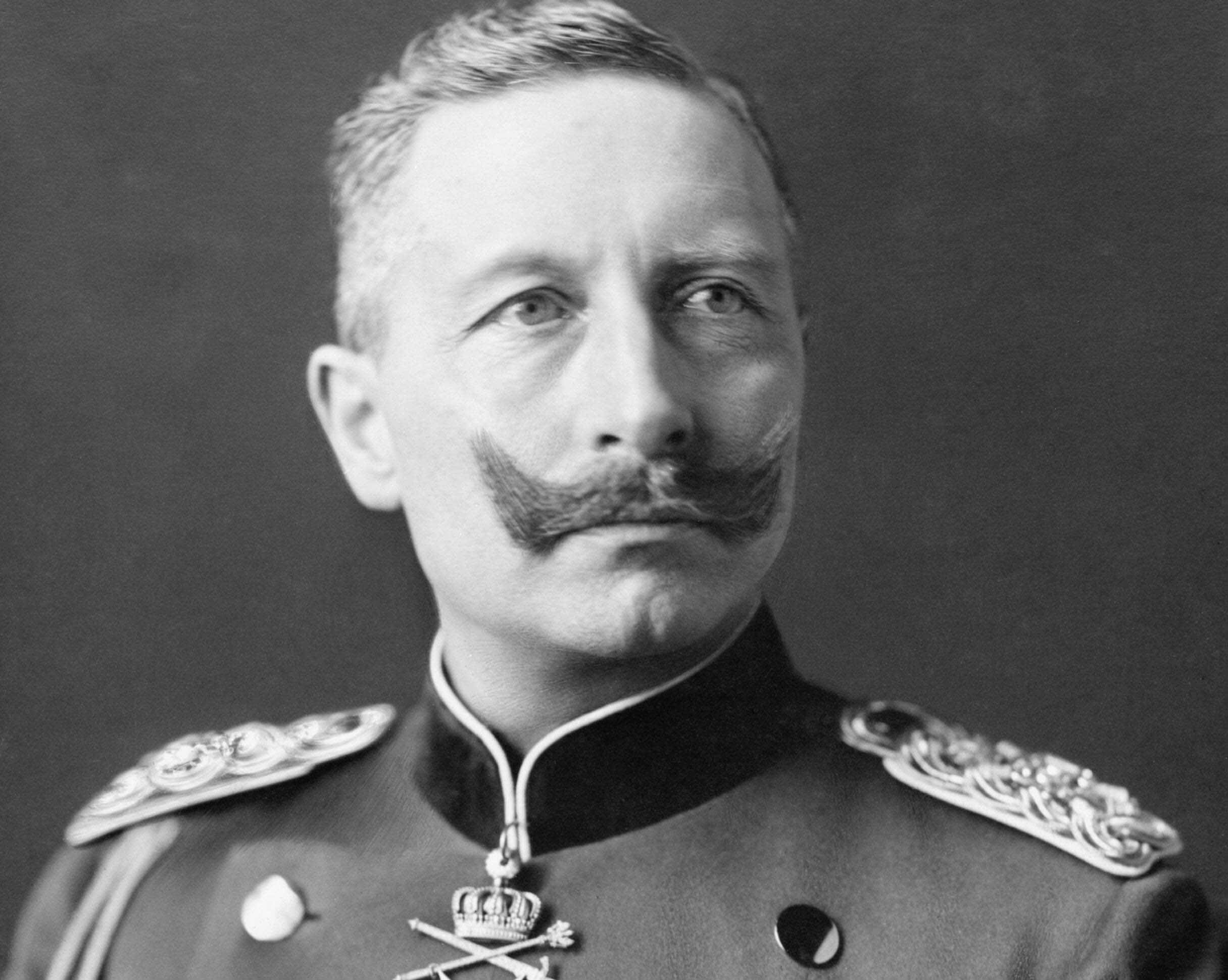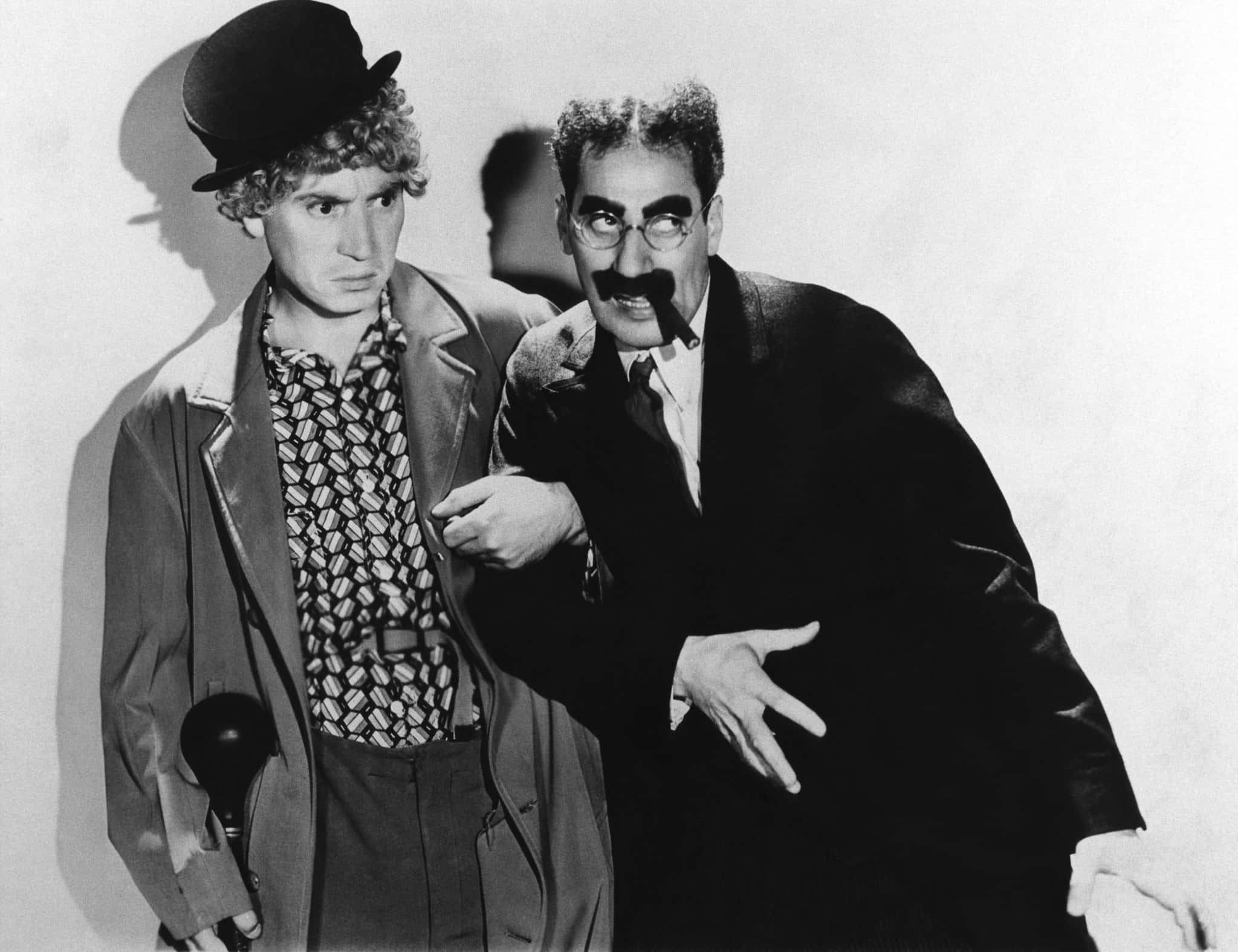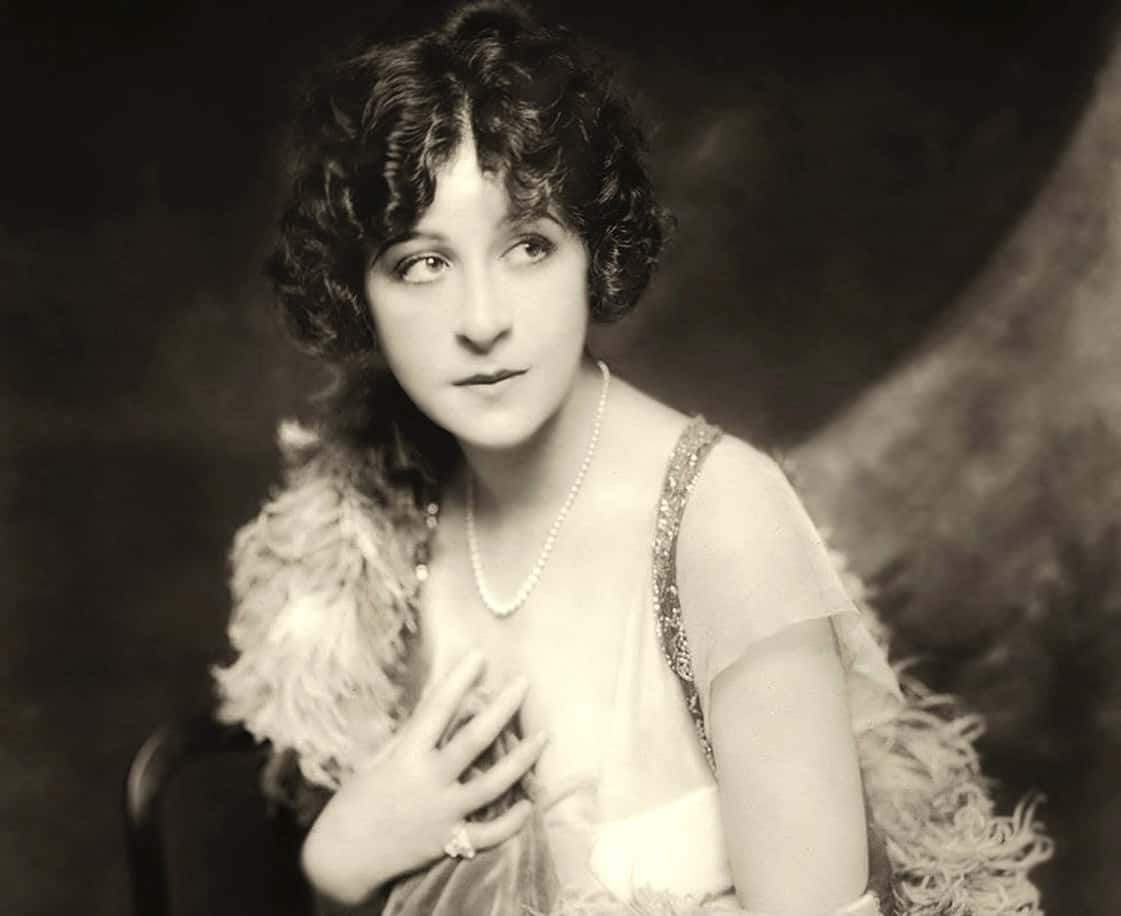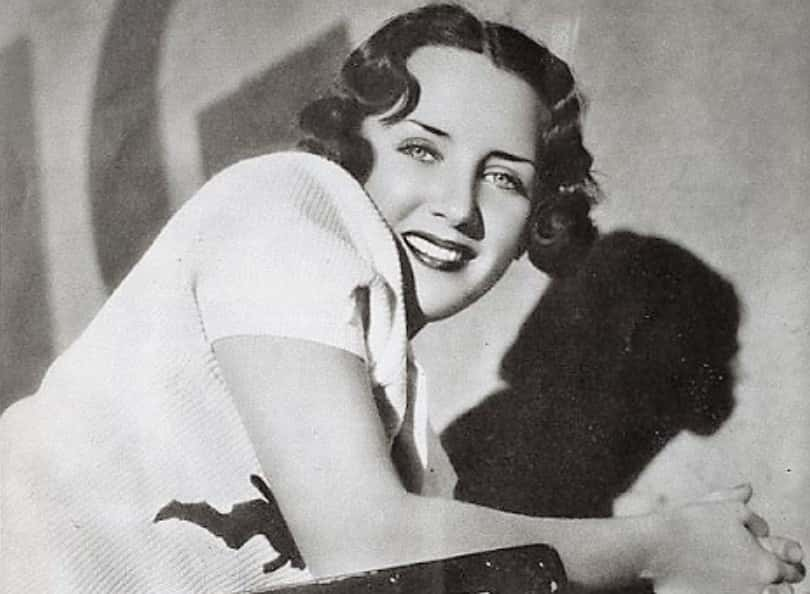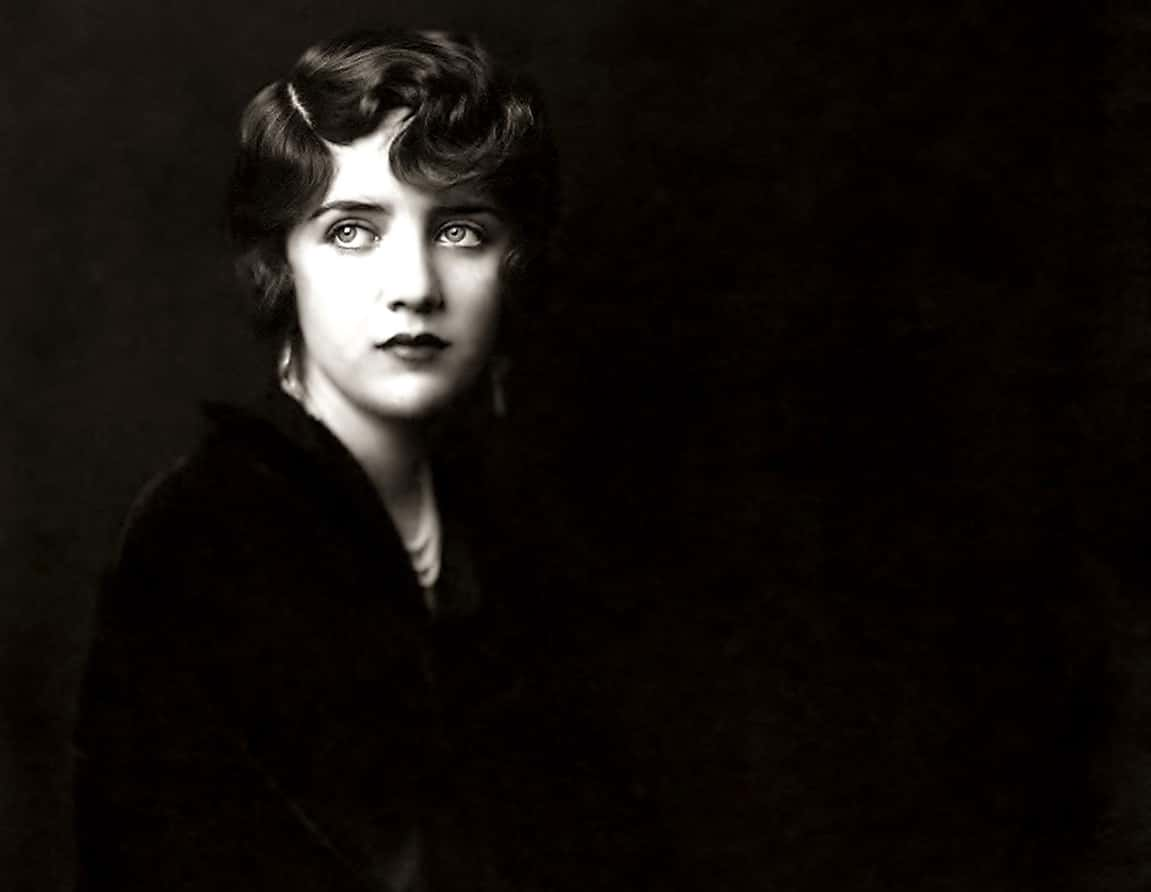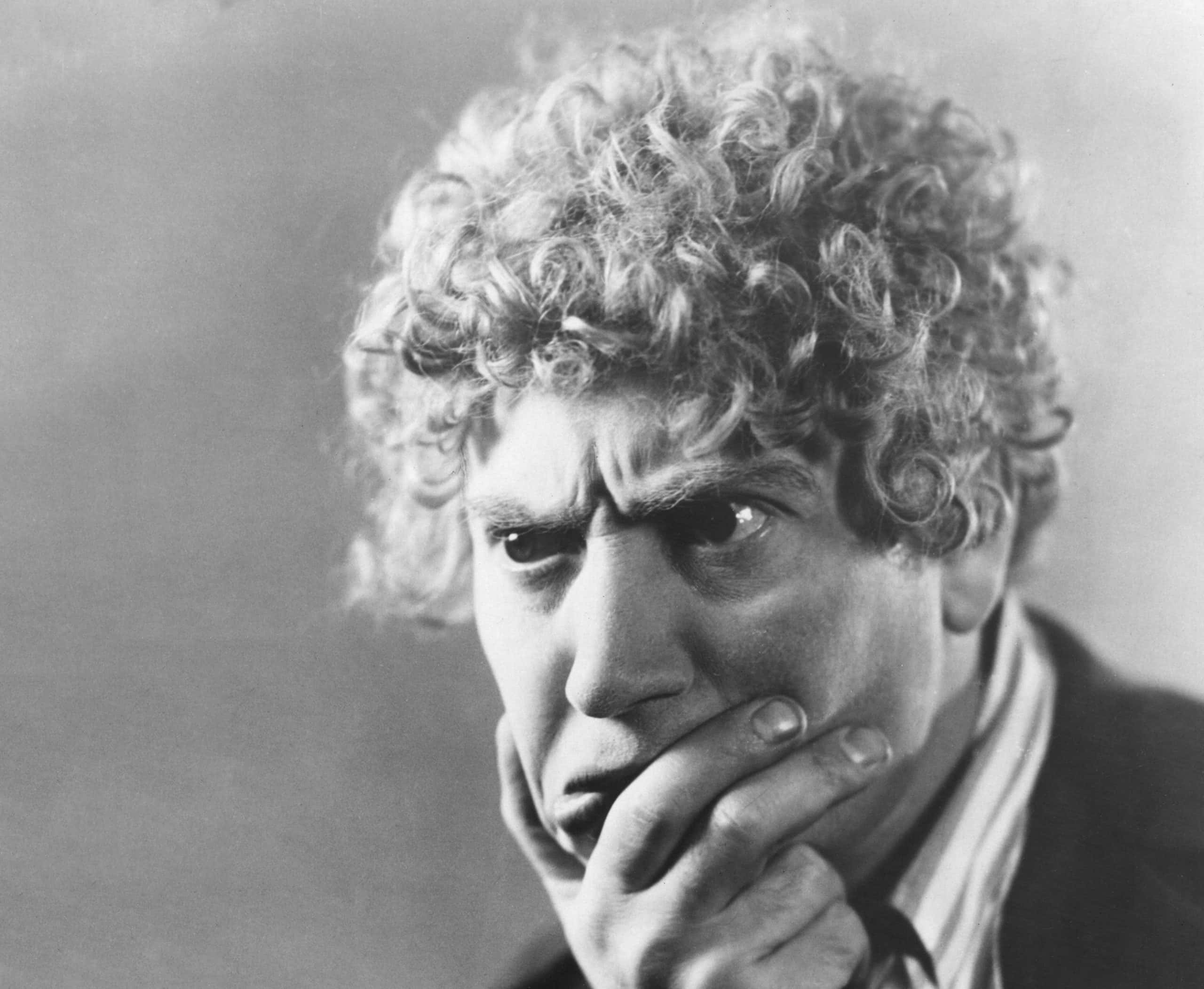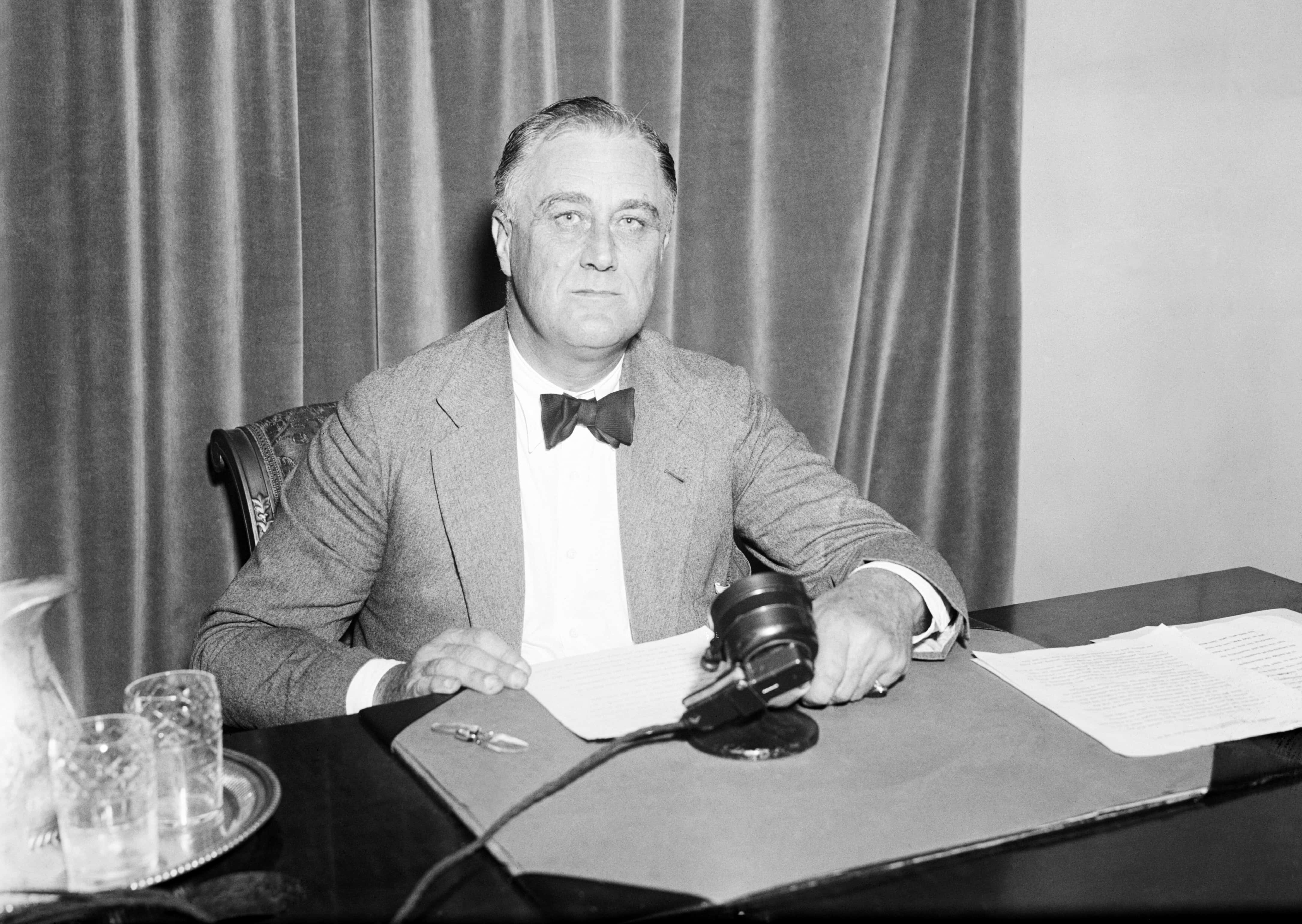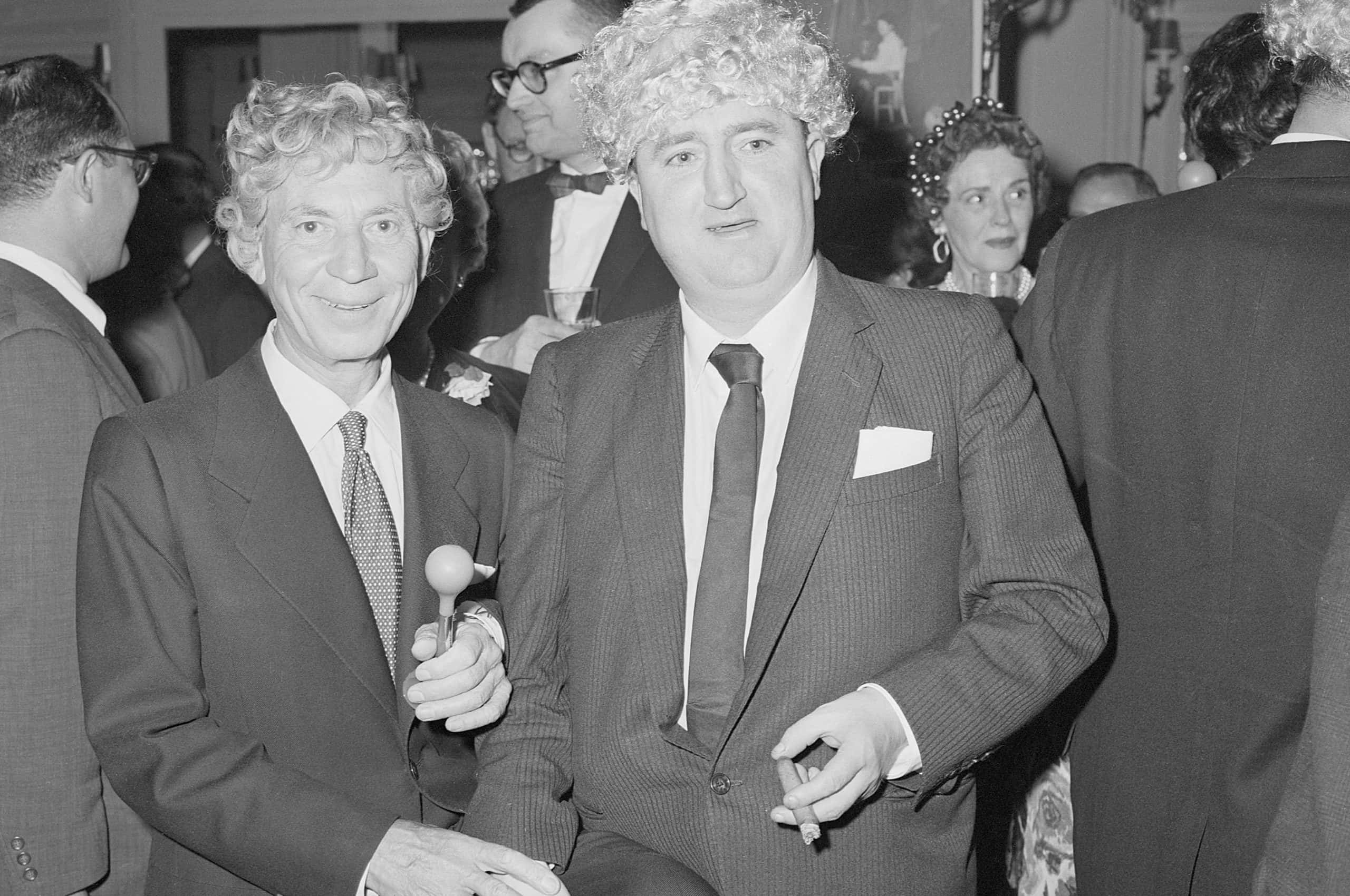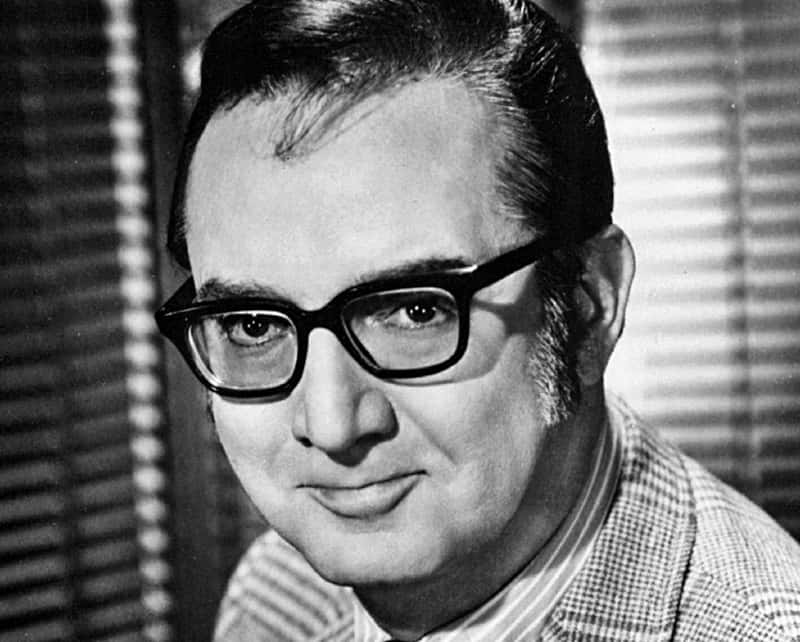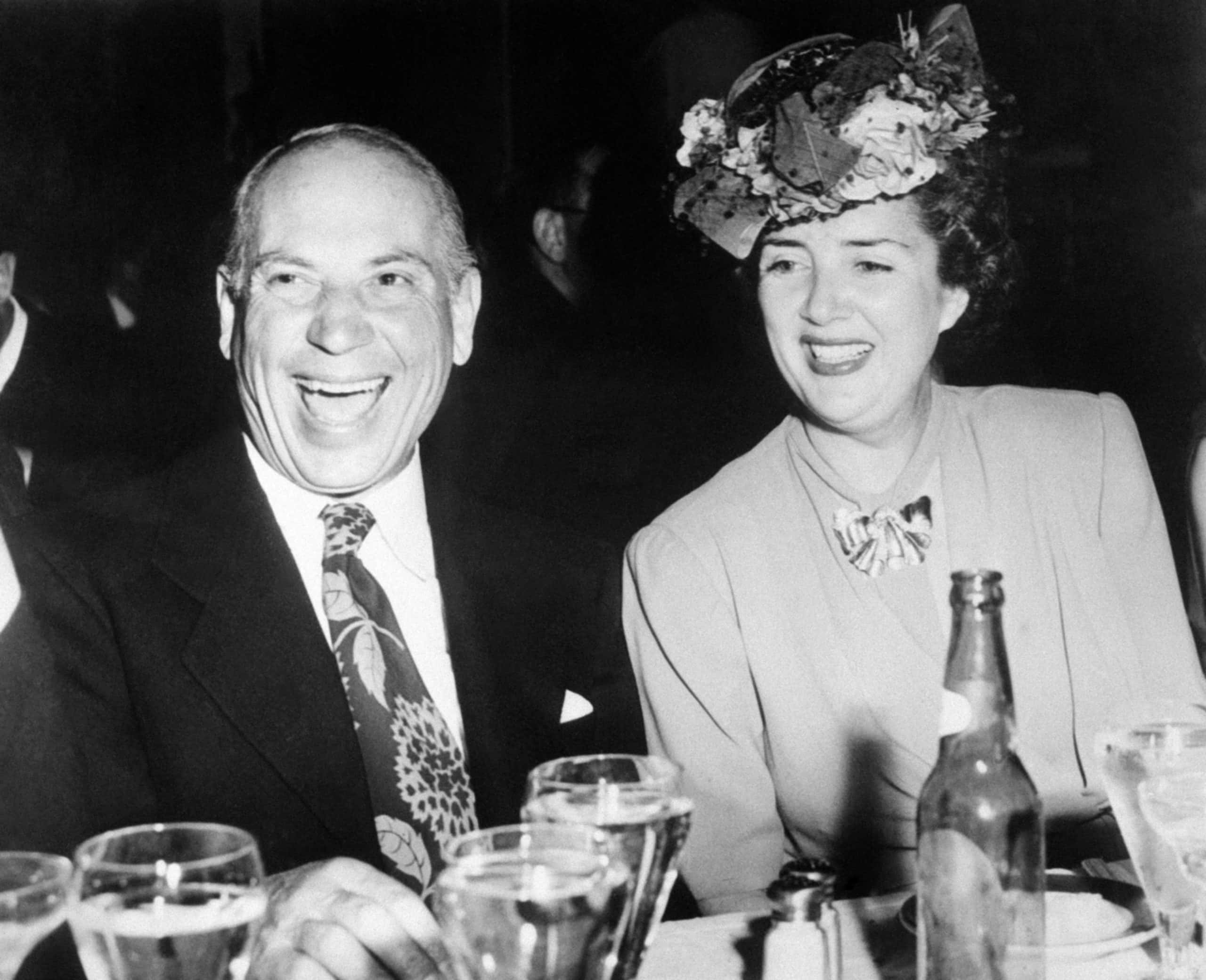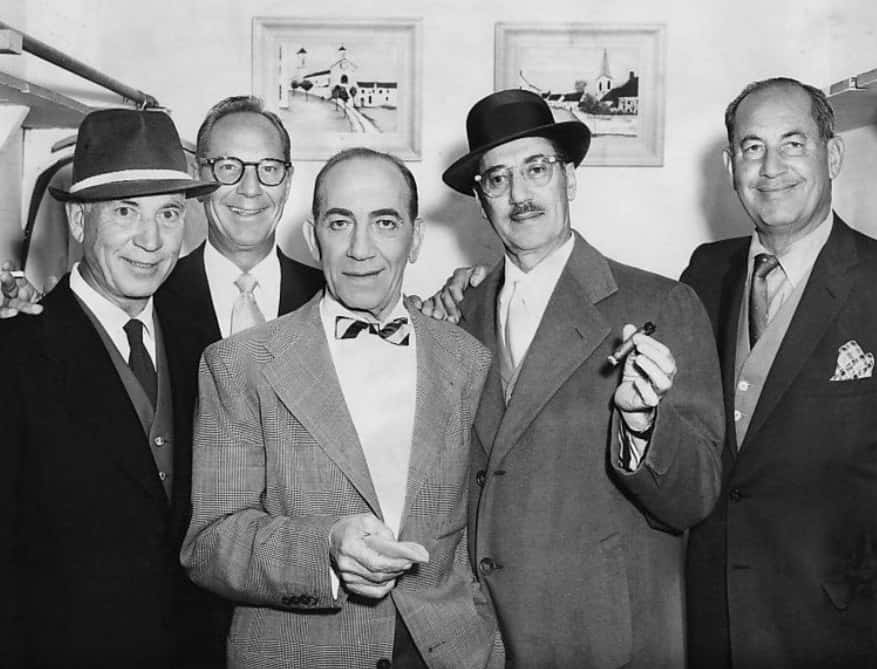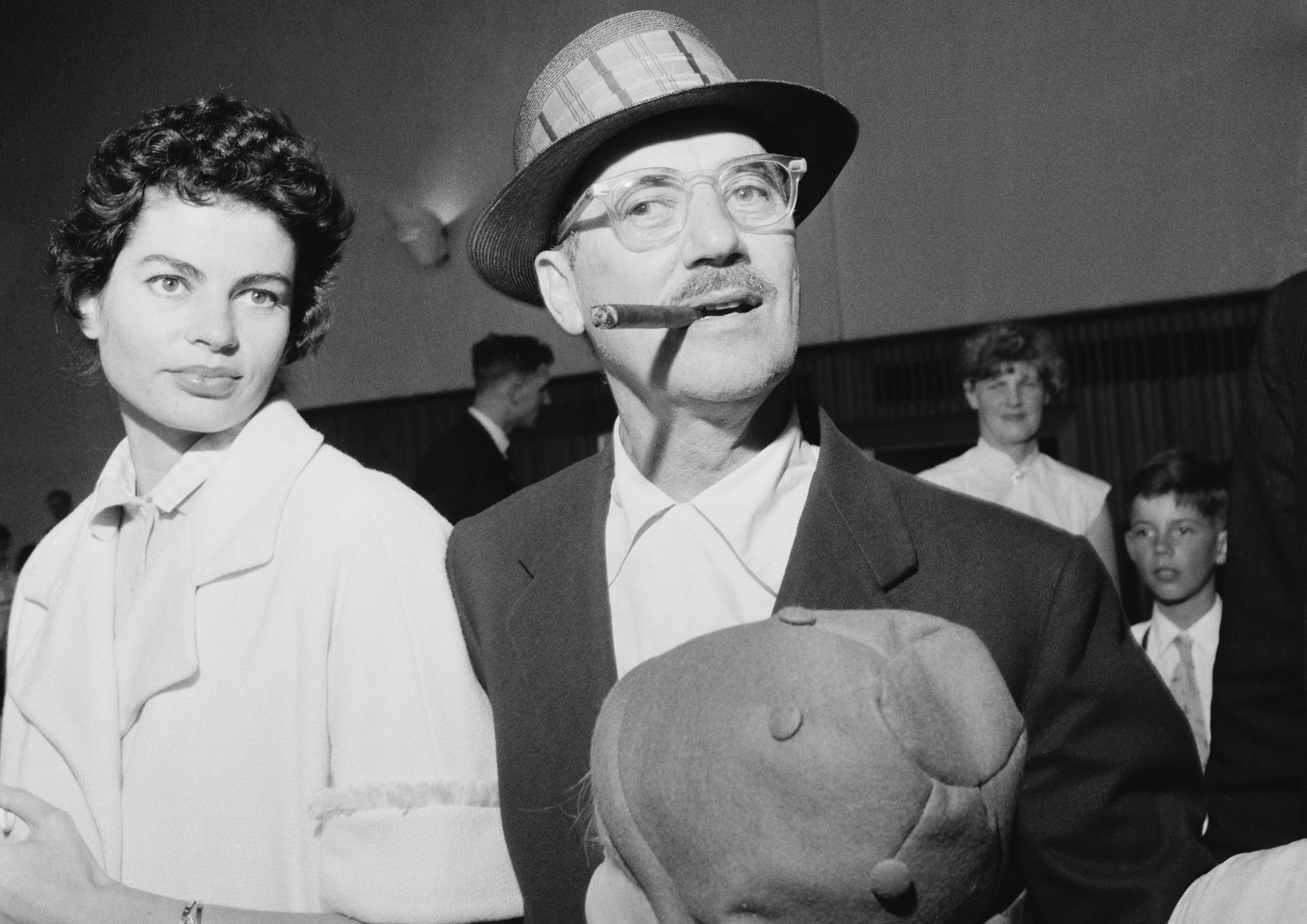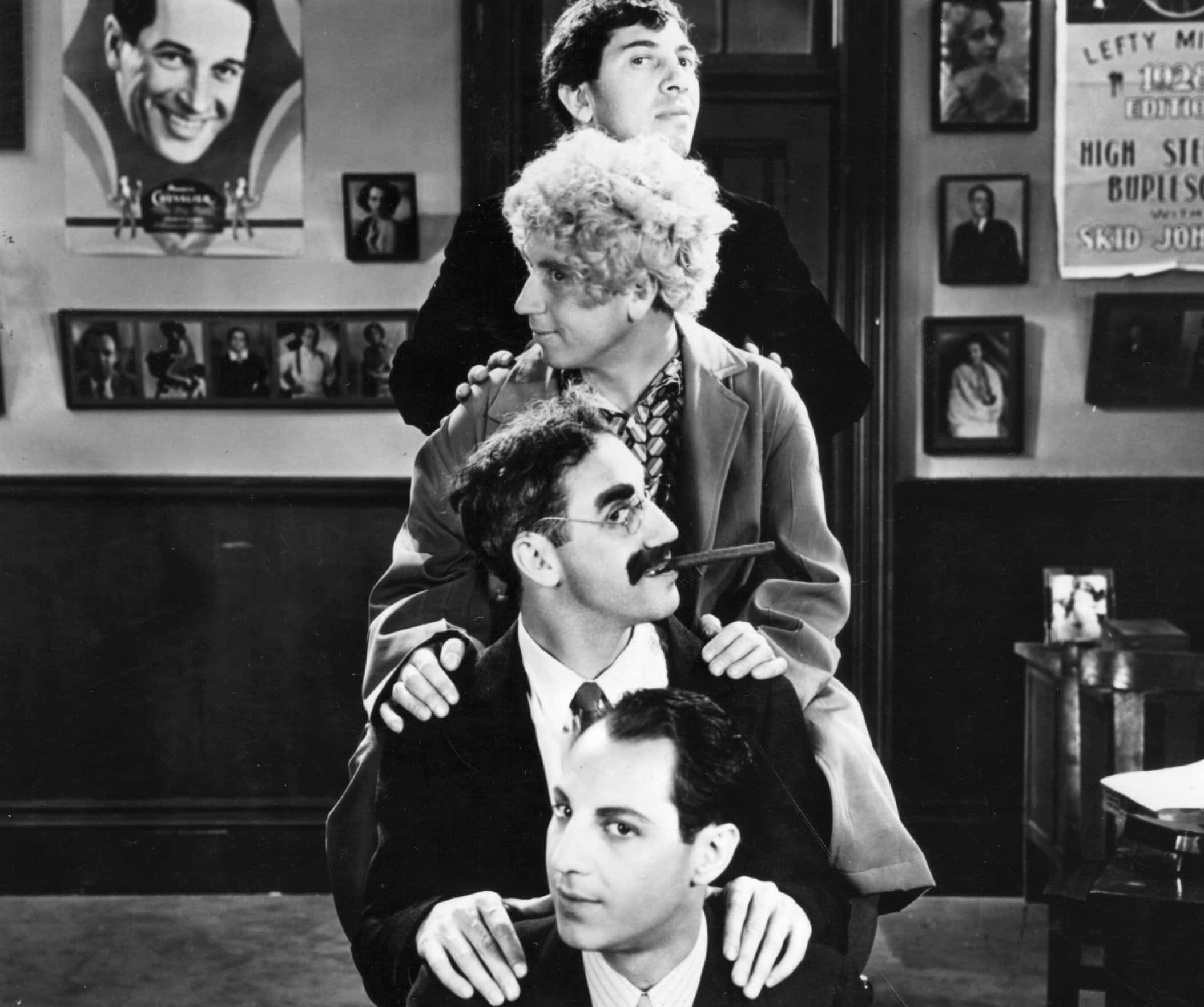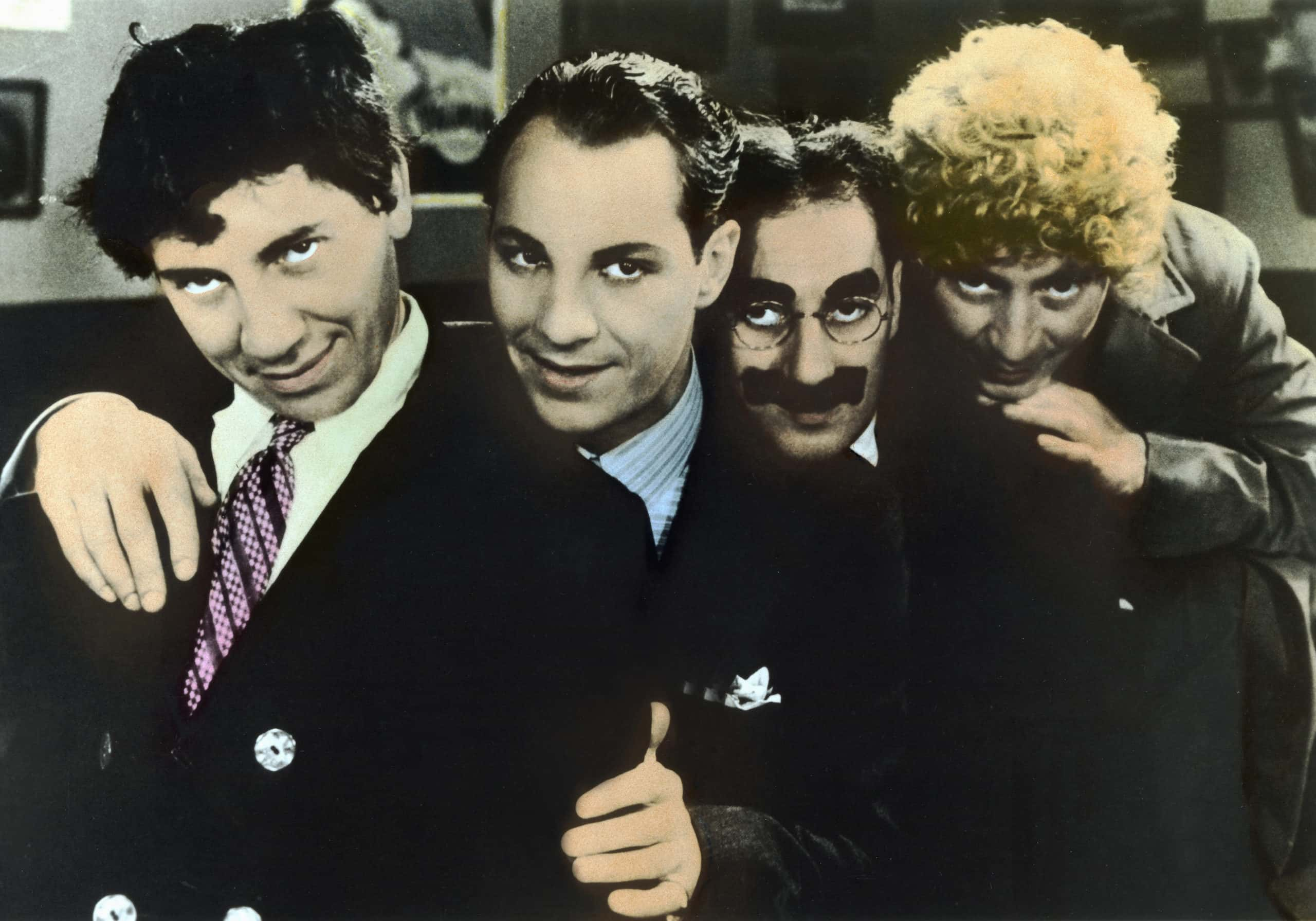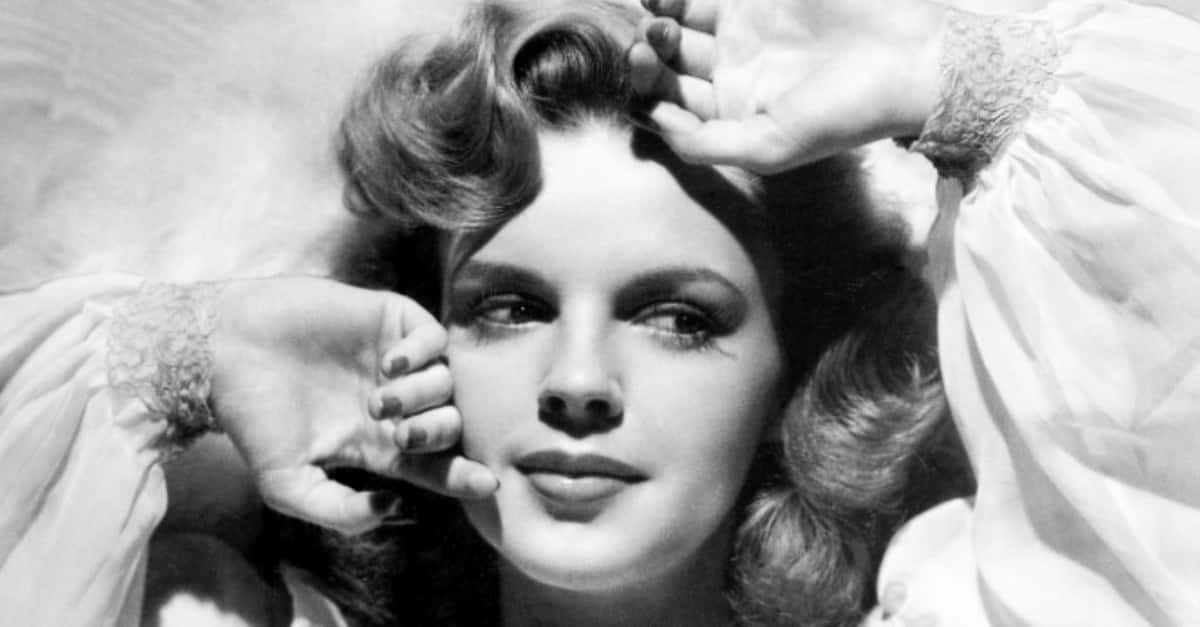Why is it that the comedians always hide the darkest secrets? Like Peter Sellers's horrific parenting, Mae West's wild marriages, or Milton Berle's special "gift." Turns out, the ones who make us laugh might secretly be the most messed up of us all. At least, that's the case with these classic comedians from Hollywood's past.
1. His Name Had A Chilling Meaning
In 1925, Sellers was born into comedy. His parents, Bill and Agnes Sellers, performed in variety shows, and Peter made his stage “debut” at just two weeks old, when a family friend carried him on from backstage. But from the beginning, his childhood was no laughing matter. Case in point: Although his parents originally christened him “Richard Henry,” they switched it to “Peter”…after his stillborn older brother. Yes, that’s more than a little creepy—and it wouldn’t get better.
2. He Had Big Mommy Issues
As a young boy, Peter showed inklings of the dysfunctional relationships that would eventually eat up his life. He and his mother had an extremely close bond, but it wasn’t necessarily a healthy one. While Agnes was domineering, Peter was cringing and shy, and their dynamic had a dark symbiosis to it. Despite this, his mother had no problem fobbing her young, only child off for weeks at a time while she and his father went touring.
Hmm, I wonder why every adult relationship Sellers ever had turned out to be a horror story.
3. He Had A Whirlwind Romance
As a young man, Sellers met the beautiful Australian actress Anne Howe. From there, things moved incredibly fast—some would say much too fast. He proposed just a year later, and by 1958, they were married and had two children together, Michael and Sarah. At this point, Sellers could have settled down into fatherhood and cruised into a happy life. Psst: He didn’t.
4. He Sent His Wife A Nasty Telegram
For one thing, Sellers wasn’t your average family man, and he could be downright cruel to his new wife. According to one story, the pair were in their apartment one afternoon, with Peter working in his study and Anne around the house, when there was a ring at the door. When Anne answered it, she found a telegram Sellers just sent from the other room ordering her to, "Bring me a cup of coffee. Peter." As we’ll see, though, this neglect was just the beginning.
5. He Lusted After His Co-Star
Sellers finally agreed to appear in 1960's The Millionaires for one reason and one reason only: Because he found out that his co-star would be none other than Italian bombshell Sophia Loren. He wasn’t shy about his motives, either; he excitedly told the press, "I don't normally act with romantic, glamorous women...She's a lot different from Harry Secombe." Surprising almost no one, this was a recipe for utter disaster.
6. He Made A Chilling Confession
Whether or not Sellers actually sealed the deal with Sophia, he made an incredibly mortifying revelation to his wife. One day after working on set with Loren in close quarters, Sellers confronted Anne and told her point-blank that he was in love with Loren and there was nothing she could do about it. At first, the conversation didn’t go far past the admission. Then Sellers upped the stakes again.
7. He Asked His Son A Horrific Question
Without much in the way of role models when he was a child, Sellers was never a very good father or husband, and his obsession with Loren made him an even worse one. One evening during this time, he woke up his young son Michael in the middle of the night for the sole purpose of asking him a bone-chilling question: “Do you think I should divorce your mummy?” And he didn’t stop there.
8. He Forced His Children To Pick Sides
By 1962, Sellers was full-on pestering his own children about his marital status. He asked both Michael and his sister Sarah "who we love more, our mother or him.” Although Sarah demurred that she loved them both the same, Michael defiantly said, “No, I love my mum.” Sellers’ response was brutal. He kicked both children out of his presence and declared he never wanted to see them again.
Sellers didn't follow through with the threat—though maybe the kids wished he would have...
9. He Made A Comeback
In 1979, Sellers got one last chance at a “serious” career when he starred in the extremely well-received black comedy Being There as the simple-minded gardener Chance. Sellers poured his heart and soul into the role, going method and staying well away from co-stars and journalists while filming. It paid off, and the part earned him an Academy Award nomination. Yet as always, Sellers had to go and destroy his own happiness.
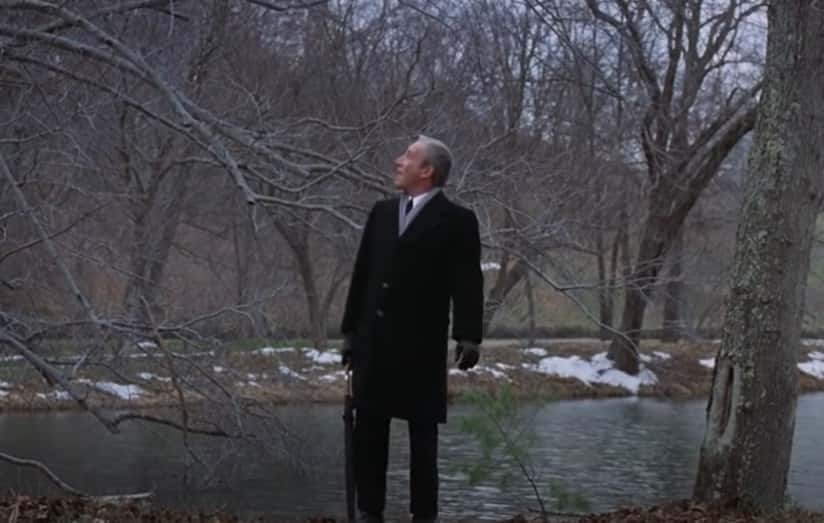 Being There (1979), BSB
Being There (1979), BSB

History's most fascinating stories and darkest secrets, delivered to your inbox daily.
10. He Threw His Drink At His Own Daughter
Soon after Being There came out and charmed critics, Sellers asked his 15-year-old daughter Victoria her own opinion of the film. She answered that she loved it, and added likely jokingly that, “You looked like a little fat old man.” At this, something in Sellers snapped. Recalling his tantrums with his other children Michael and Sarah, he threw his drink on Victoria and demanded she “get the next plane home.” Then he doubled right down.
11. He Cut His Family Off
When Sellers’ eldest daughter Sarah got wind of this fight, she told her father she disapproved of his actions. In retaliation, Sellers sent her one of the cruelest telegrams known to man. It read: "After what happened this morning with Victoria, I shall be happy if I never hear from you again. I won't tell you what I think of you. It must be obvious. Goodbye, Your Father." In a sad twist, this would be one of the last things he ever communicated to his daughter.
12. He Burned Out Young
On July 22, Sellers had plans to meet with his The Goon Show buddies Spike Milligan and Harry Secombe for dinner in London; he had been away and a reunion was long overdue. He would never make it. That afternoon, Sellers sat down to lunch in his hotel and collapsed from yet another heart attack soon after. This time, he wasn’t so lucky: He passed in the hospital just a couple of days later at the age of 54.
Yet like all good comedians, Sellers had a few more surprises in store for both his friends and his enemies.
13. His Friends Joked About Him
When Sellers’s Goon Show friends heard he was never going to reschedule those dinner plans, they were heartbroken. However, they also reacted with characteristic black humor. Harry Secombe joked that, after all, Sellers would do “anything to avoid paying for dinner.” But at his own funeral, Sellers got Secombe back for the wisecrack.
14. He Played A Macabre Prank
Sellers simply couldn’t resist playing one final practical joke as mourners buried him on July 26, 1980. During the private service, Sellers had insisted that they play the song “In the Mood” by Glen Miller, specifically because he knew that all the Goons despised the schmaltzy tune—he wanted to prank them by forcing them to sit and listen to it in respectful silence. Still, not all of Sellers’s last testaments were so cheery…
15. He Had A Secret Last Wish
Just before he passed, Sellers was hiding an enormous secret. As he always did, he was growing tired of his latest marriage (He was on his fourth one at this point), and there is some evidence that even in the weeks leading up to his demise, Sellers was trying to cut his wife entirely out of his will. To his children’s dismay, he didn’t complete the paperwork, and Frederick got the vast majority of the estate anyway.
16. He May Have Been Bi-Polar
Sellers obviously suffered from mental health issues throughout his life, but as his demons got worse, he remained staunchly opposed to seeking any professional help. Besides causing him a world of trouble, it also makes his ailments difficult to diagnose—but his ex-wife Britt Ekland had one idea. Ekland believed that Sellers suffered from bipolar personality disorder.
That would certainly explain Sellers' chilling behavior over the years—but I don't think anything could explain our next star's behavior. Her name was Mae West, and she was the raunchiest woman in Hollywood.
17. She Started Young
Mae West always made herself out to be a maneater—and just like her acting career, she started early. Way too early, in fact. In one account, West claimed that she was determined to lose her virginity before puberty, so she wouldn’t have to worry about getting pregnant. She said that she seduced her 21-year-old music teacher when she was 13, and told him that it was no big deal because she’d already done it before.
West’s nonchalant attitude about the birds and the bees became one of her defining characteristics—and any efforts to tamp it down ended in disaster.
18. She Never Worried About Her Reputation
Whenever West’s mother saw that she was spending too much time with any one boy, she’d encourage her daughter to move on—which often backfired. When West fell for bandleader Joseph Schenck, her mother told her to keep her options open…so she dated every other member of the band, one by one. West never kept a boyfriend for more than a week or two. She was way too preoccupied with her stage career.
But this was Mae West we're talking about. The boys kept calling—but whenever she answered, she usually made them regret it.
19. No One Measured Up
By the time she was 17, Mae West was established in the vaudeville circuit. And already, she was extremely hard to impress. But there was one way around that. When a young man named Frank Wallace began to consistently get more applause than her, she noticed. He proposed that they put on an act together, and she agreed.
Well, they were both getting more than they bargained for.
20. She Finally Fell
Considering her…history, Wallace was surprised when West kept him at arm’s length. She was not interested in mixing business with pleasure. They rehearsed, and eventually performed—but still, he’d occasionally proposition her when they finished their rehearsals, mostly out of habit. She’d reject him, and they’d go on with their lives…but late one night, West gave him the surprise of a lifetime. She jumped into his arms, and he responded ecstatically.
From then on, it was both business and pleasure—and unlike her previous relationships, she didn’t dump him as soon as they hit the one-month mark. But maybe she should have…
21. She Did It All In Secret
Mae West and Frank Wallace fell deeply in love on their ten-week tour. Or at least, Wallace did. They just fell into a new routine, similar to the one they’d had during rehearsals. He’d propose, she’d say no—and as an added bonus, she would occasionally fool around with another actor or an adoring male fan. Still, he stuck around, and his persistence paid off.
Finally, in 1911, West relented and told Wallace she’d marry him. They eloped in Milwaukee—but while Wallace hoped for a happy ending, he was in for something else entirely.
22. The Bloom Was Off The Rose
Two young lovers, eloping out of sheer passion for each other. Mae West’s wedding to Frank Wallace should’ve been a fairy tale—but it was more of a horror story. It appears that the very act of marriage snuffed out any romantic feeling she had for Wallace, and according to her, she got a separate hotel room on their very first night as man and wife. If this sounds bad, well…you should hear Wallace’s version of it all.
23. She Kept Him Under Lock And Key
According to Wallace, he did get a taste of happily-ever-after with Mae West—but it had the longevity of a mayfly. After Milwaukee, they went to St. Paul, and from there, Minneapolis. That’s when Wallace realized West wasn’t exactly ready to settle down as she’d promised. West would depart their room at midnight and lock him in, only returning after 3 AM.
He heard from fellow vaudevillians that she was going on dates with locals—at least five in the time they were in Minneapolis. Wallace confronted her—but it didn’t really go as planned.
24. She Wanted Her Freedom
When West’s husband confronted her about her cheating, she’d simply laugh and tell him that she didn’t think she was doing anything wrong, and that it was all innocent fun. Wallace’s reaction was even more surprising. He was so obsessed with her that he didn’t want to rock the boat and lose her. On top of that, she was hiding a secret. West never told her family about the marriage—and she didn’t want to.
When they returned to New York, she told him that they both had to keep it a secret and live separately. Wallace likely thought the arrangement was temporary. He was so, so wrong.
25. She Turned Her Back On Him
They’d once mixed business and pleasure, but when it came to Wallace, West quickly withdrew from the “pleasure” part of the arrangement—and then gradually withdrew from the “business” part as well. West left Wallace high and dry and threw herself into her vaudeville career. As a solo artist, she solidified her look and act, taking large doses of inspiration from the best “female impersonators” of the era.
In fact, the reference was so heavy-handed that people whispered that Mae West herself must actually be a man under all the costumes and makeup. It wouldn’t be the last time that West sparked these kinds of salacious rumors, as we’ll see.
26. She Tried To Get Rid Of Him
Even though she’d kicked him to the curb, West’s estranged husband Frank Wallace came crawling back for more. She begged him for an annulment, and when that didn’t work, she tried the opposite strategy. West asked him to buy her a home, as was her due as a wife. However, when she went to the bank with him, her reaction was unforgettable.
Seeing that he had mere pennies in savings, she told him, “You need this more than I do.” It was over for real, and Wallace knew it—yet neither sought to legally end the marriage. As we’ll see, it would be a decision that came back to haunt them.
27. She Knew Just What To Do Next
One day, while driving by the waterfront, Mae West was struck by the sight of two sailors procuring the services of a woman—and it inspired a scandalous idea that would change the course of her life. West began writing a play under her pen name, Jane Mast, about the adventures of a prostitute (with a heart of gold, of course) named Margy. She enlisted the help of a director, who seemed just as interested in her sex appeal as her words.
In fact, all of his exclamations about her more seductive qualities led her to finally pick a title for the play. She decided to call it Sex.
28. People Clamored To See Her
Mae West had appeared on Broadway before, but this was her first time starring in a production. Her confidence carried her, but so did word-of-mouth. While a pre-Broadway run in Connecticut had gotten off to a rough start, by the second night, word had spread and sailors had lined up around the block to catch the show.
Despite negative reviews once the play hit Broadway, the same thing happened, as raucous audiences filled the aisles to see the most controversial show of the year—and then, the backlash began.
29. She Kept Trying Harder To Get Attention
Mae West kept waiting for something to happen to shut down her play, some grand act of censorship, but week after week, it didn’t come. So, she took things to the next level. She wrote a new play that she thought might be even more controversial. She called it The Drag, and the gay men and drag queens she’d met in show biz had been her primary inspiration.
While they never took it to Broadway, it was a huge success during its runs in Connecticut and New Jersey. For once, West didn’t write herself in as star, and let the subjects of the play take center stage. Quite surprising, considering who she was…
30. She Needed More In A Desperate Time
As the effects of the Great Depression worsened, Mae West had been successful enough to mostly be sheltered from it all—at first. Broadway and vaudeville, on the other hand, were limiting their offerings thanks to dwindling audiences, leaving West with nowhere to perform—a dire consequence for someone like her. On the other side of the country, a new possibility beckoned.
Hollywood was doing just fine, despite the circumstances. But could it accept a woman on the verge of her 40s, best known for antics that many would consider too wild for the screen?
31. She Didn’t Let Anyone Bring The People She Cared About Down
When West moved to Hollywood, she moved into a building called The Ravenswood. It was one of her few relationships built to last, as she stayed there until the end—but it wasn’t always a happy one. When West began to date Black boxing champ Gorilla Jones, management banned him from the building on account of his race. West’s reaction was unforgettable.
She purchased the building and got rid of the ban. Sadly, it wasn’t the only romantic trouble she had to deal with.
32. Her Secret Came Out
Mae West wasn’t shy when it came to talking to the press about her romantic conquests—but there was one subject that was off-limits. Or at least, it was, until journalists unearthed her scandalous secret. Someone dug up evidence of her marriage to Frank Wallace in 1935. West denied it, but Wallace went to court to get them to recognize the marriage. The tabloids went into an uproar—and when the battle looked like it might not work in her favor, West was uncharacteristically silent.
Squabbles in and out of court continued for seven more years, before West finally ditched Wallace for good, paying him off, as she said, with some blue-chip stocks. If she wasn’t already sour on marriage before, this did it…
33. They Couldn’t Stop Talking About Her
Mae West had heard her fair share of strange accusations over the years—some more bizarre than others. Here is a selection of some of the more bizarre and hilarious ones. Despite being nicknamed the “queen of sex,” it was rumored that she was actually frigid. It was also rumored that she possessed both male and female genitals; had undergone the world’s first gender reassignment operation; that she was actually a virgin; and that she was a man in drag.
And, as the obituaries and memorials rolled in after her passing, so did the retellings of her greatest, most jaw-dropping scandal of all.
34. Things Got Out Of Control
Mae West lived through plenty of scandals in her life—but none ever compared to the dark fate of her infamous play Sex. West had always intended it to be controversial, but initially, the play ran without much of a problem for months on end. It was wildly successful—but then it all came to a disturbing turning point one fateful night in February 1927.
That night, officers burst into the theater and detained West and several other performers. Despite her annoyance, West was actually thrilled.
35. She Used It To Her Advantage
Aside from being a talented performer and writer, she was also a shrewd businesswoman. She was more than ready to work the raid to her advantage—and that’s exactly what she did. West spent the night in a women’s prison and the next day got her boyfriend at the time, James Timony, to file an injunction against any interference with the show. On the next night, when officers showed up, West proudly brandished the restraining order against them.
Eventually, they charged her with maintaining a public nuisance and producing an immoral show. And, as you can guess, she faced it all in typical Mae West style.
36. She Proclaimed Her Innocence
For each court appearance, Mae West draped herself in black satin and furs, and then showed up to innocently declare that her play had no nudity or profanity, making it “one of the cleanest shows on Broadway.” West and her associates were extremely confident that they’d face no consequences for her play, risqué or not—and it completely blew up in her face.
The jury found them guilty of producing an immoral play. Next, West had to wait for her sentence.
37. She Was A Model Prisoner
The court ordered Mae West to serve ten days in jail and pay a $500 fine. As West herself stated, the publicity was worth so much more than $500 that it was basically a bargain. West also didn’t hold back from sharing a no-doubt embellished account of her days in prison. She claimed that the warden had let her keep her silk panties instead of the standard-issue cotton offerings. West even said that the warden took her riding in the evenings—and the story didn’t end there.
38. It Made Her An Icon
After all of that, they released her eight days into her ten-day sentence—for good behavior, of course. This story—and so many others like it—did exactly what Mae West intended. It not only cemented her position as someone who stood against censorship. It also propelled her status as the absolute legend that we know her as today, nearly 100 years on.
Mae West did things right. Her "scandals" never went too far beyond juicy rumors and bedroom exploits. Then there's Fatty Arbuckle, our next troubled comedy star. His scandal was so disturbing, it's unforgettable.
39. Party’s Over
Fatty Arbuckle was on top of the world in 1921, and so he was entitled to take a little vacation. On September 5, Labor Day, he and some friends rented a string of rooms at the St. Francis Hotel in San Francisco and threw a little gin party. The party proved to be the biggest mistake of Arbuckle’s career.
40. Turn for the Worse
After a nap, Arbuckle woke to discover his party had been crashed by several uninvited guests. Among them was Virginia Rappe, an actress with a reputation for overdoing it at parties. Rappe appeared to be in great distress, clutching her stomach and tearing at her clothes. She lay in bed at the St. Francis Hotel for two days before being taken to hospital.
41. Accused
While Rappe was in the hospital, her friend, Maude Delmont, told doctors Arbuckle had attacked her. While doctors found no signs of sexual assault and Delmont had a reputation as an extortionist, the authorities took the report seriously and speculated that Rappe’s organs must have been crushed under Arbuckle’s weight.
42. In the Jailhouse Now
Rappe succumbed to a ruptured bladder on September 9, 1921. Fatty Arbuckle, charged with manslaughter, turned himself into the authorities. He was placed in cell block #12 of San Francisco’s Hall of Justice to await trial.
43. Sunk
Reports of Virginia Rappe’s demise devolved into lurid stories and speculation, which made headlines around the country. William Randolph Hearst’s papers especially promoted the story. Hearst later said the Arbuckle scandal had been the biggest-selling news story since the sinking of the Lusitania.
44. Revenge is a Dish Best Served Cold
Most of Arbuckle’s closest friends—including Chaplin and Buster Keaton—were barred from speaking to the press, and could only watch helplessly as the court of public opinion reached its judgment. One actor who did speak freely to the papers was William S. Hart, who publicly declared his certainty of Arbuckle’s guilt; Hart, it’s worth mentioning, had never worked with or even met Arbuckle.
Later, Arbuckle wrote a film about a thief, resembling Hart, who beats his wife. The film was released as The Frozen North, starring Buster Keaton.
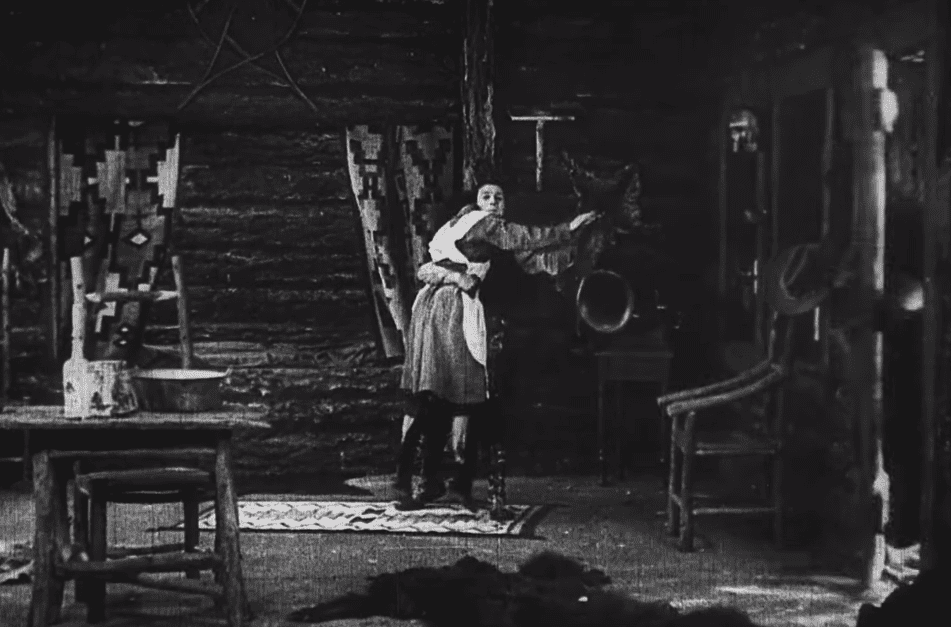 The Frozen North,First National Pictures
The Frozen North,First National Pictures
45. Here Comes the Bribe
Soon, things went from bad to worse. Paramount producer Adolph Zukor called up San Francisco district attorney Matthew Brady, looking to cut a deal. Zukor could lose millions if Arbuckle went to jail, and was willing to pay almost that much to keep him out. The selectively principled Brady was outraged and charged Zukor with attempted bribery.
46. Fatty on Trial
The first trial was set up for November of 1921. Public opinion toward Arbuckle was so negative that when his estranged-but-supportive wife arrived at the courthouse, someone in the crowd tried to shoot her.
47. The Defense Rests
The prosecution’s case was less than solid. Fatty Arbuckle was, by every account, a kind-hearted and gentle person. Multiple guests at the party also testified that he had never been alone with Rappe. Doctors found no evidence of a non-consensual encounter and testified that Rappe had been struggling with bladder problems for some time.
Delmont had even sent a telegram to a friend in Los Angeles stating “We have Roscoe in a hole here, chance to make some money out of him.”
48. Nice Guys Finish Last
The defense took a major blow when a doctor’s testimony that Rappe told him Arbuckle had not attacked her was dismissed as hearsay. Arbuckle did himself no favors, either: while Virginia Rappe had a reputation as a hard-drinking party girl, Arbuckle urged his lawyers not to drag the young woman’s name through the mud.
Despite the vast evidence on Fatty Arbuckle’s side, the jury failed to agree on a verdict, and a retrial was ordered for January 1922.
49. Conflict of Interest
The jury was split 10-2 in favor of acquitting Arbuckle. The dissent was led by Helen Hubbard, who swore she would vote to convict “until hell freezes over,” and refused to read transcripts or look at exhibits. A shocking secret was later revealed: Hubbard’s husband was a lawyer who had frequent dealings with the prosecution.
50. Trials and Tribulations
A second trial was ordered for 1922, but once again the jury was unable to reach a unanimous decision. Whatever relief a second hung jury might have brought Arbuckle was tempered by some heartbreaking news. Arbuckle’s friend, Paramount director William Desmond Taylor, had been murdered the night before.
51. Third Time’s a Charm
The defense pulled no punches for the third trial in March 1922. Not only was Rappe’s party-girl reputation brought up, but Buster Keaton was brought to the stand as a character witness. Then Zey Prevon, the prosecution’s main witness, recanted his testimony, saying he was pressured to lie by San Francisco DA Matthew Brady.
It took the jury just six minutes to acquit the movie star. After the verdict was delivered, the chairman of the jury read a formal apology to Arbuckle, declaring “Acquittal is not enough for Mr. Arbuckle.” Arbuckle had the apology framed and hung in his home.
52. Breaking the Bank
By the time the smoke had cleared, Arbuckle owed the equivalent of $10.5 million in legal fees, plus a $500 fine for violating prohibition laws. Arbuckle was forced to sell his house and his cars to cover the costs.
53. Outcasted
Though Arbuckle had been officially declared innocent, the Motion Picture Producers and Distributors of America dealt him a heartbreaking blow. They barred Arbuckle from ever working in movies again. The ban was eventually lifted, but theater owners and movie producers alike were reluctant to show any new Arbuckle movies for fear of accusations of immorality.
Though he struggled on for many more years, Arbuckle never managed to get out from the shadow of that horrible night. Arbuckle proved to the world that Hollywood's funniest, most charming stars could still have demons. That's something the debonair Maurice Chevalier knew as well...
54. He Had A Difficult Beginning
Chevalier’s problems went all the way back to the beginning. Born Maurice Auguste in 1888 to a painter dad and lacemaker mom, he was the youngest of three sons. For Chevalier, it was pain and misery right from the start. His dad had a drinking problem and abandoned the family when he was just eight. The boys had to rely on their mother to care for them, which she tried her best to do—until a devastating development.
55. He Saw Some Troubling Times
When Chevalier turned ten, his world turned upside down yet again. His capable, caring mom had to spend some nights in the hospital because her stress level was off the charts. Although his eldest brother Charles tried to shoulder some responsibility, he soon gave up on his brothers. He got married and moved out, free of the hassle of their struggling family. This left young Chevalier with very few options.
56. He Followed His Heart
Although his mom was back from the hospital, it was clear to young Maurice and his brother Paul that they’d have to pitch in, else she end up right back where she started. Paul started working at a factory, and Chevalier dropped out of school before his 11th birthday to become an acrobat. He was pretty good at it too, but he couldn’t live his dream because of a terrible incident.
57. He Tried To Chip In
No one here is arguing that acrobat is the safest career choice. Chevalier injured himself so badly that he had to give up on his dream. He took this disappointment in his stride, though, and tried several other odd jobs to pitch in for the household expenses. He worked as a carpenter, electrician’s apprentice, printer, and doll painter until he finally found steady work at a mattress factory. Oh, the glamour!
Sadly though, his daydreaming resulted in a machine crushing his finger. The little guy just couldn't catch break! What was he supposed to do now? His body was broken, but he still had one asset: His voice. Well, kind of...
58. He Focused On Something New
There wasn’t much Chevalier could do with his broken finger, so he decided to offer his singing services at a cafe close to home. The owner agreed, although he was skeptical about hiring a 12-year-old singer. He may have had a point, because Chevalier sang off-key throughout his performance, much to the audience’s amusement and his own chagrin.
Completely discouraged, young Maurice made it home to vow never to perform again. But then his mom and brother intervened.
59. He Refused To Give Up
Bolstered by his family’s confidence in his abilities, Chevalier worked on controlling his nerves and perfecting an act for his audience. He returned to the cafe to perform, calling his act "Little Chevalier, Miniature Comic." He filled his show with lewd gestures and language. It delighted the general music-hall crowd, but wasn’t a hit with the more fashionable gentry.
Still, it gave Chevalier a taste of success. There was no stopping him now.
60. He Mixed Personal With Professional
Chevalier collaborated successfully with several other performers in his career, but those collaborations often benefited him alone. His first association was with Fréhel, the biggest French star of her time. She helped Chevalier become a bigger name than he was, but after two years of sharing the limelight with her, our man Maurice decided he needed to move on.
There may however be a darker reason why he left her.
61. He Picked Up Some Bad Habits
Maybe there was more to the Fréhel-Chevalier story than met the eye. She was notoriously fond of drink and drugs, and he claimed he became addicted to coke while he was with her. So did he leave her because he wanted to distance himself from these temptations—or was it because he spotted someone fairer on the horizon? Why not both?
62. He Changed “Mentors”
Chevalier became smitten with another famous French performer on the Parisian stage: Mistinguett. And, to his disbelief, she had the eyes for him as well. Fréhel who? While Mistinguett realized that the handsome young man, ten years her junior, didn’t have a strong voice or dancing skills to write home about, he bowled her over with his charm.
Just like that, one of the most beautiful and scandalous women in Paris took him under her wing. He was in for quite a ride.
63. He Learned New Skills
Since our young Chevalier was “a great, shy, unsophisticated lad,” Mistinguett had to work with him on his mannerisms and stage etiquette. This meant rigorous dance training, which required them to “leap on top of tables...somersault and cartwheel across the stage” and ended with them diving at each other and rolling up in a carpet together on the floor. But this act was secretly much more sordid than the audience realized.
Much to Chevalier’s initial surprise and eventual delight, Mistinguett wanted to give him an...erm, well-rounded education. As such, while on stage, he often found her hand wrapped firmly around a “sensitive part of his anatomy” as they lay together in the end, hidden under the carpet.
64. He Made It
While their fans couldn’t see some of their personal “activities” (probably for the best), Chevalier's love affair with Mistinguett was very public and very passionate. Mistinguett’s patronage and insistence on partnering only with Chevalier ensured that his career took off in a big way. But unfortunately for him, he did not get to enjoy the taste of success for too long.
65. He Met Someone Special
After a harrowing stint as a POW during WWI, Chevalier made it back home and got his career started in earnest. But it wasn't an easy path. Although he managed to land some hits in the US, the work soon dried up. He returned to Paris feeling quite disgruntled. He started working on a French revue in the meanwhile, and during auditions for dancers, he met someone whose presence would make him forget his woes. Yvonne Vallée was “petite, dark, and shy,” but she danced for herself, not for others.
Chevalier was so taken by her that he announced she’d be his own dance partner. Of course, it wouldn’t take long for her to progress from “dance partner” to something a little more...intimate.
66. He Settled Down For A Bit
It was only a matter of time before Chevalier, completely smitten, proposed to the gorgeous young Yvonne Vallée. They wanted a quiet wedding the next year, but the paparazzi found out about it and spoiled that plan. The couple were together for eight years, during which time Vallée often performed with her husband. Unfortunately, that wasn’t enough to make the marriage work.
They filed for divorce, citing incompatibility as the reason they couldn’t stay together. But compared to what was coming nest, divorce was a breeze...
67. He Married Again
His first marriage may not have ended well, but that didn’t mean Chevalier had given up on the institution. He married dancer Nita Raya in 1937. But life had a funny way of throwing curveballs at Maurice Chevalier. Not long after the honeymoon period, the newlyweds came to a sickening realization.
68. He Had To Step Up
Chevalier had a problem: His new wife and her family were Jewish. The Germans had started invading France, so, for their safety, he moved with them and some Jewish friends to the South—the unoccupied zone of France. He may have also sheltered Mitty Goldin, who owned the famous ABC theater in Paris.
Unfortunately though, being in the free zone didn’t mean the Germans would leave him completely alone.
69. He Made Some Concessions
Even the Germans were Chevalier fans. They wanted him to play for them in Berlin, but he refused. He kept citing poor health as a reason for why he couldn’t perform, but the Germans hated the word "No" as much as he did. Soon, they began making chilling threats against his wife and her family. He knew then that he couldn’t refuse for too long, so eventually, he agreed to perform for them. In a twisted irony, his performance took place right where he'd been a POW himself all those years before. But he didn’t agree without getting something out of it himself.
He insisted that if he performed, the Germans would have to release ten French POWs. They agreed, and while this news should have made him a hero, it didn’t. As a matter of fact, the complete opposite happened.
70. He Was Branded A Traitor
The media twisted Chevalier’s visit to the German camp as an act of treachery. They made it sound like he’d been performing everywhere in Germany, and didn’t care about those affected by the war. Our man Maurice knew he was a marked man. The Germans could use his family against him, and the French Resistance fighters believed he was the enemy.
Though his intentions had been good, these rumors chased him for the rest of his life.
71. He Was Lonely
Chevalier split with his second wife around ten years after their wedding. He met another woman, Janie Michels, a young divorcee with three children, a few years later, but that affair didn’t last too long either. So when he wasn’t working, or fooling around with chorus girls, his was a pretty lonely existence. It may have contributed in part to why he worked for as long as he did—and why he ended up making some bad choices.
72. He Retired
Chevalier spent the 60s touring the United States, Europe, and Latin America. He worked in several Hollywood films, including Can-Can with Frank Sinatra. He announced his farewell tour and his retirement in 1968. However, two years later, he agreed to sing the title song of the Disney film The Aristocats. This would be his final contribution to the industry.
The next time Chevalier made the news, it was an incredibly disturbing story.
73. He Was Prone To Melancholy
In March 1971, Chevalier tried to end his own life. He’d suffered from depression on and off in various stages of his career and in an extreme episode overdosed on barbiturates to end it all. Although he survived, the action had a lot of adverse effects on his health. Unfortunately, things would never be the same for him again.
74. His Story Ended Suddenly
In the wake of his suicide attempt, Chevalier spent months battling with liver damage, kidney failure, episodes of memory loss, and constant fatigue. It was only a matter of time, now. His body stopped responding to dialysis and doctors tried kidney surgery as a last-ditch effort to save him. He passed due to a cardiac arrest in January 1972.
Bet you never realized the guy who sang "Be Our Guest" had it so rough! So why don't we move on to comedy legend Milton Berle, whose life was chilling for VERY different reasons.
75. He Knew At An Early Age
Mendel Berlinger was born in 1908 and grew up on W. 118th Street in Harlem. His parents were as far from show business as they could be: His father sold paint and his mother was a store detective. Berlinger didn’t like the sound of his name so, at the tender age of 16, he changed it to a more show biz-friendly moniker: Milton Berle.
Like a fortune-teller, he somehow knew that fame was in his future.
76. He Didn’t Keep Time
Berle soon found himself on Broadway in Florodora. In the show, he was performing a dance number in a line with a group of boys and keeping perfect timing with the other members. But Berle’s mother had an outrageous idea. She told Berle to purposefully keep one of his feet out of step with the other kids on stage. The audience went crazy with laughter and the producers, instead of blowing their top, asked him to do it every night.
Milton Berle made people laugh, and they rewarded him for it. He'd never stop from that day on.
77. He Grew Up Fast
Being a preteen amongst Vaudeville performers was a highly irregular upbringing. Sure his mom was there to protect him, but those Vaudevillians were a pretty rough bunch. Berle’s rites of passage weren’t like other kids. They were a whole lot more scandalous. In fact, he claims to have lost his virginity at the tender age of 12—and with a chorus girl no less.
78. He Quite Literally Stole The Show
While Berle was raking in the laughs—and presumably the bucks—his fellow comedians started to notice something odd about his act. Some of his gags seemed a little familiar. In fact, what they noticed was that Berle was blatantly taking jokes and comic gags from other comedians. This resulted in a not-so-kind nickname for Berle.
79. He Got Called Out
Berle was quite up front about borrowing jokes from other comedians. However, this didn’t stop newspaper columnist Walter Winchell from penning Berle’s nickname: the “Thief of Bad Gags.” Berle didn’t dispute it. In fact, he once said, after watching a rival comedian's act: “I laughed so hard I nearly dropped my pencil.” Well, Berle wouldn't be laughing for long.
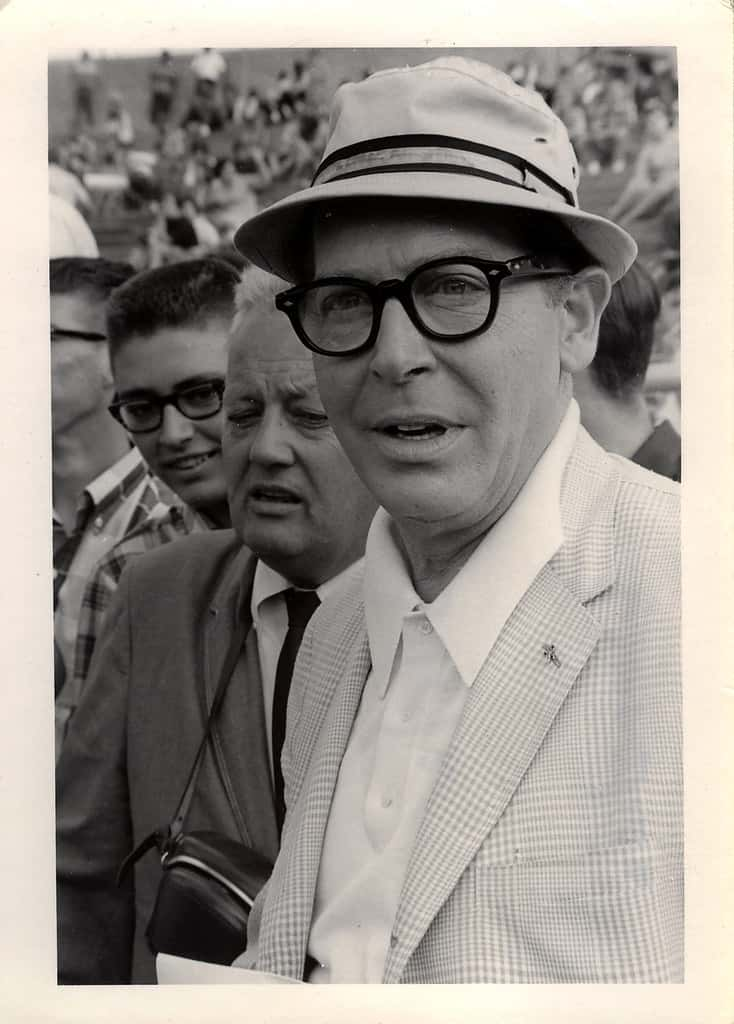 Flickr
Flickr
80. He Messed With The Wrong Fella
One night, Berle’s act brought on a rather serious situation. He was doing standup and began teasing a man in the audience—something often done by comedians. Berle, however, didn’t know that the recipient of his insults was the last person he should’ve been making fun of: a known gangster. Later that night, Berle received something more serious than an insult—he got eight stitches. The gangster had stuck a fork in Berle...twice.
81. He Got A Shock
While Berle wasn't busy stealing jokes or getting forked, he still had plenty of other seedy pastimes. He claims to have had an affair with an aspiring actress whom he only mentioned by the pseudonym Linda Smith. Apparently, a while after their liaison, Berle was looking at a newspaper and he had a start—Smith was in the newspaper holding a baby. Berle assumed the child was his, but never bothered to meet him. Maybe this was what inspired Berle to do what he did next.
82. He Did Double Time
Berle finally decided to settle down, and the 1940s saw him getting married...twice. In 1941 he married Joyce Matthews, a showgirl. I know what you're thinking: A marriage between a shady comic and a showgirl, what could go wrong? Apparently, a lot. The two divorced in 1947, but don't worry: Two years later, Berle was walking down the aisle again—with the same woman!
They evidently wanted to give it one more chance. Looks like it wasn't worth it, though. They “re-divorced” in 1950.
83. He Got Forgotten
Berle alleges that between his two marriages to Matthews, he was a busy man. One star he says that kept him very busy was Marilyn Monroe. A few years later, Berle co-starred with Monroe in 1960’s Let’s Make Love. Berle tried to start things up again, but Monroe said she had literally no memory of being with Berle. Yikes.
84. He Defrocked A Saint
As you'll see, Berle claims to have slept with many women. Some were more shocking than others. Aimee Semple McPherson, AKA Sister Aimee, was a Canadian Pentecostal Evangelist who had a soft spot for Hollywood. After allegedly faking her own kidnapping, all kinds of accusations against her came out—including an affair with Berle.
Of course, the source of the rumor was Berle himself, but what did Sister Aimee have to say about it? She adamantly denied it.
85. It Wasn’t Just The Secret That Was Big
There was one secret about Berle that explained why he was so lucky with the ladies: The countless stories about how well endowed he was. In fact, when a stranger challenged him to a bet of whose was larger, a friend of Berle’s famously said: “Go on, Milton, just take out enough to win." Apparently, you had to see it to believe it—but that was true about Berle too.
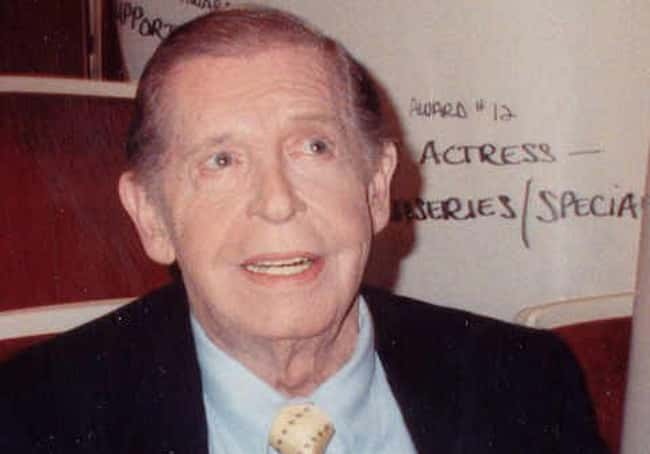 Wikipedia
Wikipedia
86. He Influenced An Industry
Back in the late 1940s, television was still in its infancy and many Americans didn’t even own a set. But when Berle started hosting the Texaco Star Theater variety show in 1948, suddenly Americans wanted to own a TV. It was, in fact, this same year when American TV ownership reached a milestone: one million homes had them—the figure had literally doubled. Was this because of Berle? Evidence would suggest so.
87. He Owned Tuesday Evenings
Not only did Berle’s Texas Star Theater increase the number of TVs in America, it also made making plans for a Tuesday night near impossible. Of course, this was well before VCRs, DVR, and streaming services: If you weren’t home on Tuesday at 8 pm to watch Milton Berle, you didn’t get to see it, period. So yeah, Milton Berle was kind of a big deal—but his popularity was even more insane than you realize.
88. He Canceled A Day
Eventually, Americans became so addicted to Tuesday nights with Milton Berle that he boasted an incredible 97% Nielsen rating. This huge proportion of audiences sitting in front of their TV sets caused theaters, restaurants, and other businesses to do something drastic: They closed their doors during Berle’s show. Audiences' loyalty to Berle’s show even solved a mystery at the Detroit Water Commission.
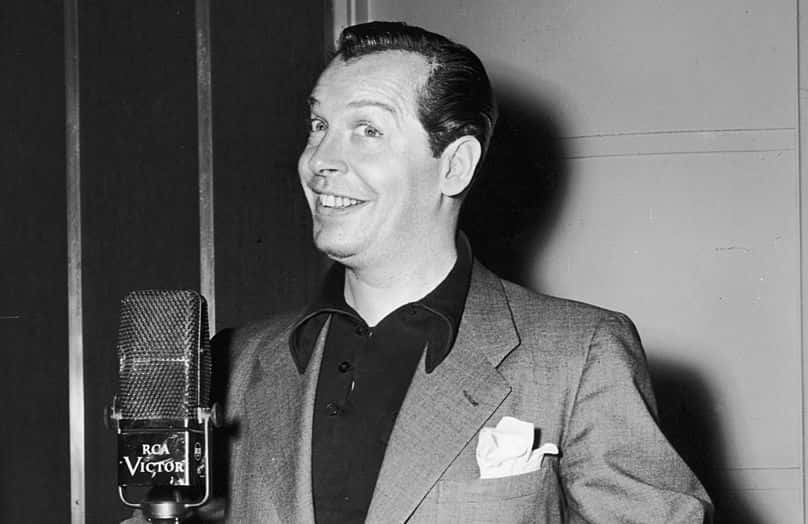 Getty Images
Getty Images
89. He Solved a Mystery
The Detroit Water Commission had a puzzle: Why were water levels dropping drastically on Tuesdays between 9:00 and 9:05 pm? What was happening during this five-minute span? It turned out that Americans were putting off that visit to the washroom until Uncle Miltie had finished his show—and then all went at the same time. When you're affecting Detroit's water supply, you know you've hit the big time.
But anyone who's made it this far knows that fame can have a dark side...
90. He Had A Plant
Berle had an underhanded method for making all his jokes bring the house down. In the live tapings of The Texas Star Theater, audience members started to notice a particular laugh: Some said it was piercing, others called it roof shaking. Whatever it was, it seemed to make the whole audience join in. The truth behind the laugh, however, was very close to home: The laugher was his mother Sarah.
But Sarah Berle didn't just bring laughter to her son's shows. She was starting to have a much darker influence on his life.
91. She Couldn’t Stop Him
Berle’s mother wasn’t only meddling in Berle’s on stage performance, she seemed to have a rather firm hold on his love life as well. Berle blamed her for his two divorces to Mathews, but somehow he got the courage to marry again. This time it was publicist and actor Ruth Cosgrove. It would only be a matter of time to see what Mrs. Berle would do with this one.
In the meantime, Berle had a special medicine to help him deal with his interfering mother.
92. He Pushed Drugs
Before the 1970s record consumption of Valium, there was a little something called Miltown. Miltown was a tranquilizer and Berle was a big user. Such a big user that he began to promote its use on his TV show. Due mostly to Berle’s popularity, in 1956, one in twenty Americans was using it. Berle’s promotion of the drug even earned yet another nickname: Uncle Miltown.
Clearly, Milton Berle was in trouble—but he hadn't hit rock bottom yet.
93. He Went Head To Head
By 1956, Berle’s variety show had had two name changes, a sponsor change, and was generally seen as coming to its natural end. But rival station CBS wanted to make that happen sooner. To do this, it scheduled a show featuring Berle’s buddy and regular co-performer, Phil Silvers. It was the nail in the coffin. The Milton Berle Show called it quits at the end of the 1955-56 season.
It should have been a chance for a fresh start—but Berle just kept spiraling to rock bottom.
94. He Went Live On Saturday Night
After a long stretch of so-so guest appearances, Berle got a huge invite: Saturday Night Live. Berle was 71 years old at the time, so this meant a bridge between Berle’s old school Vaudeville-inspired comedy and the new hip humor of the 1970s. So, how did it go? Let’s just say that the bridge, instead of spanning a gap, crashed and burned.
95. He Took Over
Berle didn’t get that his role on SNL was more guest and less dictator. He had tons of ideas and didn’t take too kindly to producer Lorne Michaels’ objections. He was downright condescending to Michaels, who probably already had a pretty firm handle on what worked on his hugely popular show. From there, things got really weird.
96. He Let It All Hang Out
Alan Zweibel, one of the writers on SNL, was a big fan of Berle’s and was thrilled to be working with him. The two were talking in a dressing room one day, and Zweibel mentioned the rumors of how well endowed Berle was. Berle shocked Zweibel by opening up his robe and proving that the rumors were true. It was at that inopportune moment that SNL regular Gilda Radner walked into the room. Oops.
97. He Went Back In Time
Saturday Night Live was introducing Americans to a new and hipper brand of humor. But when Berle got on stage for his opening monologue, he turned back the clock. His jokes came from a different era: He made fun of Puerto Ricans, gay men, and even Dolly Parton’s physique. This was bad enough, but what he did at the end of his monologue got him suspended for life.
98. He Planted An Audience
Berle ended his SNL monologue with a heartfelt speech about his career in show business. That was bad enough, but what Berle had done beforehand was to load the audience with supporters. When Berle finished his speech, his planted members stood up for a heartfelt standing ovation. The SNL audience members not in on the plant embarrassingly stayed in their seats.
To say Lorne Michaels wasn’t amused is a huge understatement.
99. He Made A Bad List
After Berle's disastrous turn on SNL, producer Lorne Michaels banned him from ever hosting again. Michaels also refused to let NBC air Berle's episode, as it wasn't good for the show’s reputation. Throughout his career, Berle has earned plenty of accolades and made plenty of lists, but this is one he'd rather not be on: Michaels always remembered him as one of the worst hosts in SNL's history. Still not as bad as Steven Seagal though.
 Flickr
Flickr
100. He Revitalized
In 1985, when he was 77 years old, Berle had quadruple bypass heart surgery. Instead of slowing him down, the surgery seemed to revitalize his career. He followed the operation with gigs in Atlantic City and Las Vegas, and a 1988 made-for-TV movie called Side By Side with comedy legend Sid Caesar. Maybe not surprisingly, the comedic movie was about old guys revitalizing their careers.
Unfortunately, Berle was about to learn the hard way that show business wasn't what it used to be...
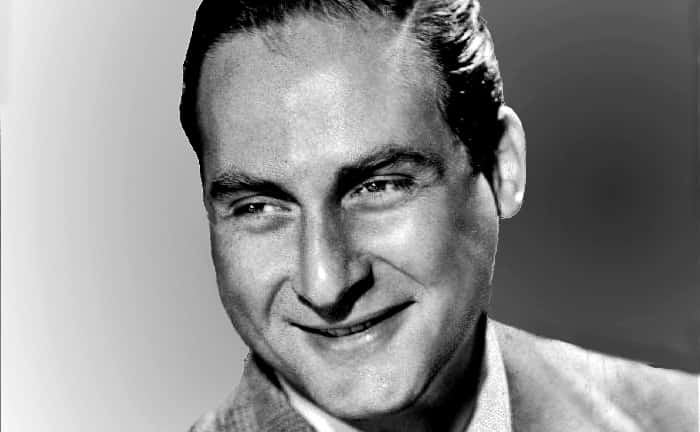 Wikipedia
Wikipedia
101. He Returned To Radio
Not long after the surgery, Berle got back behind the microphone on Howard Stern’s radio show. Stern always wanted to shock both his audience and his guests, so he planned to relentlessly hit Berle with question after question about a certain part of his anatomy: The one often compared to a python. Stern didn’t seem to be able to let go of the topic.
When they started taking callers, Berle probably heaved a sigh of relief. Little did he know, Stern had a little "surprise" for him.
102. They Asked About His Member
A regular part of the Howard Stern Radio Show was the questions from callers—and it often got pretty heated. Stern had a secret plan to make the episode even more extreme. Stern told his producer to only air callers who had something to ask about Berle’s member. Berle took it in good fun, but there was nothing fun about what happened next.
103. RuPaul Destroyed Him
Just because Berle married someone young, didn’t mean he fit in with young people. During the 1993 MTV Video Music Awards, Berle appeared with drag queen extraordinaire RuPaul. Berle made a comment about how he used to wear dresses too and RuPaul dryly replied that sure Berle had worn dresses, but now he was in diapers. Berle wasn’t about to let this one go.
104. He Wasn’t Very PC
Berle followed up to RuPaul’s insult wasn’t pretty. He groped RuPaul’s breasts, and then went ahead and ran wild with his use of pronouns, calling RuPaul a she-he. When they were ready to leave the stage, Berle tried to grab RuPaul’s elbow in order to walk off together. RuPaul was having none of that and swiped her elbow away.
Honestly, that ended about as well as it could have.
 Wikimedia.Commons
Wikimedia.Commons
105. He Was A Lousy Father
In 1999, Berle’s adopted son wrote a tell-all memoir about him called My Father, My Uncle. In it, William Berle seems intent on rattling off a rather long list of grievances—mostly that his father lacked involvement in his life. But he did go into specifics on one story—and it was pretty disturbing. William shared the story of his father paying for his first intimate experience with a woman—so I guess he showed a little interest in his son’s life.
106. He Went Mum
William aired his displeasure with his father in his memoir—but he was just getting started. He seemed to enjoy poking fun at his father as he aged, calling him “a pathetic has-been.” He even described the layers of makeup Berle hid behind as he got older. And what was Berle’s response to this memoir? He resolved to never speak to his son again as long as he lived—which wouldn’t be that long.
107. He Made An Announcement
In 2001, Berle made a sad announcement. He said that doctors had found a malignant tumor in his colon. Apparently, the tumor was growing so slowly that Berle refused to have surgery. His wife, who clearly wasn’t a doctor, said that the tumor wouldn’t impact Berle’s life for another 10 to 12 years. Boy, did she get that wrong. Berle passed almost one year to the day later.
Throughout his entire, controversial life, Milton Berle never really learned when to shut up. He should have taken a note from Harpo Marx, the silent Marx Brother.
108. He Had A Horrible Childhood
As a child, Harpo lived through a nightmare. Although his enormous family—including his brothers Groucho and Chico—were loving, they were also dirt poor in turn-of-the-century New York. Indeed, his domineering mother Minnie forced them to start scraping together pennies from almost the moment they could talk. The thing is, she did this in a VERY strange way.
109. His Mother Shoved Him Into Performing
While we now know that child stardom is a curse, Minnie Marx sure didn’t think so. She organized a singing quartet act with the rest of her sons...but they were missing their fourth singer. Desperate, Minnie recruited the young Harpo to come up on stage at the eleventh hour, pushing the shy boy into the spotlight. This went more horribly than anyone could have predicted.
110. He Had A Haunting Embarrassing Moment
When Harpo hit the stage that day, he immediately realized he had made a mortifying mistake. Still unused to performing, he was so nervous that, in front of his family and the entire crowd, he wet his pants in the middle of the performance. Unfortunately, Harpo soon discovered that this was only the beginning of his ordeals.
111. He Was Bullied Horribly
Harpo’s school life was somehow worse than his stage debut. When he was in the second grade, he faced relentless torment due to his Jewish ethnicity—and things took a dangerous turn. According to Harpo, his tormentors loved throwing him out the window of their second-story classroom whenever their teacher left. This would have devastating consequences.
112. He Had A Second-Grade Education
When his classroom woes became more and more frequent, Harpo eventually had enough. After yet another time where his enemies threw him out the window, the young boy simply walked home rather than returning to class. In fact, he never returned, and Harpo had no formal education whatsoever past the second grade. Yeah, this wasn’t a good thing.
113. He Was A Mobster
After quitting school, Marx began a harrowing chapter in his life. He became a juvenile delinquent, roaming the streets of New York for hours a day, swiping whatever odds and ends he could get his hands on, and making both friends and enemies with members of various street gangs. He even played piano in a cat house during this time. But one way or another, destiny came for him.
114. He Was Eerily Silent
Early on, Harpo developed one distinguishing feature as the Marx Brothers grew more and more popular: He never talked. For the most part, his film career relied on sight gags, especially Harpo pulling extremely unlikely objects from his nearly ever-present overcoat. As we’ll see, there was a particular reason for his silence, but it sure worked. Within a few years, the Marx Brothers were the talk of Hollywood...and Harpo took full advantage.
115. He Was An Infamous Bachelor
With the Marx Brothers’ comedy routine taking off, Harpo became one of the most notorious bachelors in 1930s Hollywood. One story from this time is legendary: He ended up busting into a costume party at Marion Davies’ house, while the starlet was still the mistress of tycoon William Randolph Hearst. And before long, Harpo’s reputation went from naughty to infamous.
116. He Gate-Crashed A Star's Party
For whatever reason, when he got ready for the party Harpo decided to dress up as Kaiser Wilhelm II, the former German Emperor and one of the most hated villains of WWI. Somehow, though, Harpo outdid even the Kaiser. Apparently bereft of any real friends at the bash, Harpo had to hitchhike home, and after taking a wrong turn, the authorities detained him for vagrancy, breaking and entering, and supposedly even impersonating Kaiser Wilhelm.
Harpo was definitely acting out, but there was a disturbing reason for this.
117. He Had A Long-Lost Love
Even today, few people know that Harpo remained single for so long in Hollywood because of one incredibly heartbreaking and traumatic experience in his youth. Shortly after arriving in Tinseltown, Harpo started dating a woman he came to deeply care for, and he even planned on proposing to her. But before he could do anything, tragedy struck.
118. He Suffered An Unbelievable Tragedy
The very day before Harpo was going to ask for the woman’s hand, he received devastating news. His lover had lost her life in a plane crash, and he would never see her again. The loss affected him for years to come, keeping him at arm's length from any serious relationships for a good while after. But as for the not-so-serious ones, all bets were off.
119. He Used Women Shamelessly
Not even Harpo’s famous silence on screen could stop him from charming the skirts off of women. At one point, he was even dating fellow comedian Fanny Brice, the woman who inspired Funny Girl, “because he felt she would be entertaining, and he loved to be entertained.” Plus, you know, he didn’t want to think about his dead girlfriend. Yet like every Hollywood hotshot, Harpo had a wandering eye.
120. He Had A Fateful Dinner Party
One evening, Harpo was attending a classic Hollywood party at producer Samuel Goldwyn’s house, with Fanny Brice on his arm. Little did he know, his life was about to change. His other seatmate was the starlet Susan Fleming, a former saucy Ziegfield girl and a currently reluctant actress who hated making films. Fleming had her eye on Harpo—and more than that, she had a secret weapon.
121. He Had A Clingy Girlfriend
Susan Fleming didn’t just have a crush on Harpo, she had a whole obsession. After all, Fleming had no use for her film career, and she spent the next four years chasing after Harpo with an intensity and single-mindedness that would probably make anyone take a step back, let alone a man still on the rebound from his corpse bride.
But even though Harpo could have no doubt of Fleming’s affections, she still made a shocking grand gesture.
122. He Rejected His Lover
Fleming was so certain Harpo Marx was the man for her, she was actually the one to propose to him, an action that polite society considered near unthinkable for a woman at the time. But she was in for a cruel surprise. Although Harpo still wanted to keep up his relationship with her, the wounded man turned Fleming down. Did this let-down stop her? Not at all. She just turned the dial up to 11.
123. His Girlfriend Pushed Him Down The Aisle
When Harpo turned down Fleming’s offer of marriage the first time, the actress really proved her mettle...uh, if that’s what you want to call it. Undeterred, Fleming got down on one knee again some time later, and received yet another brutal rebuff. Finally, she asked him an incredible third time and, perhaps worn down at last, Harpo finally accepted. Only, Fleming may not have known what she was getting into.
124. He Had A Secret Wedding
Maybe Harpo was still a little uncertain about Fleming, because he married her in complete secret. Sure, this might have been because the pair were notoriously camera shy—except for just one glaring thing. Harpo didn’t even tell his brothers it was happening until after the fact. Ouch. And when the truth did come out, it was scandalous.
125. The President Ratted Him Out
As it happened, people found out about Harpo’s top-secret nuptials almost right after they happened, and they found out from a shocking source. None other than President Franklin Roosevelt heard about the event from a mutual friend, and inadvertently leaked the secret by publicly sending Marx a congratulatory telegram. What a dummy, right?
126. He Finally Spoke
Marx spent his entire career going to great lengths to never speak in public. But one night, all that changed. It was the evening he publicly announced his retirement during a 1963 live show. When the audience learned they were witnessing a legend’s final appearance, the entire mood of the room altered. Then, for the first time in his adult life, Harpo agreed to give a public speech...but, uh, maybe he shouldn’t have.
127. He Gave An Awkward Goodbye
In the end, Harpo spent several minutes reflecting on his career and his feelings about moving on, while the stunned crowd took in every word. The host Allan Sherman reportedly burst into tears when Marx confirmed that he truly was calling it quits, but Harpo didn’t stop there, interrupting Sherman when he tried to speak and generally just yammering on a bit.
As comedian Steve Allen joked about the speech: “Harpo wouldn’t shut up!” But hey, he earned it.
128. His Marriage Miraculously Lasted
Despite being a Hollywood marriage, Marx and Susan Fleming shared a long, happy life together. More than that, he and Fleming adored raising their large family. Harpo once quipped that when it came to children, he wanted, "So many that whenever we go out, there can be one in every window, waving to us." So when Harpo did finally pass, he went out in an incredibly fitting way.
129. He Had Impeccable Timing
On September 28, 1964, Harpo passed at the ripe old age of 75, leaving behind his wife Susan Fleming, his four children, and his beloved Marx Brothers. However, there was something special about this day. Always good with timing, comedic or otherwise, Harpo actually croaked on the very day of his 28th wedding anniversary with Fleming, which must have been a bittersweet event for the widow. But when his funeral came around, it was a full-on tearjerker.
130. He Ruined His Brother
As one of the elder Marx brothers, Harpo was also one of the first of his siblings to go, and the news particularly devastated his brother Groucho. Later on, Groucho’s son Arthur Marx recalled that Harpo’s funeral was one of the first and only times he had ever seen his father cry. Then again, that was good old Harpo; he’d make you laugh until you cried.
131. He Didn't Talk For A Reason
Harpo is best-known as the Marx Brother who never talks, but few people know the reason why. According to some, it’s because when they were first starting out in Vaudeville, the brothers had a stomach-dropping realization: Harpo had intense difficulty memorizing lines. Rather than trying to fix this shortcoming, they decided to simply make his character mute and have his comedy focus on pantomime. However, there may be a much different explanation.
132. He Was Insecure
Another story suggests that Harpo may have lapsed into silence in his film career not so much out of a canny choice, but rather because of a scathing review that he took to heart. After seeing him in one performance playing his usual foolish character, one critic noted that Harpo only achieved the effect he was going for “until he spoke.” The comedian fell silent from then on.

